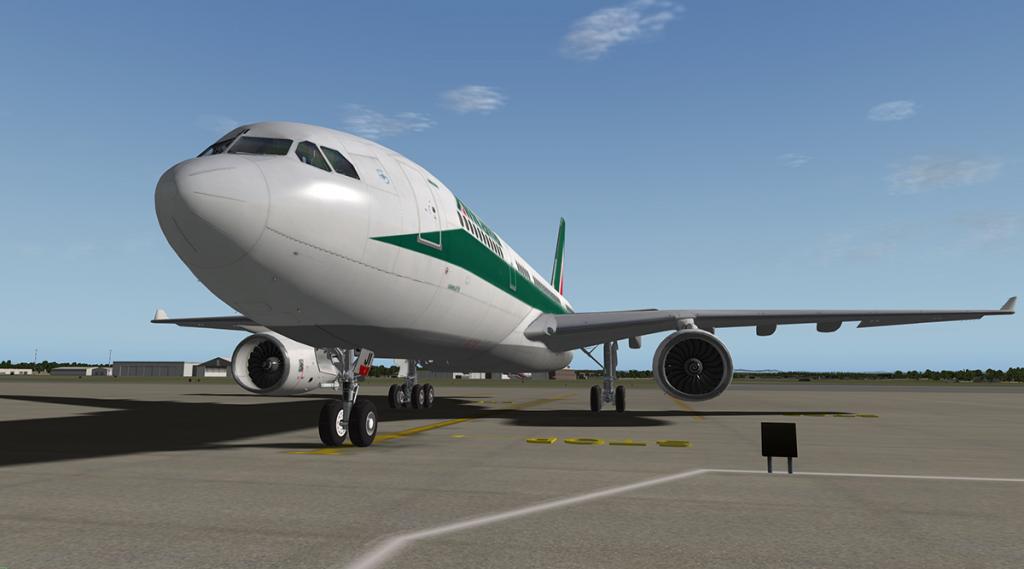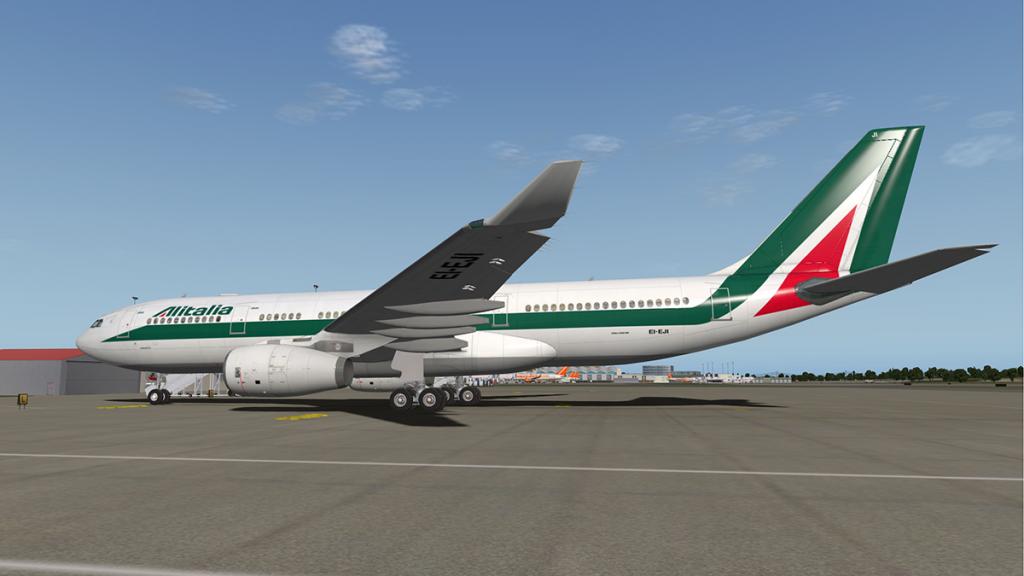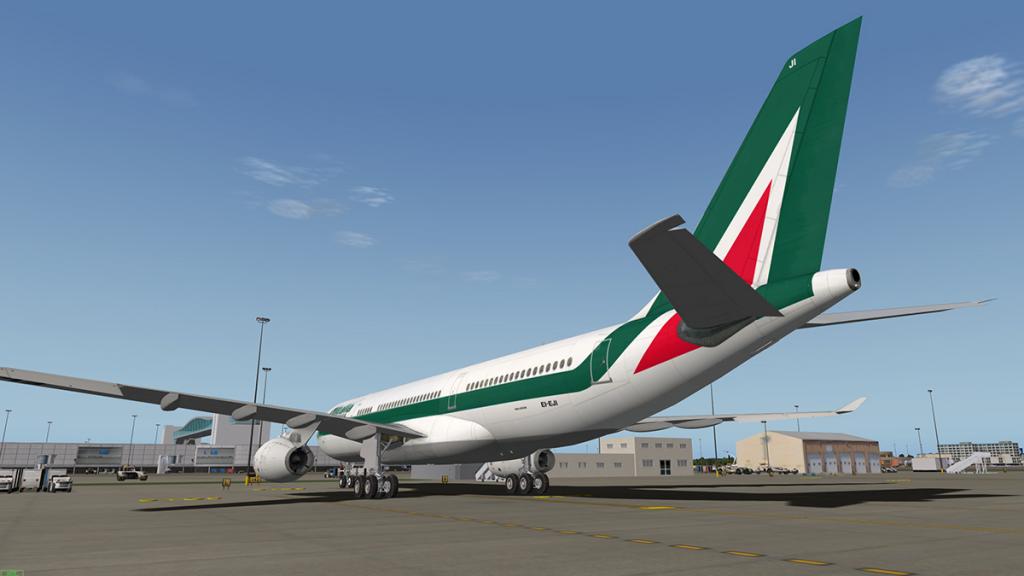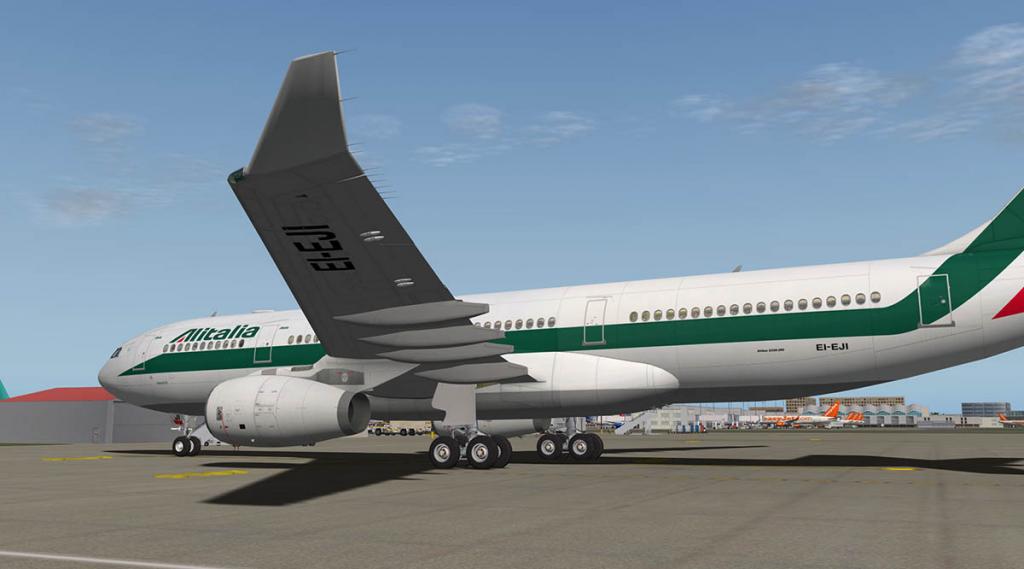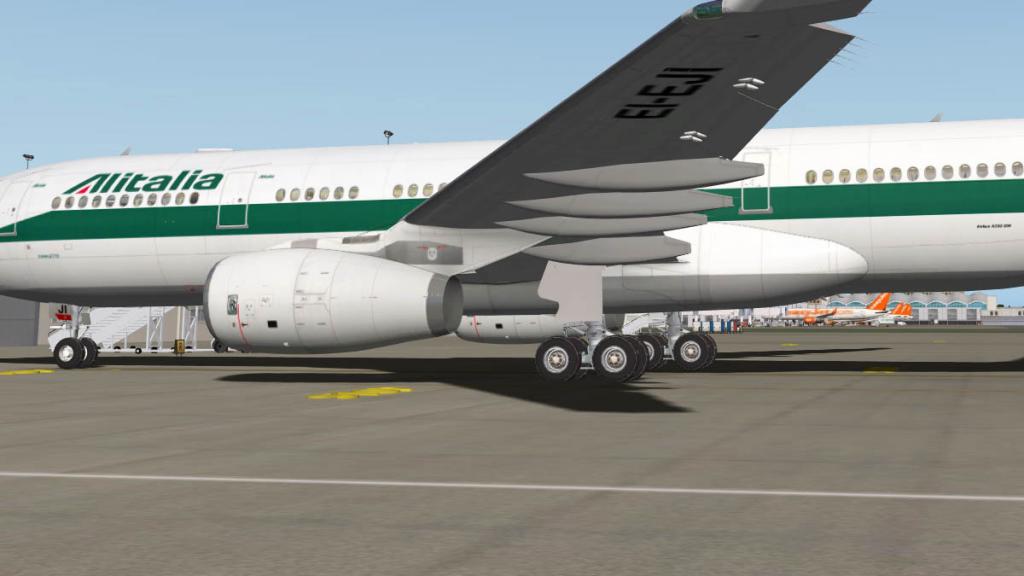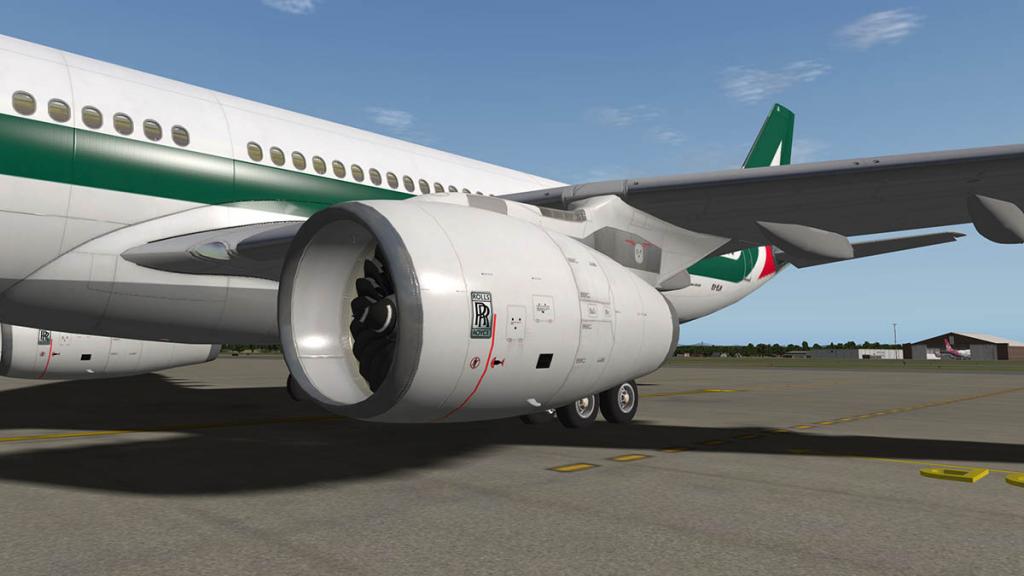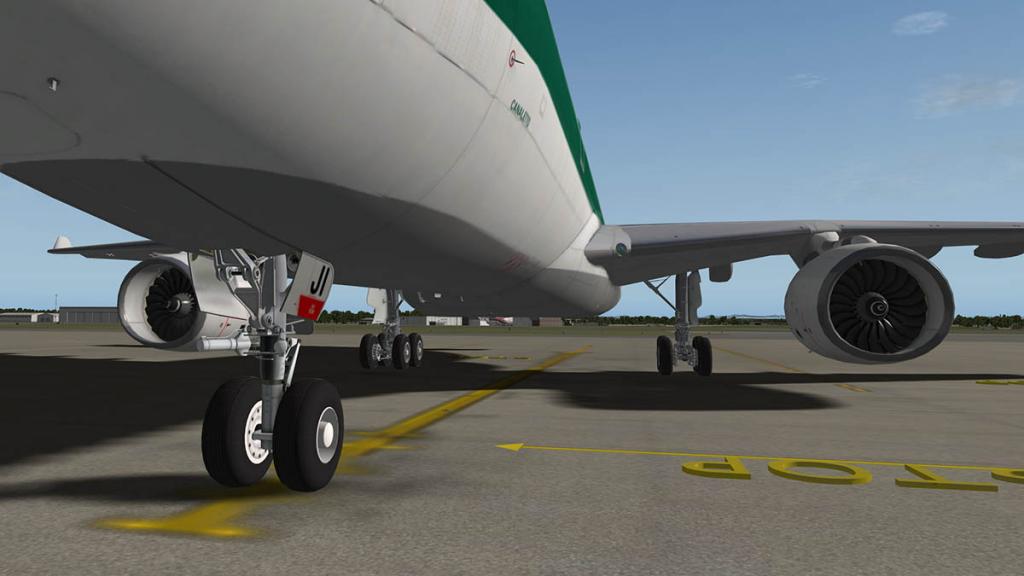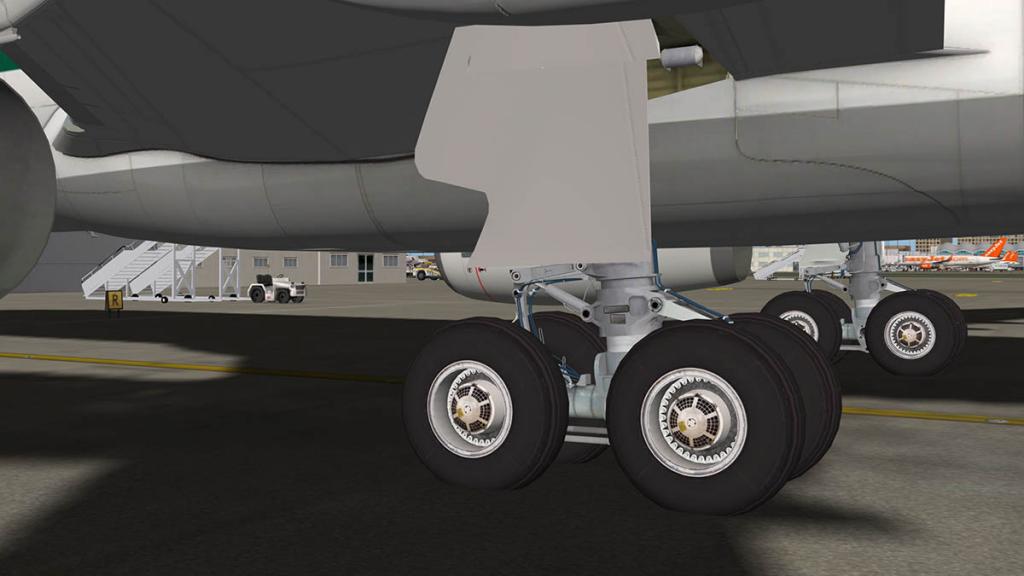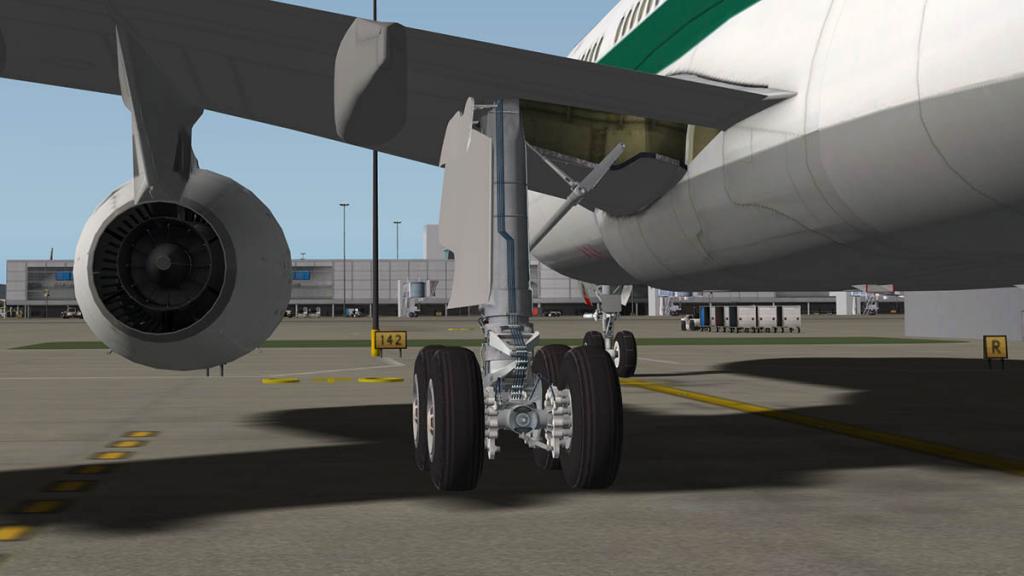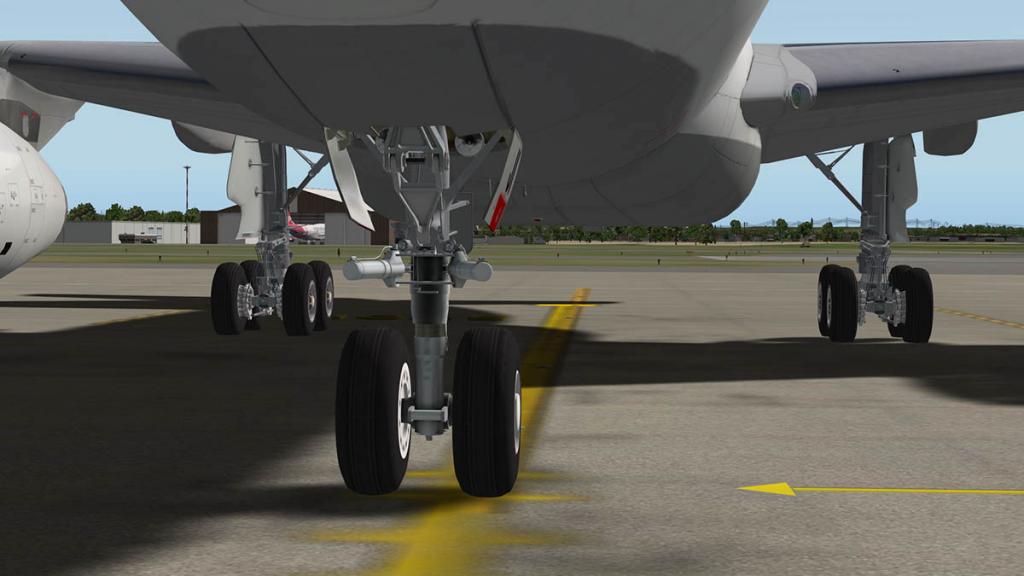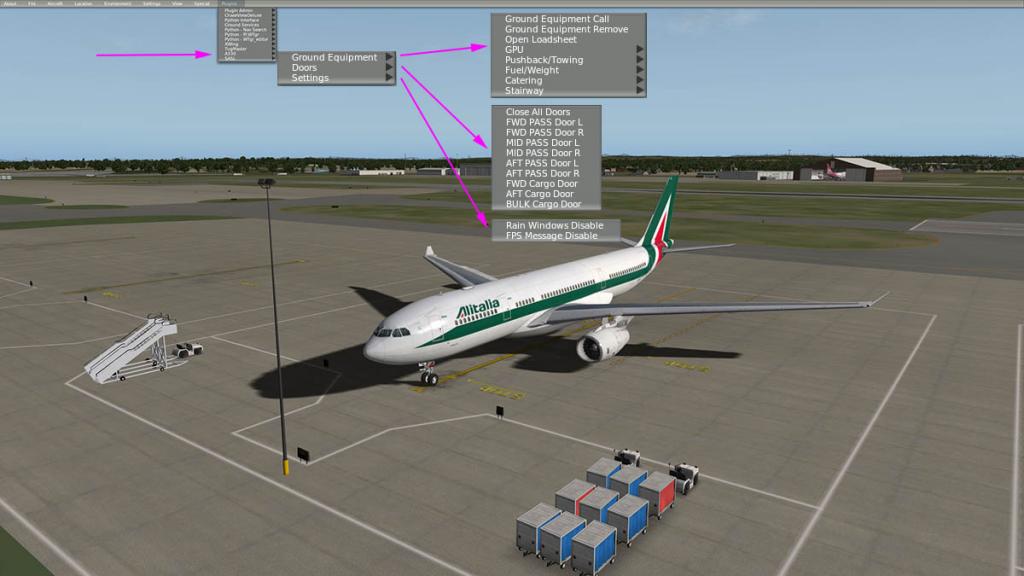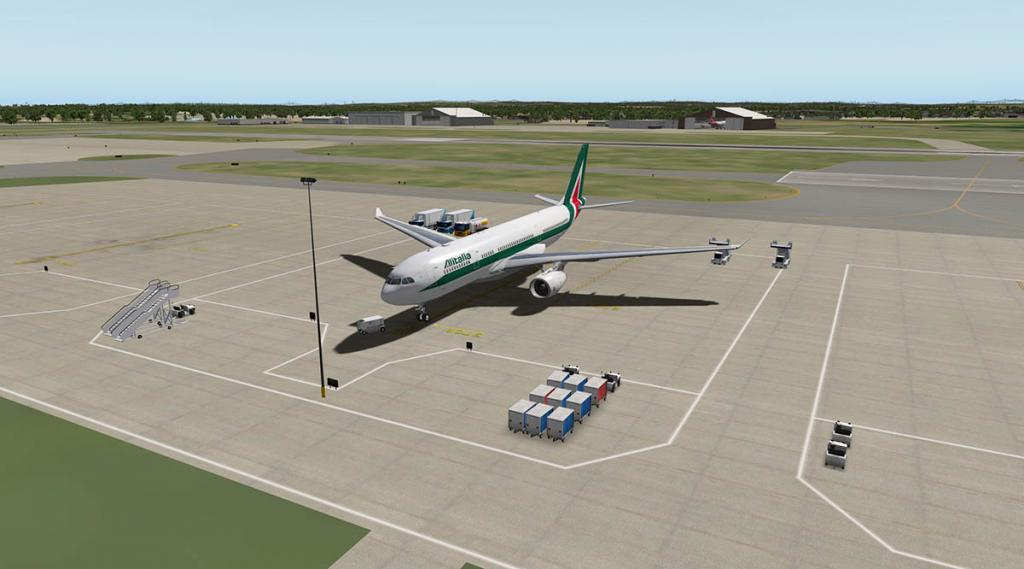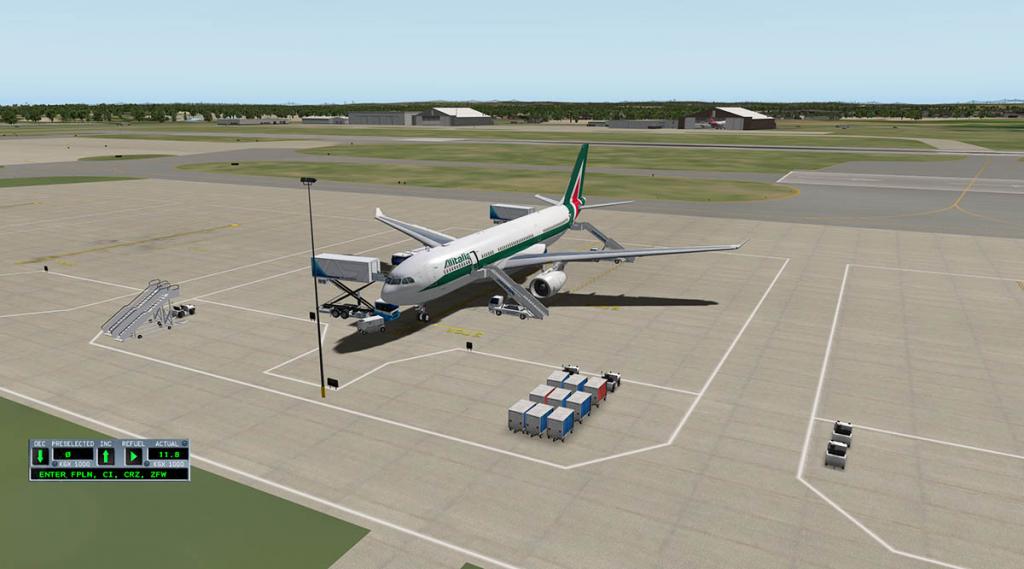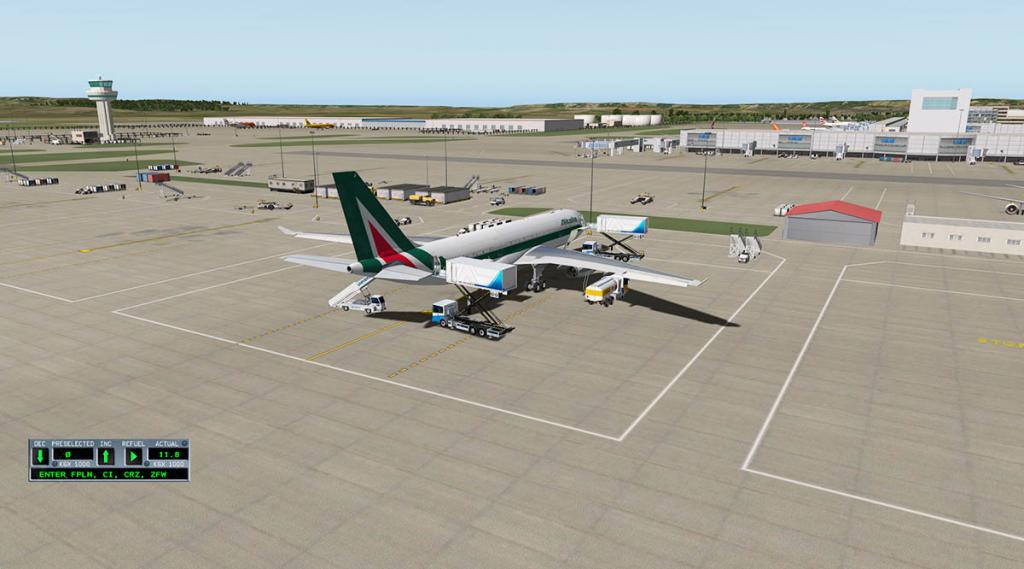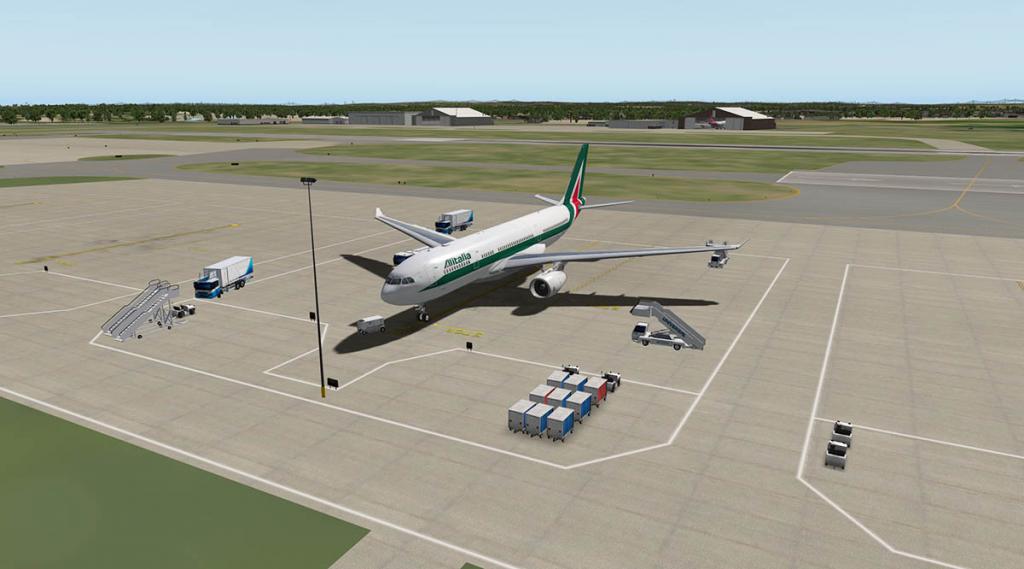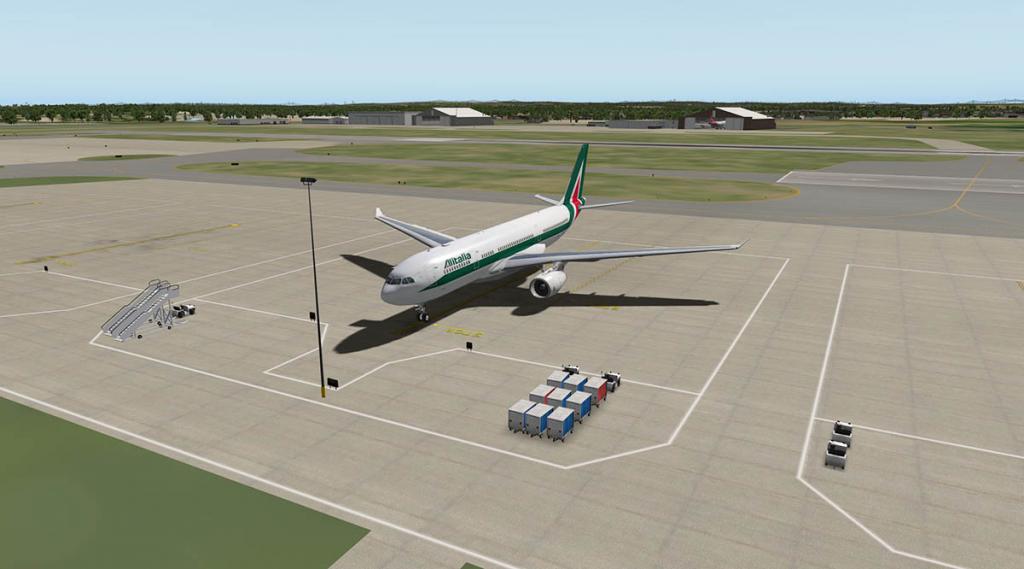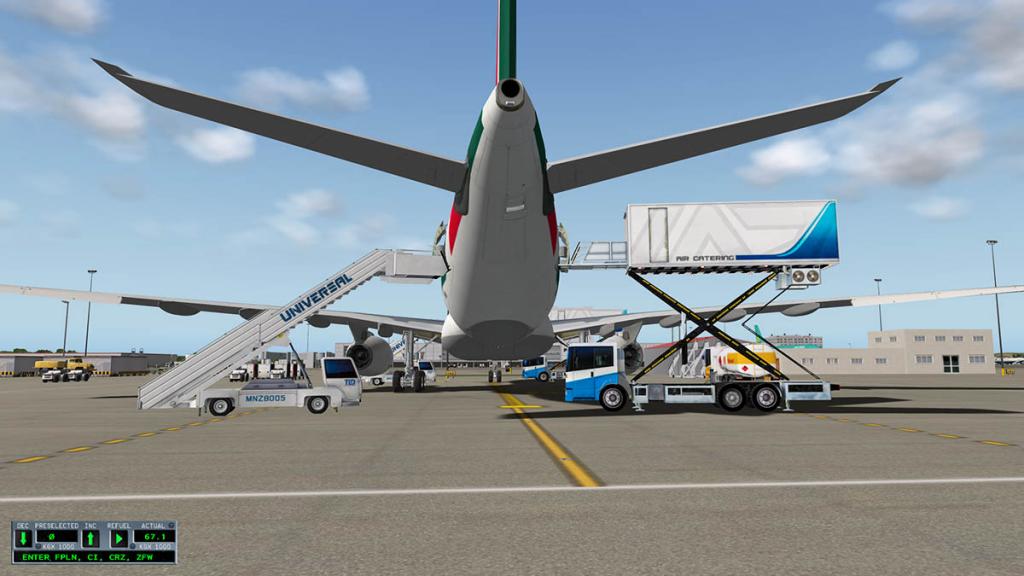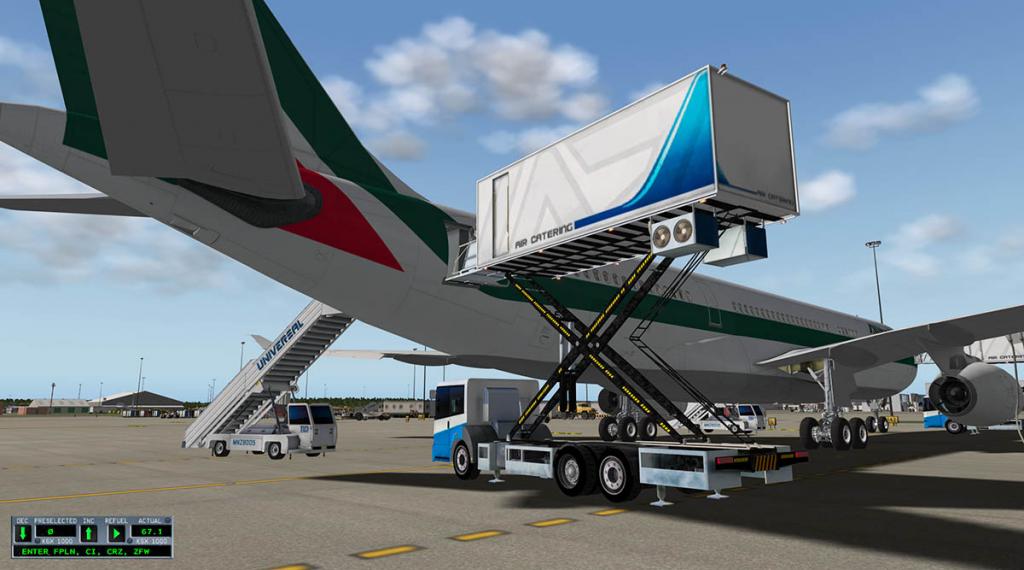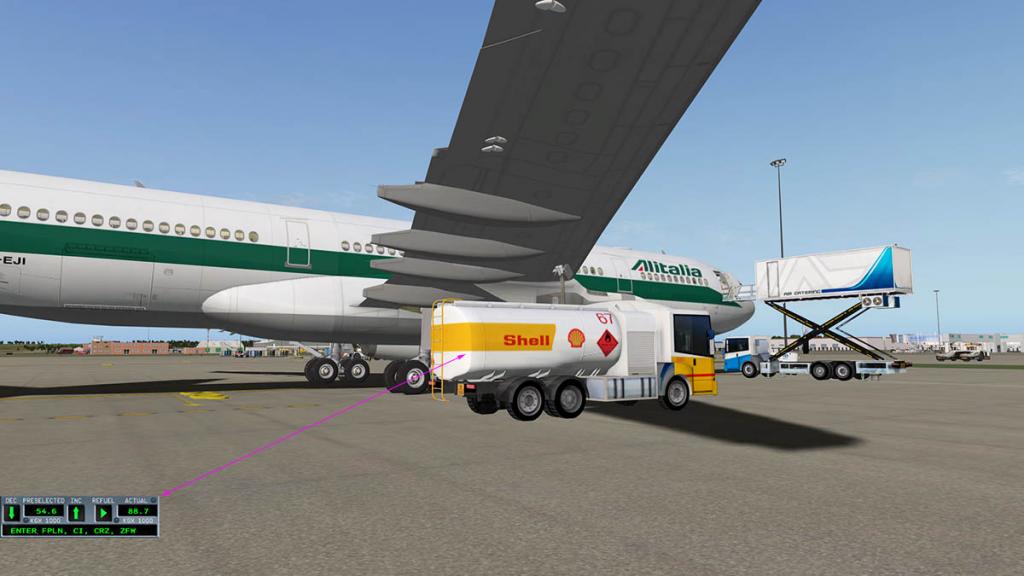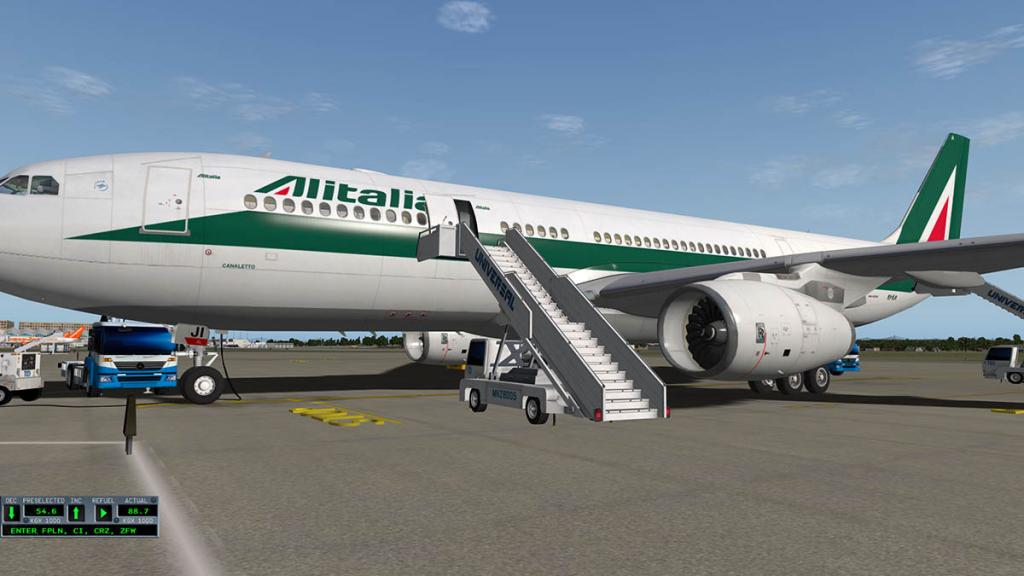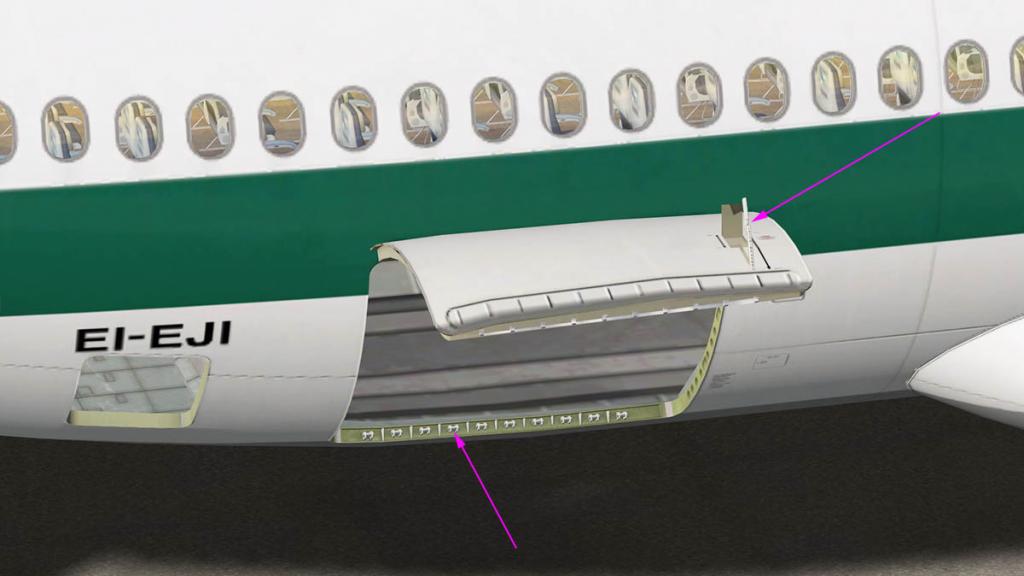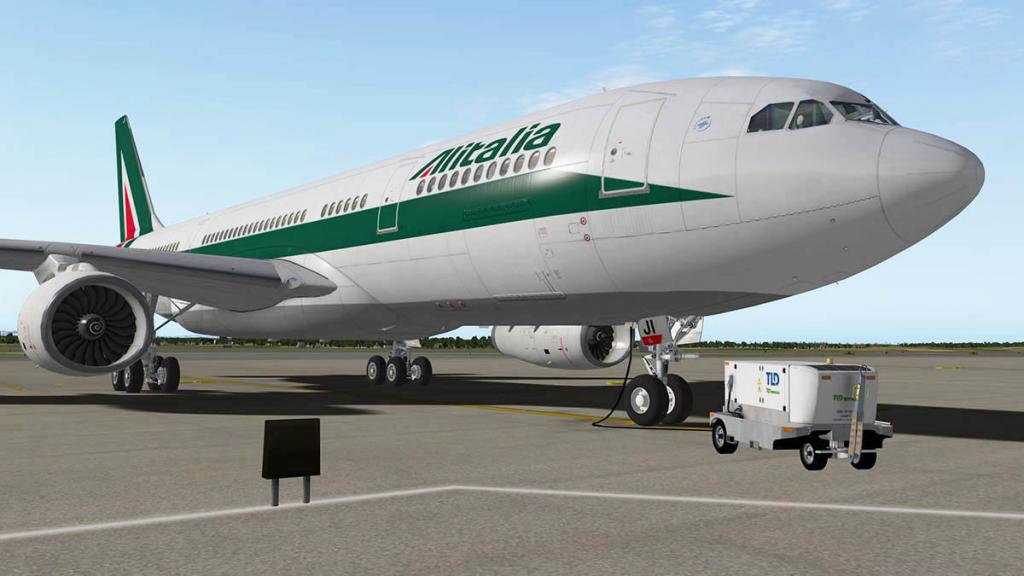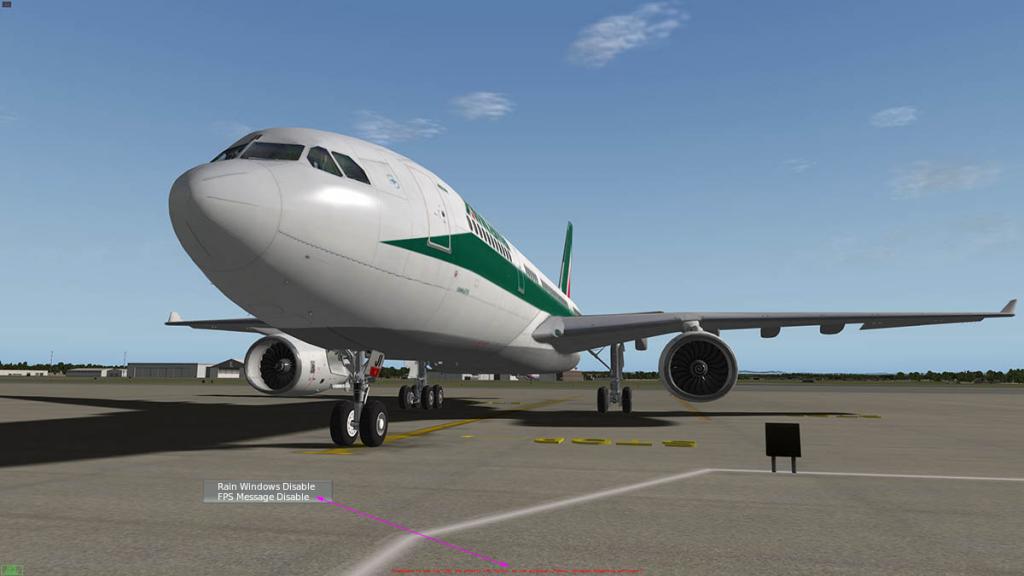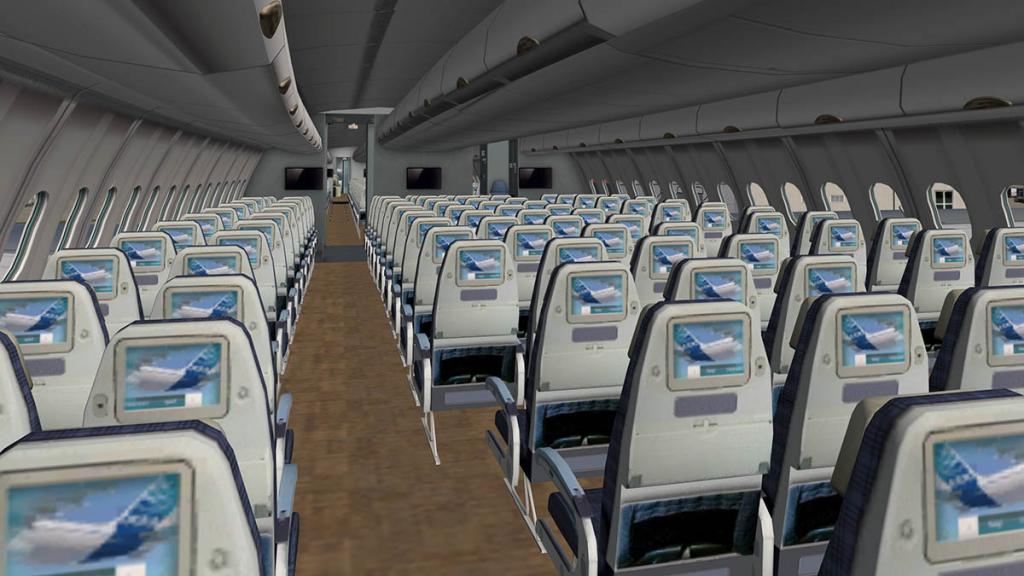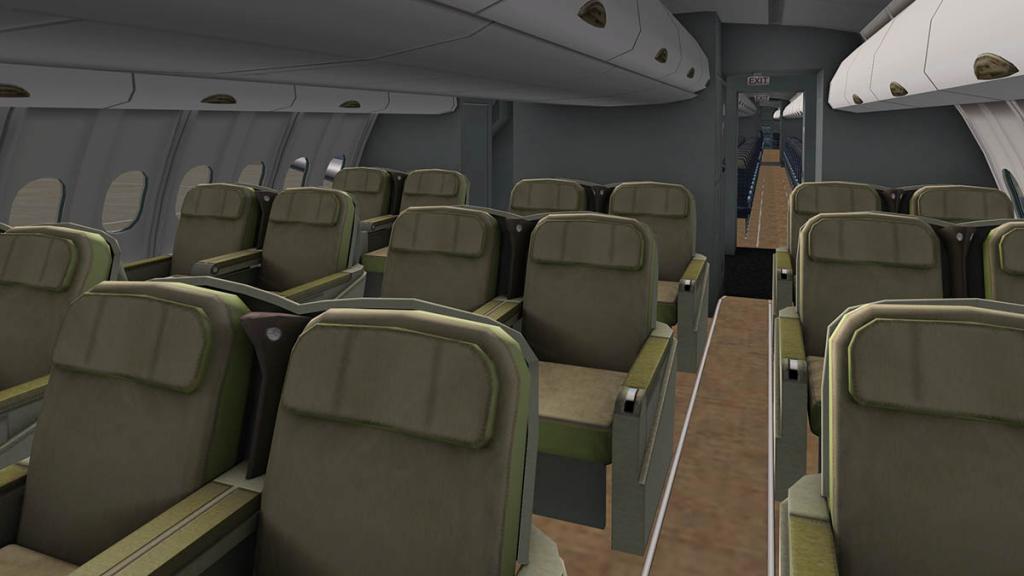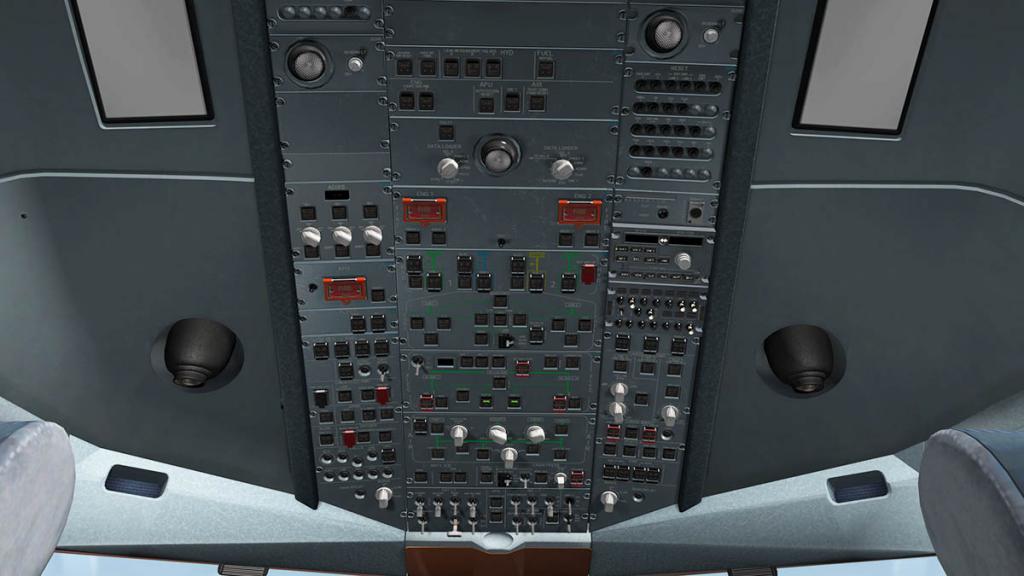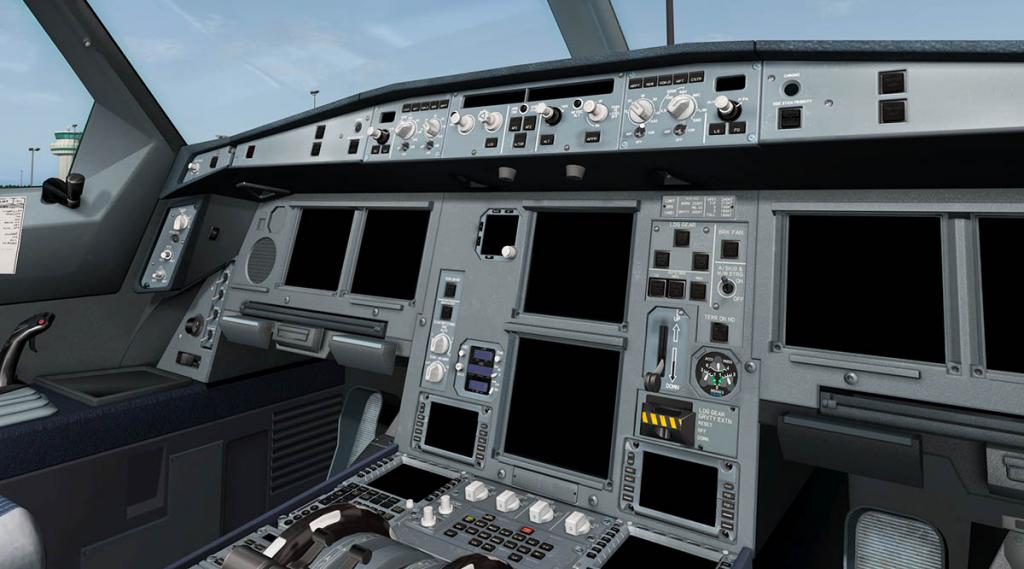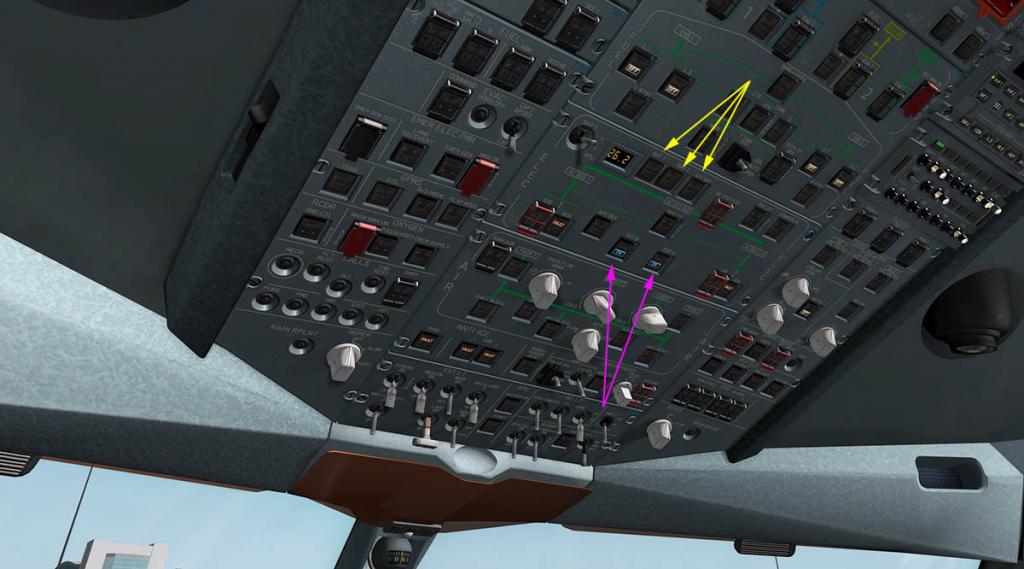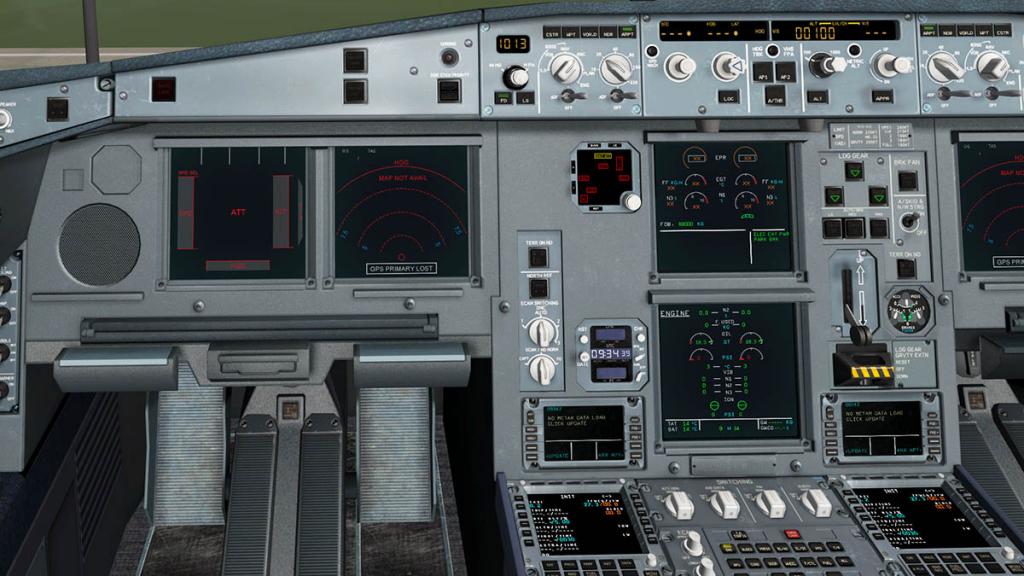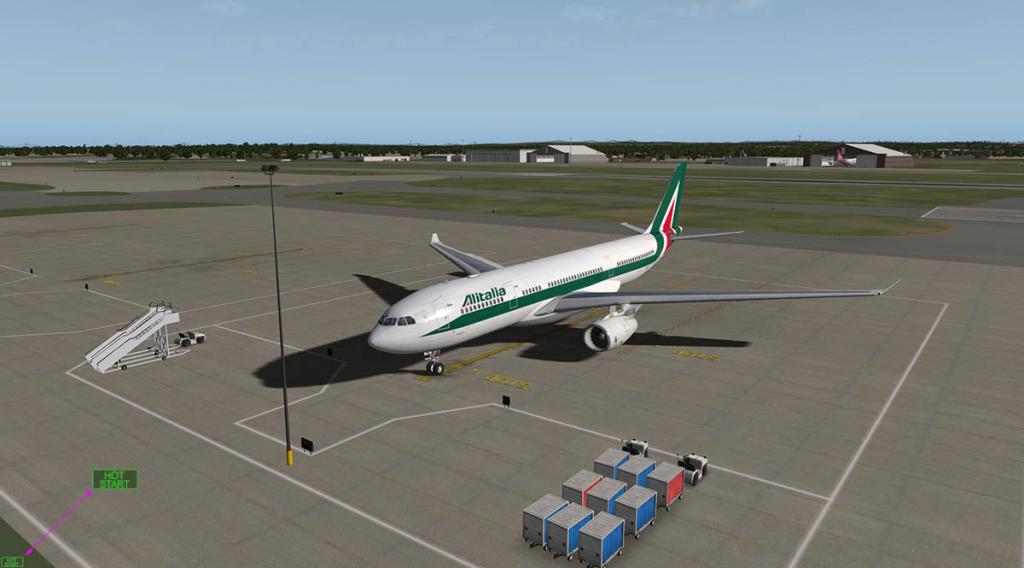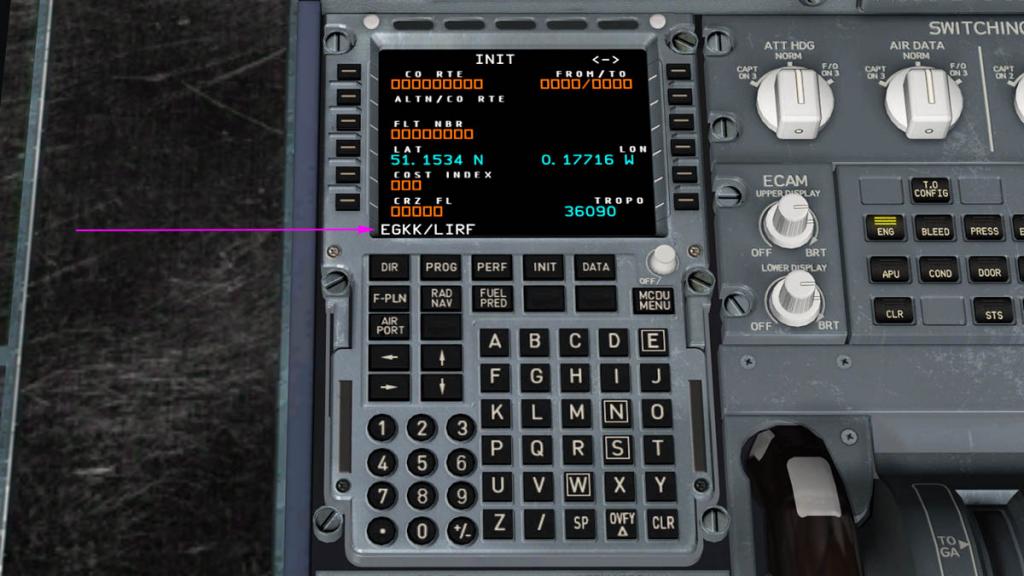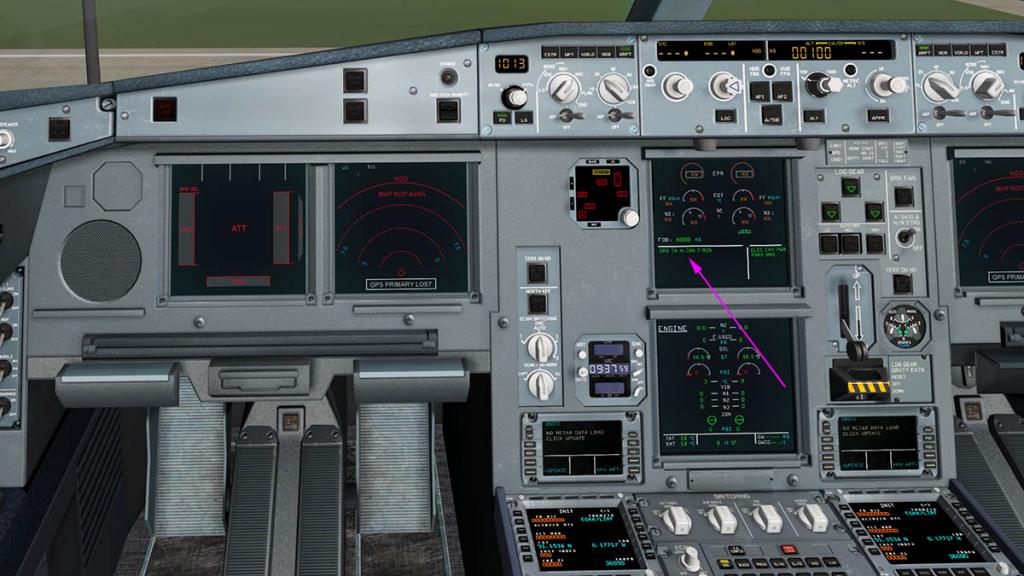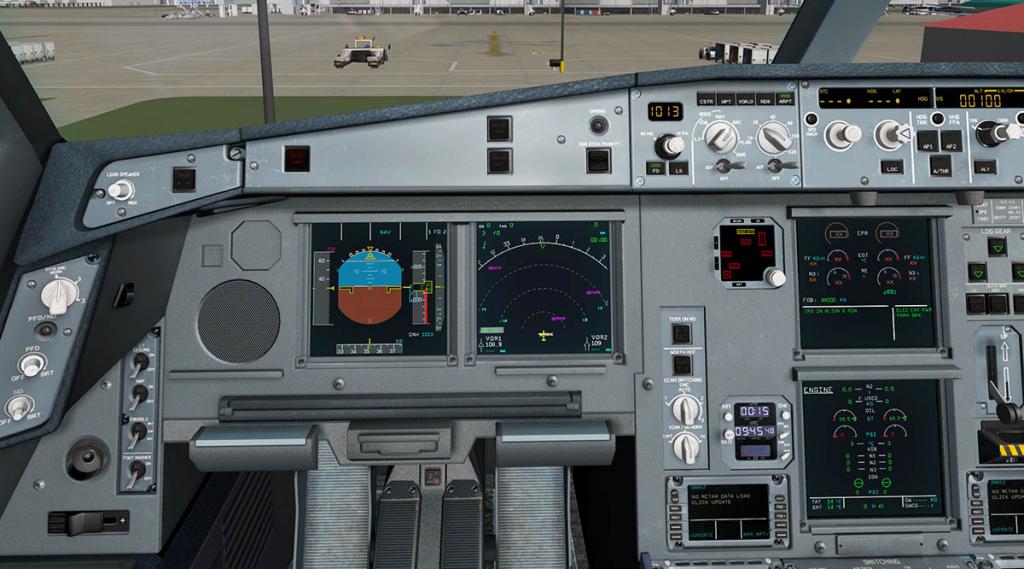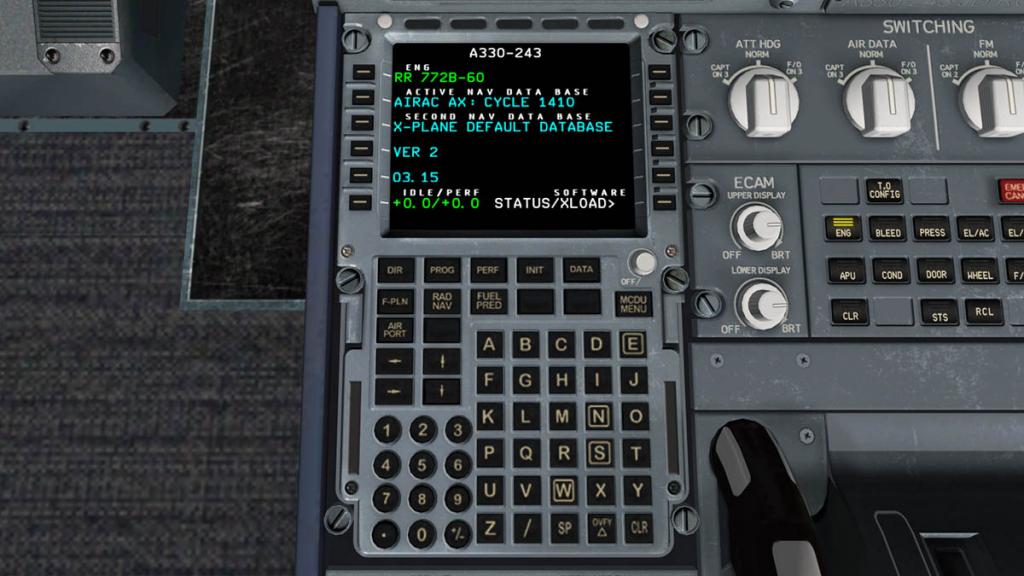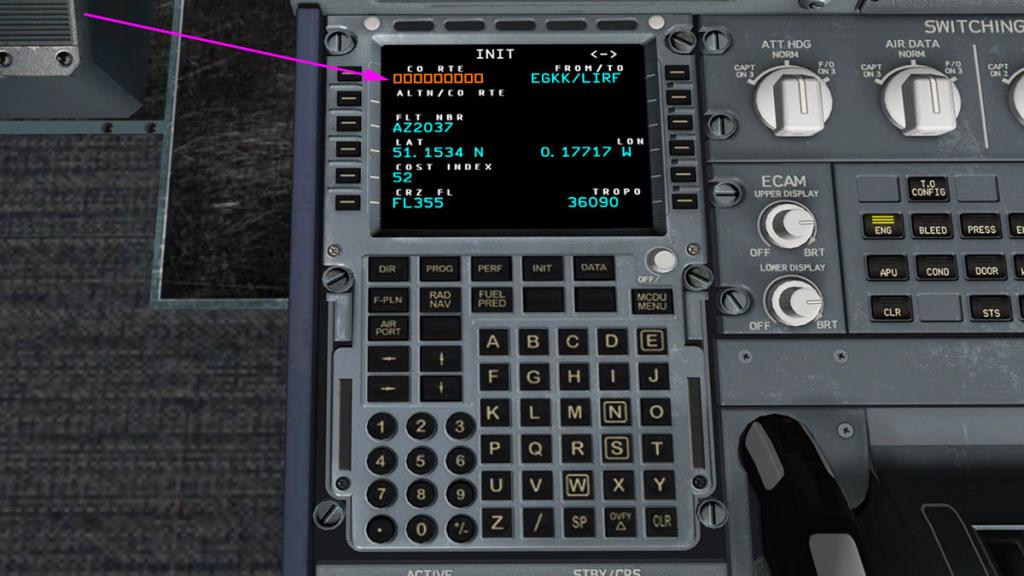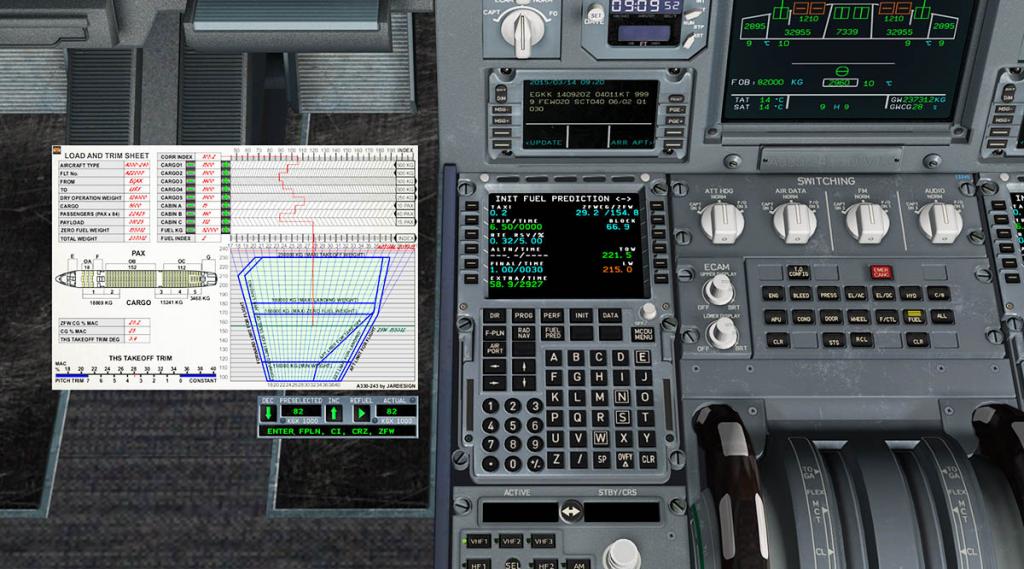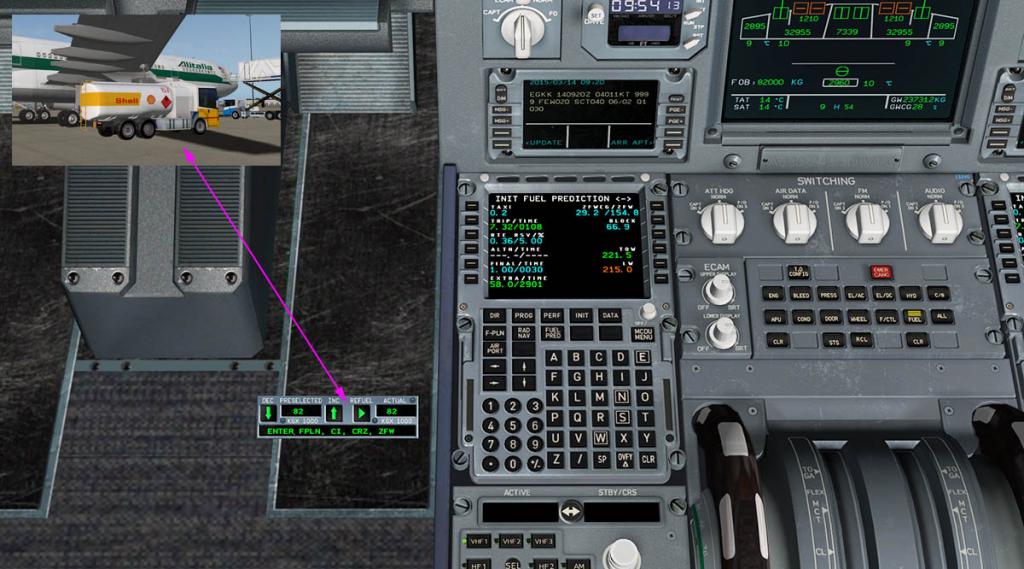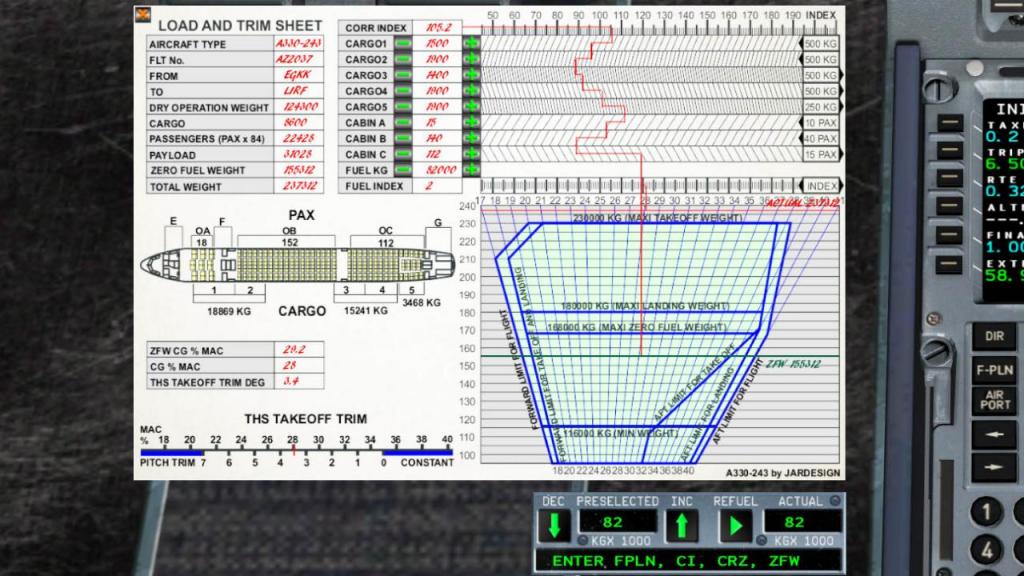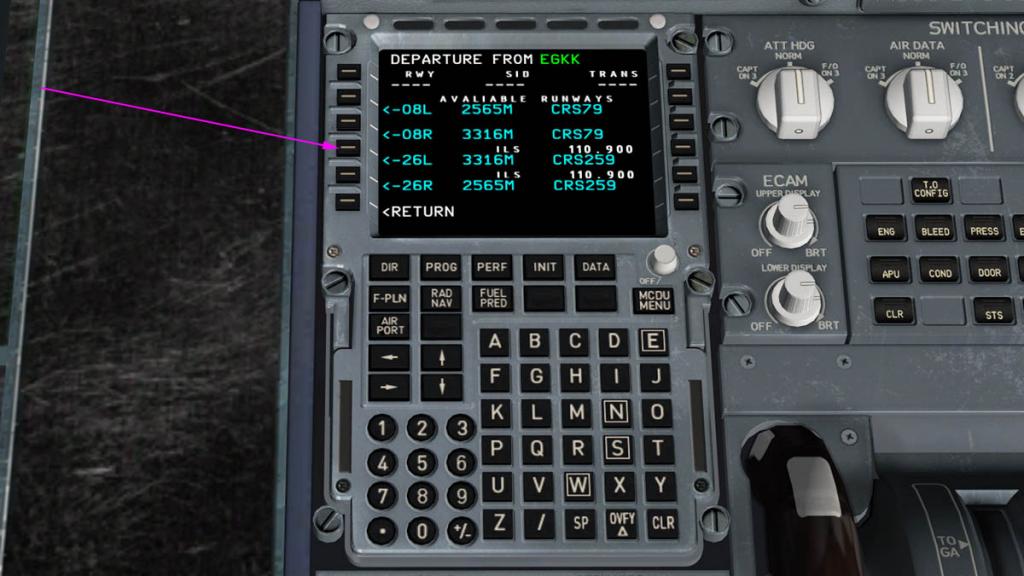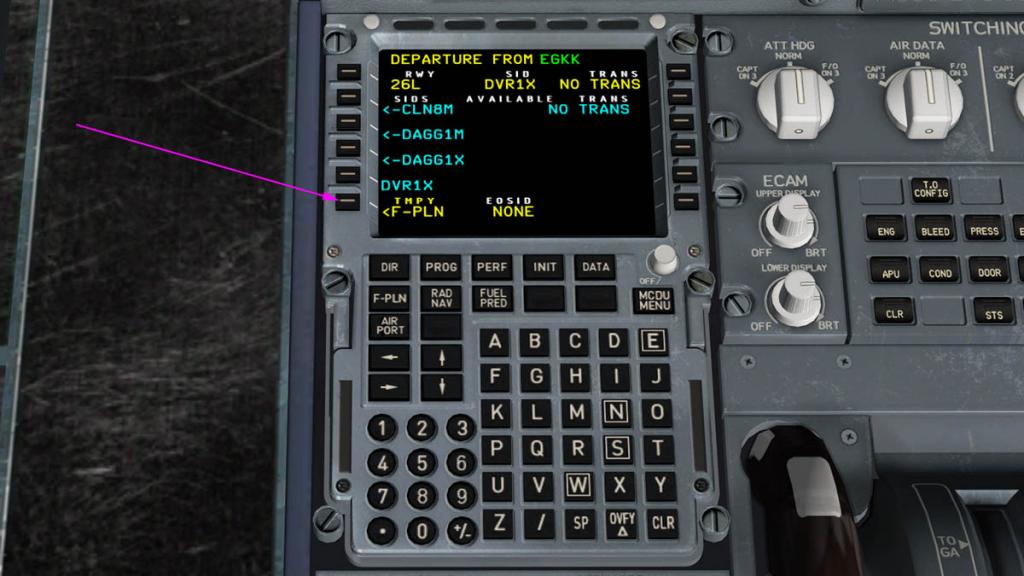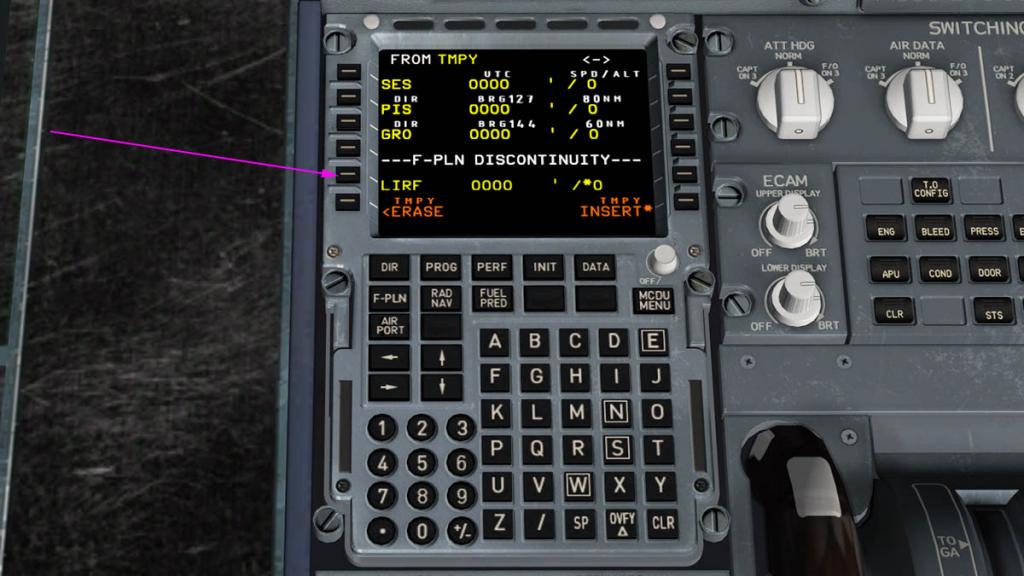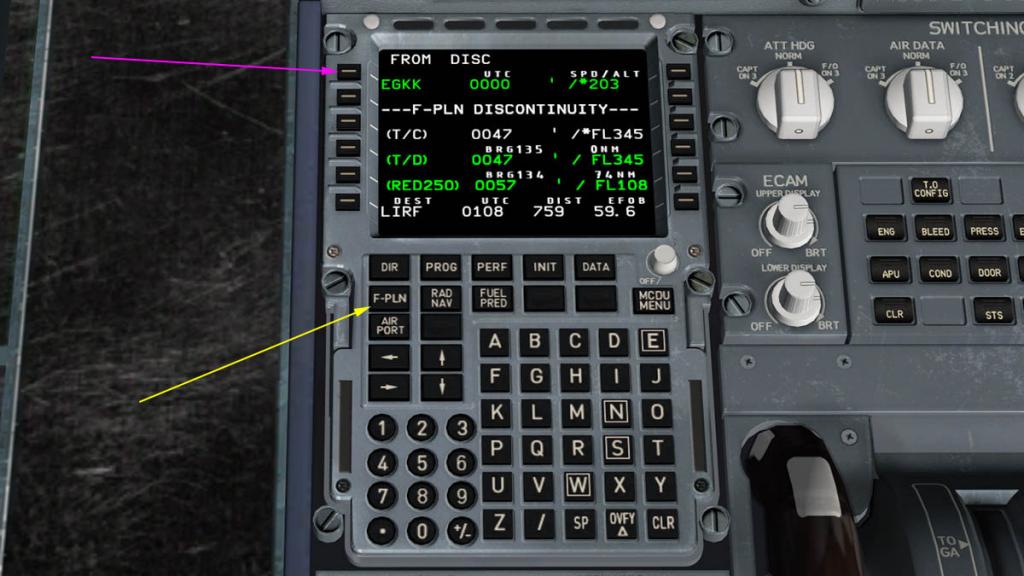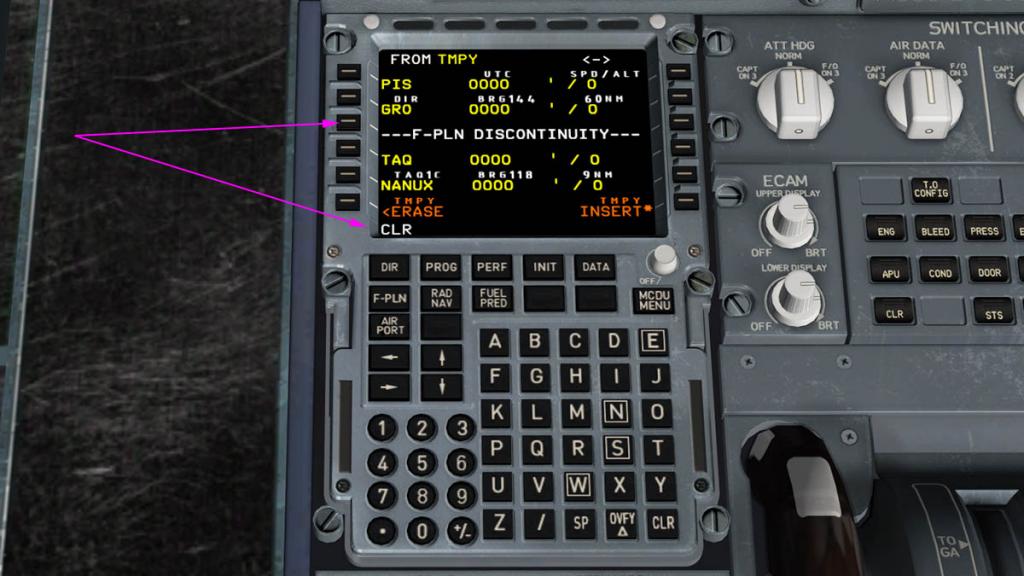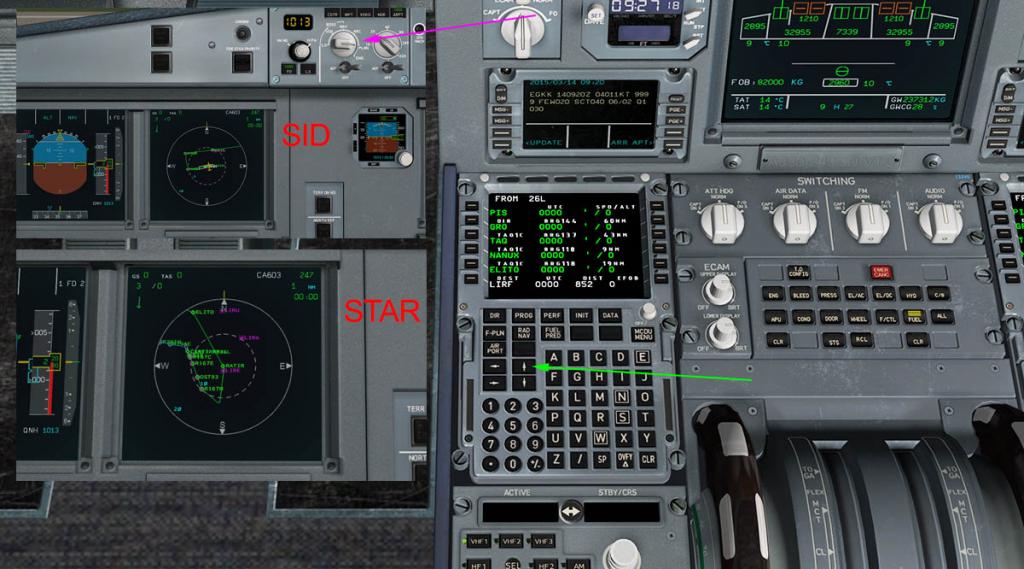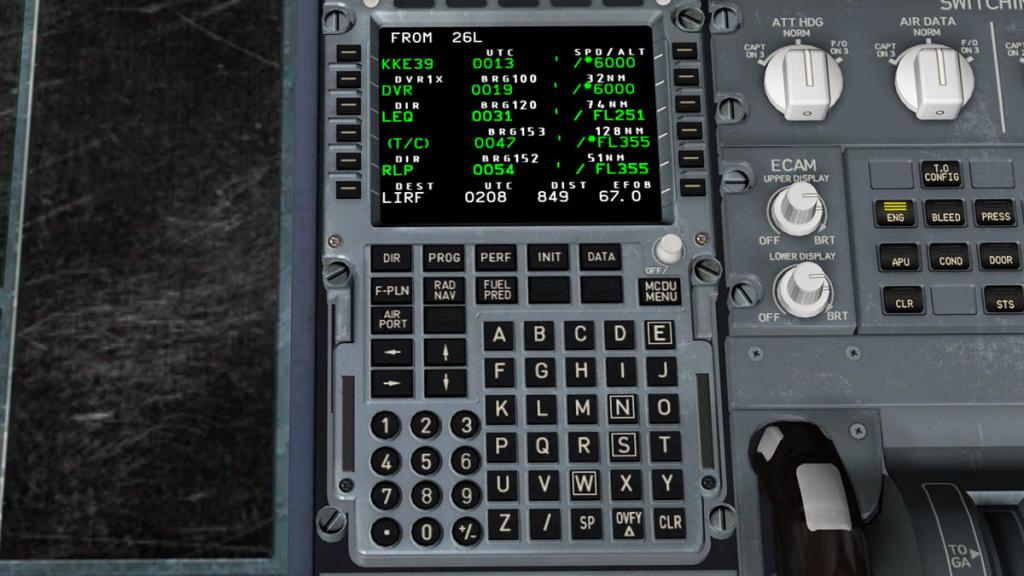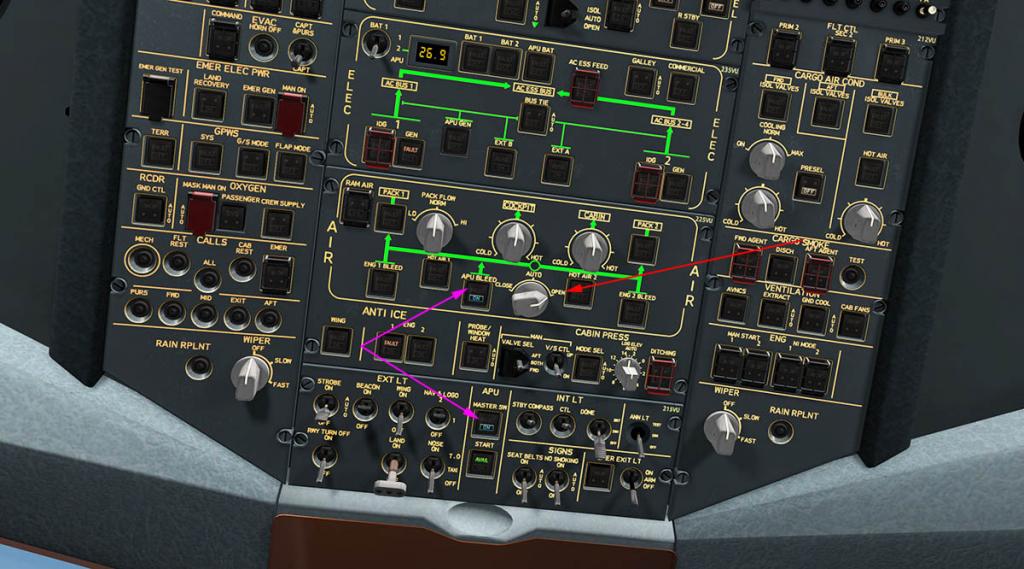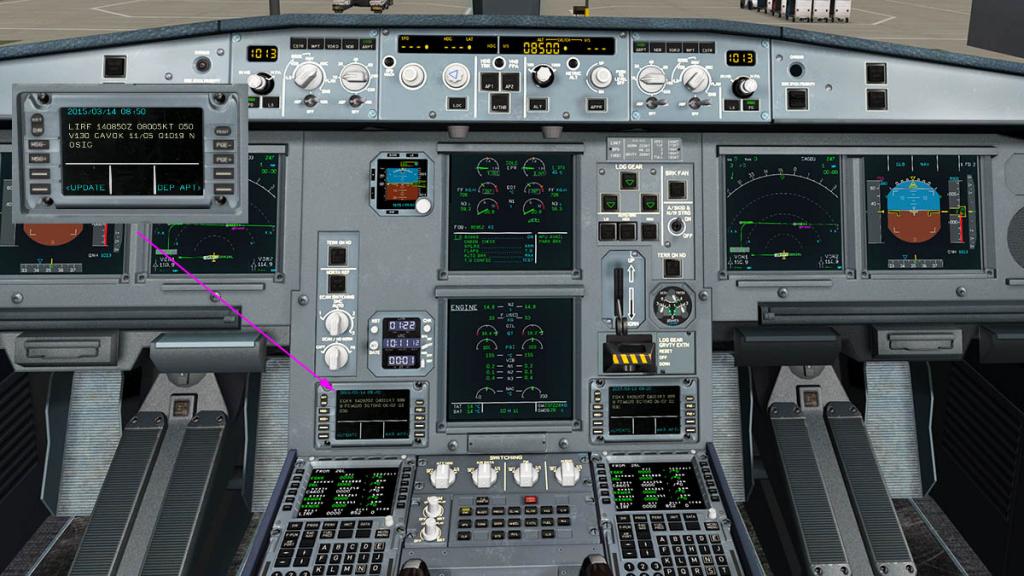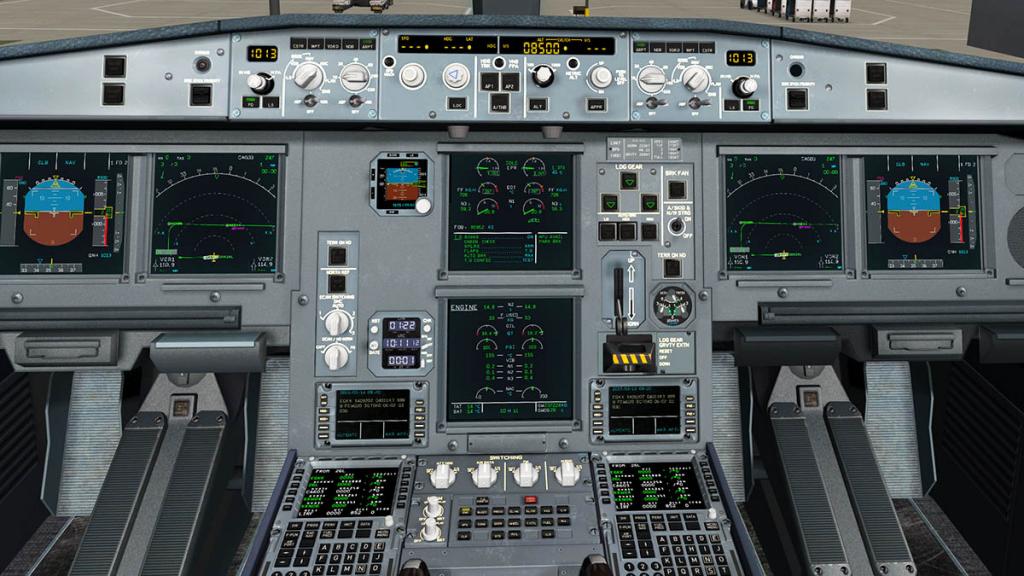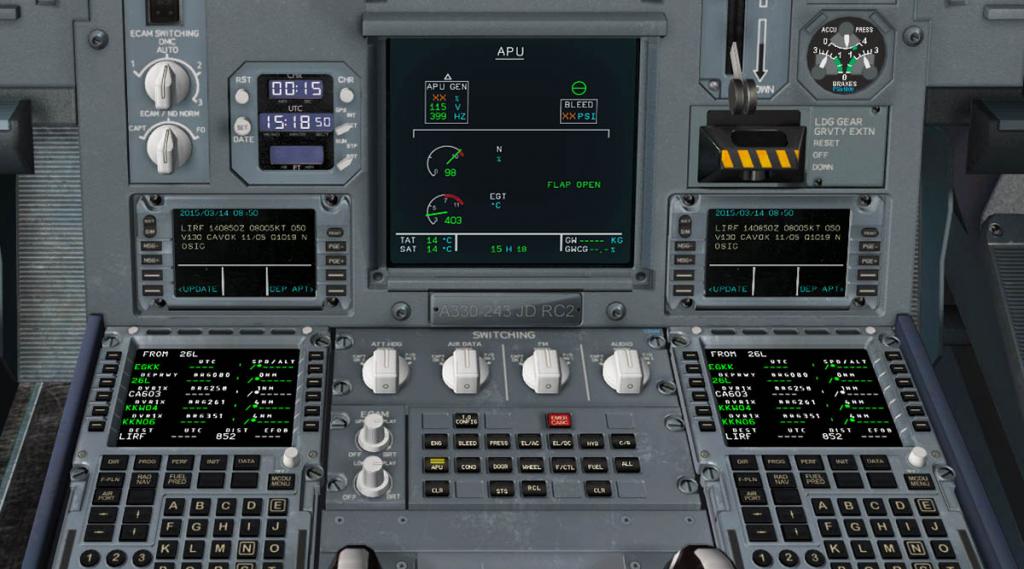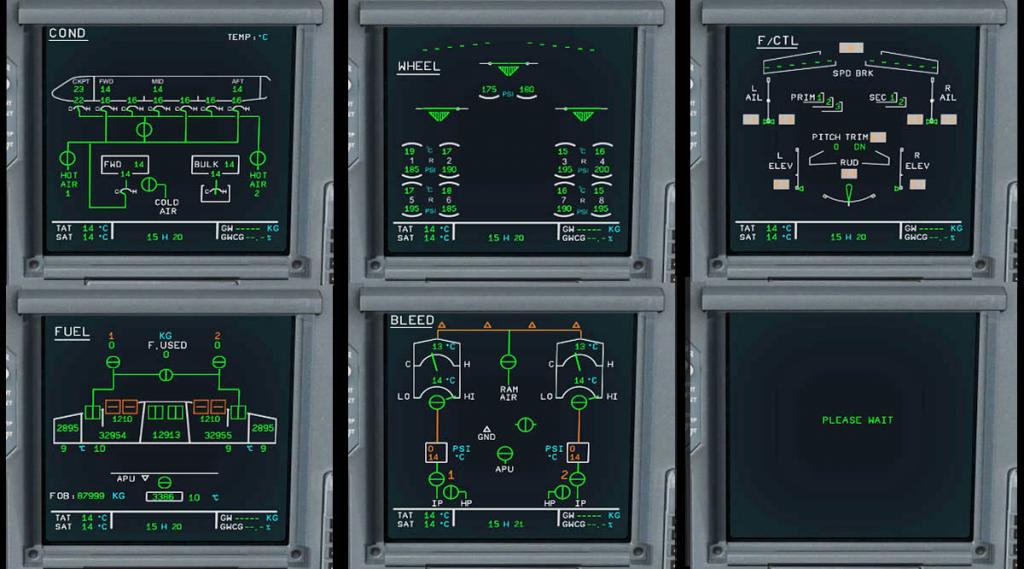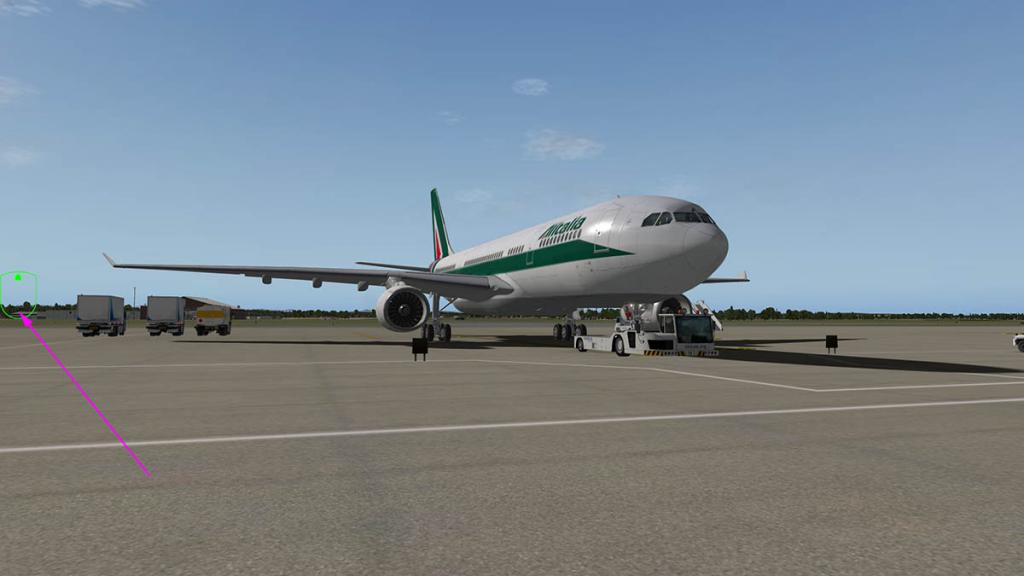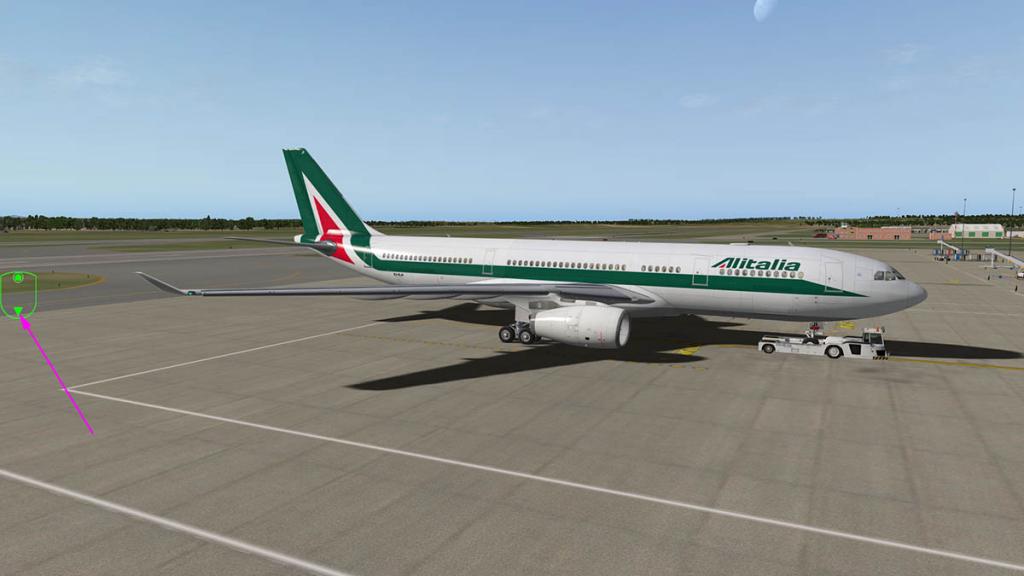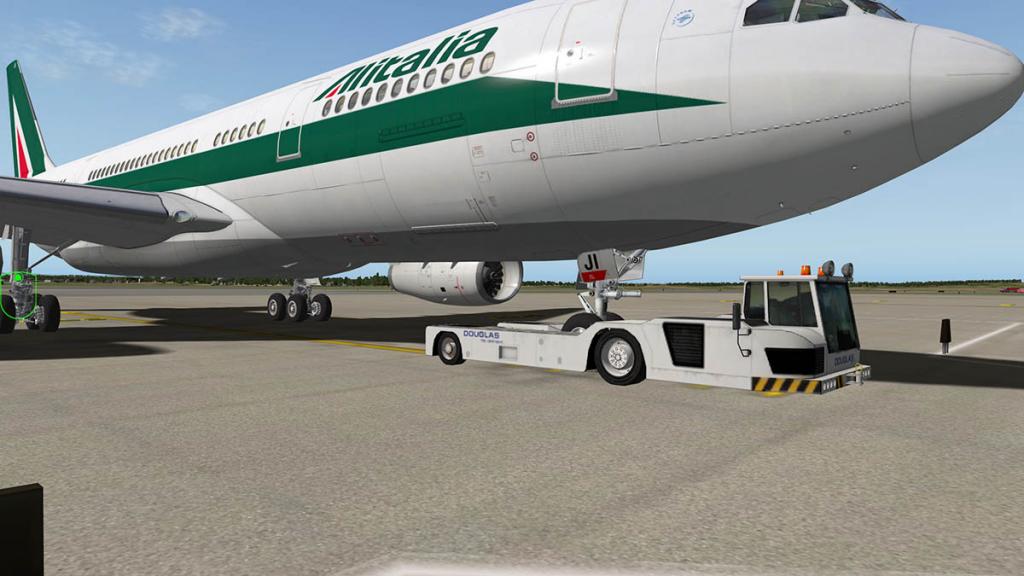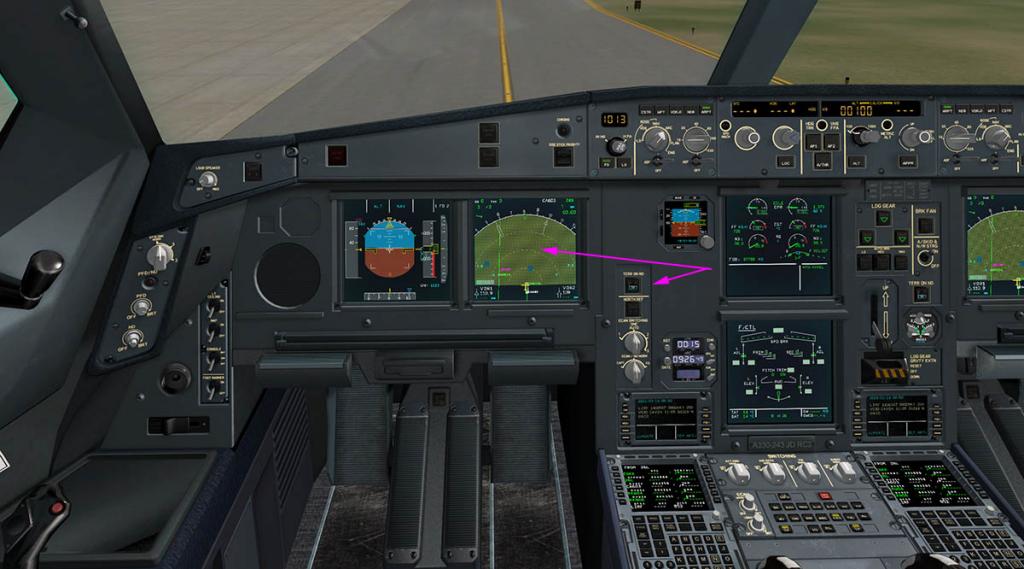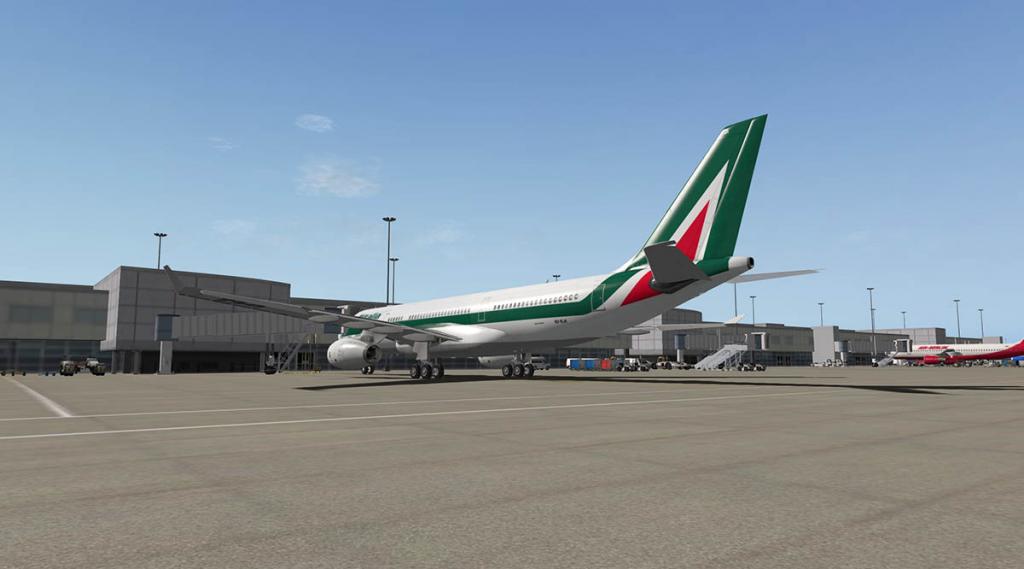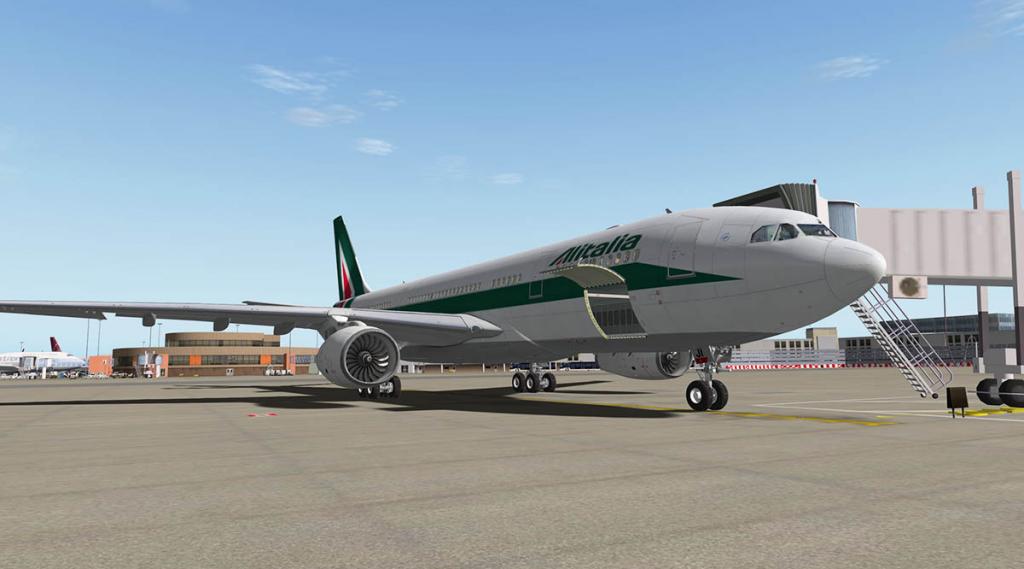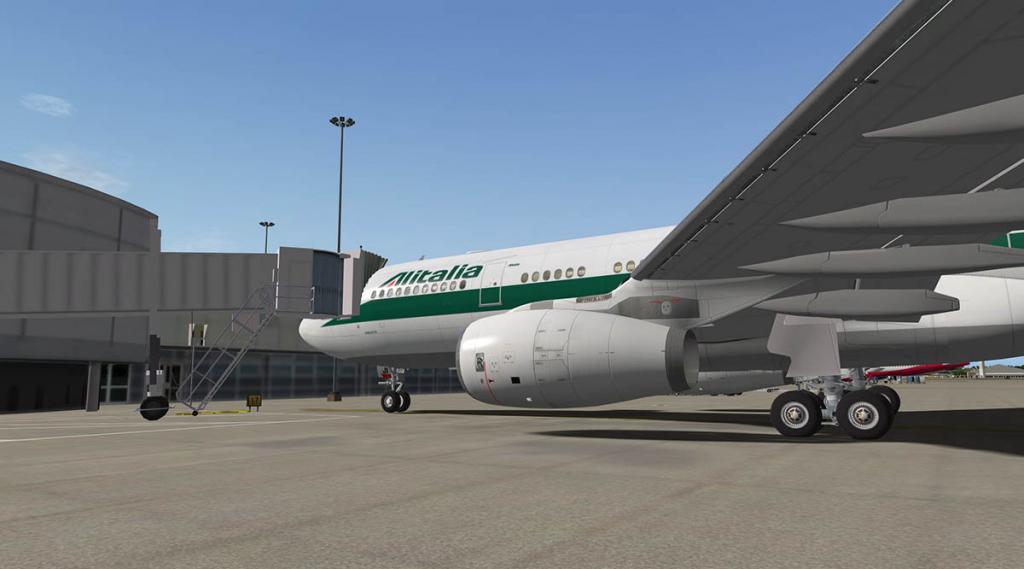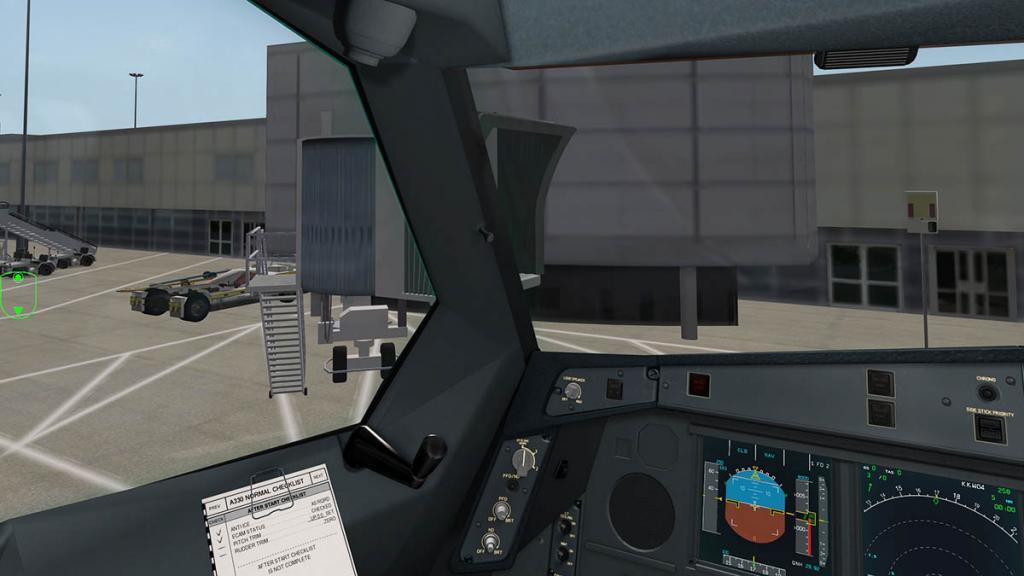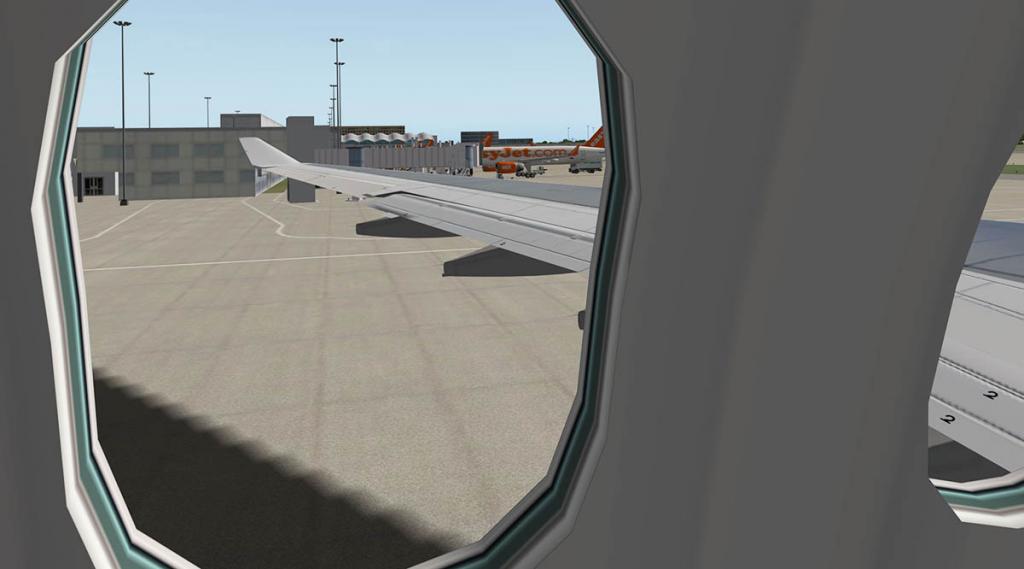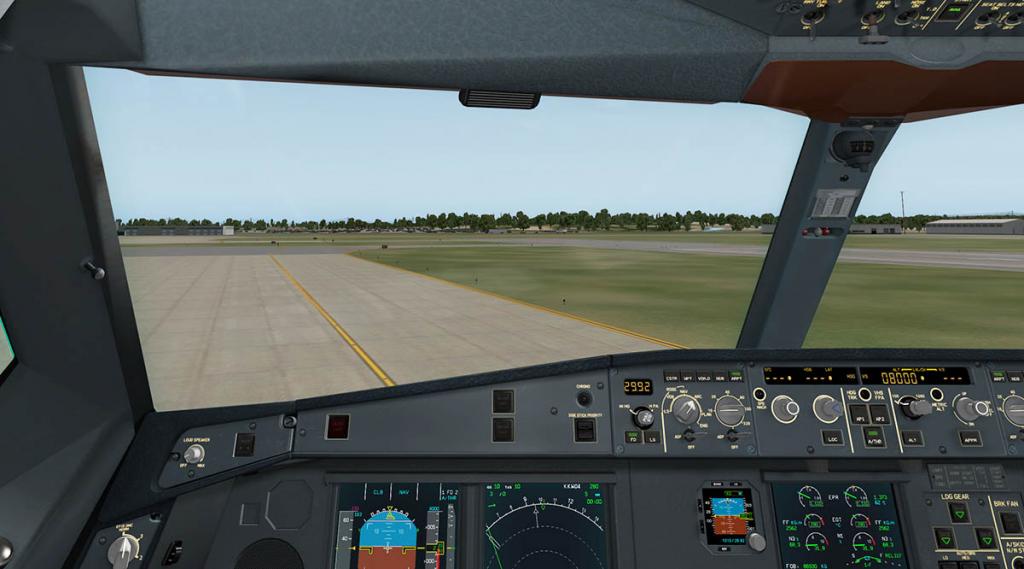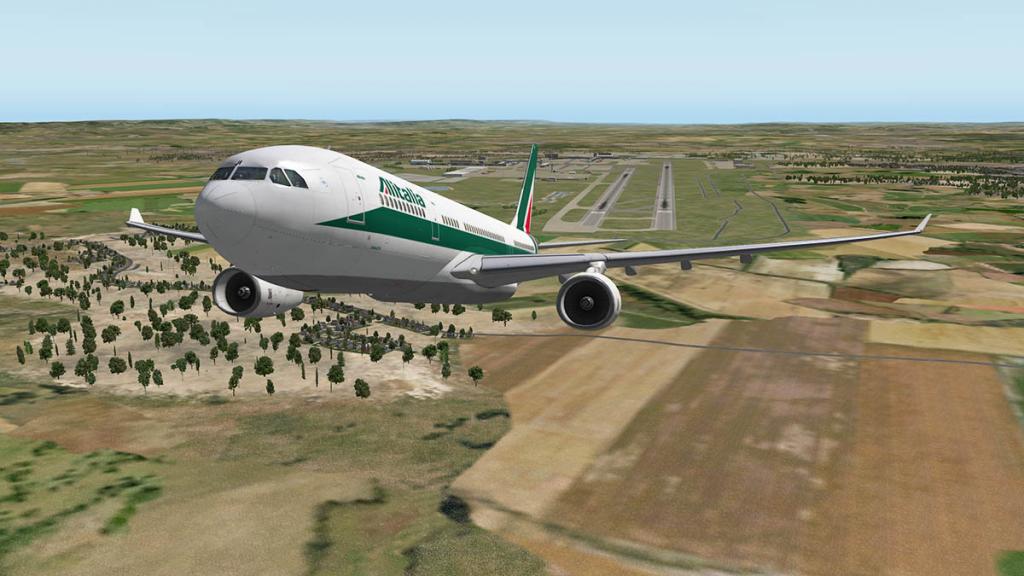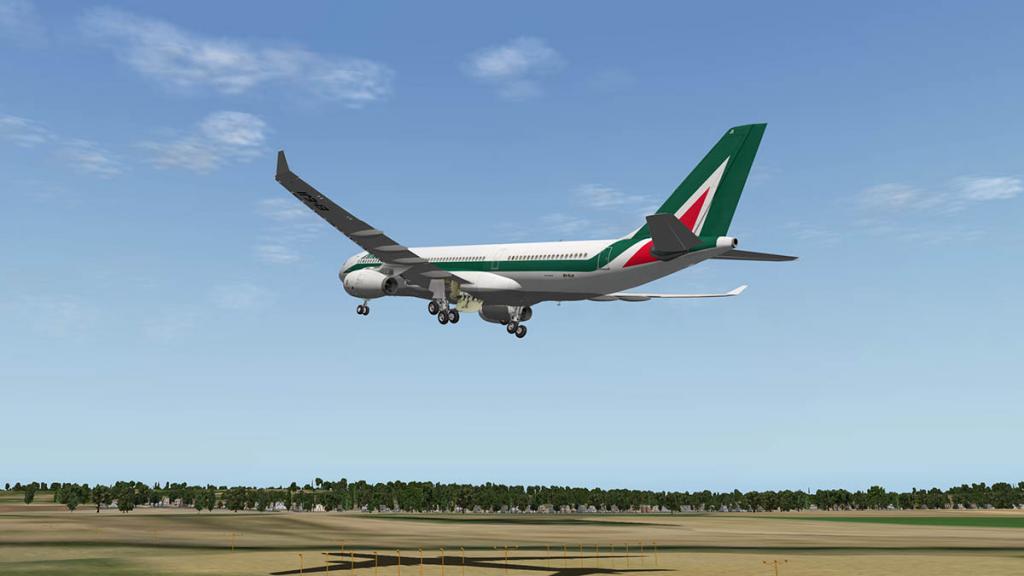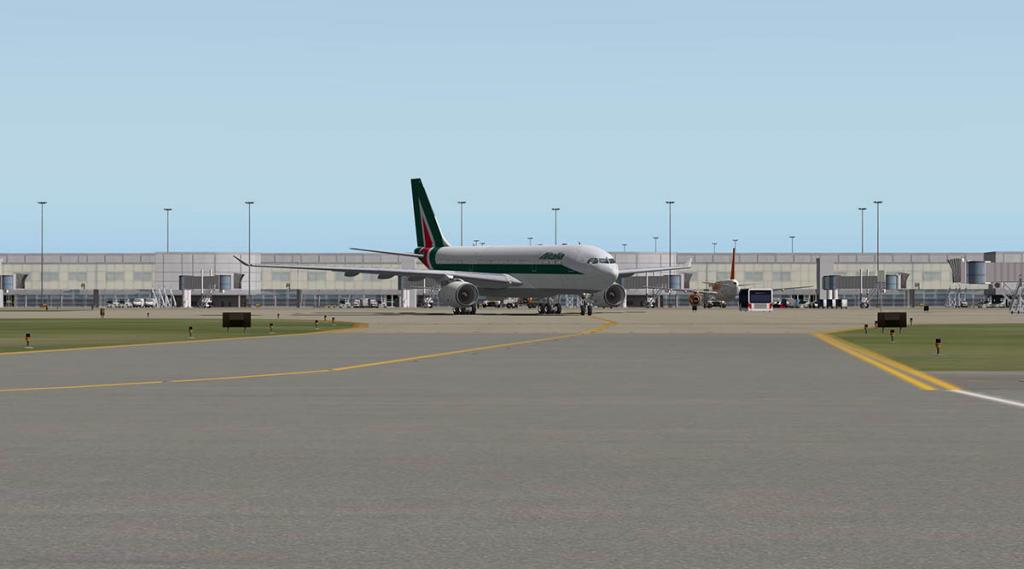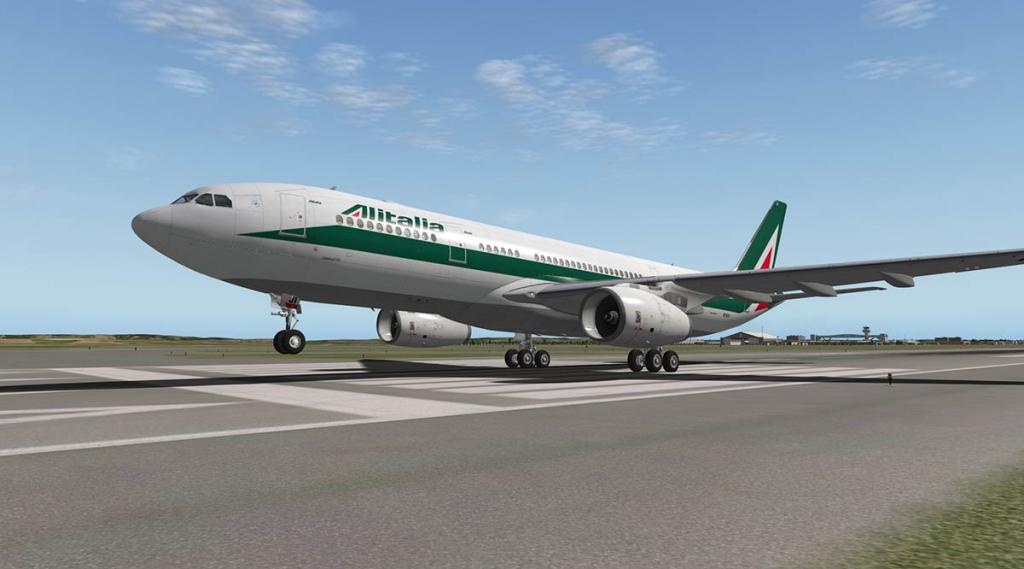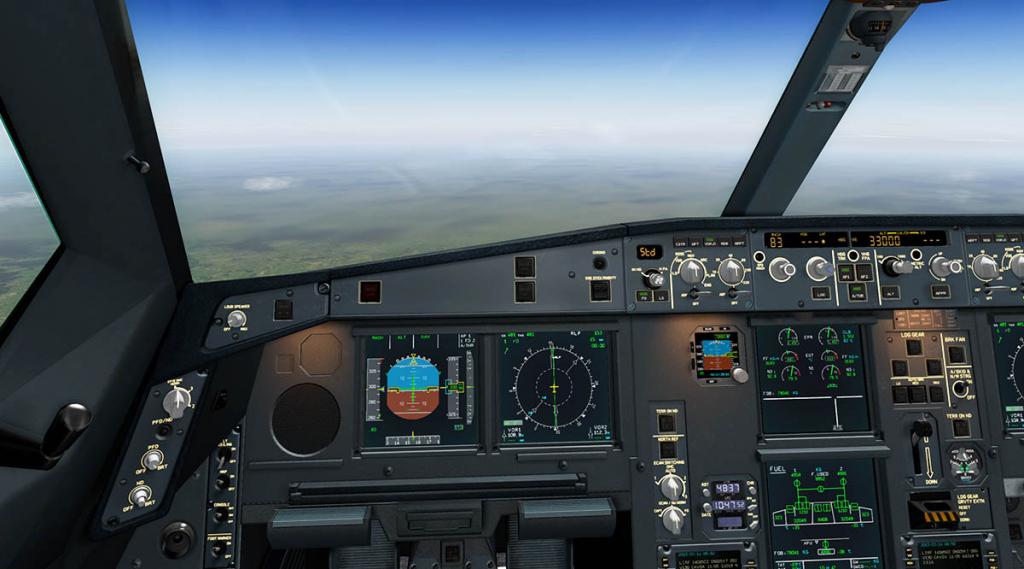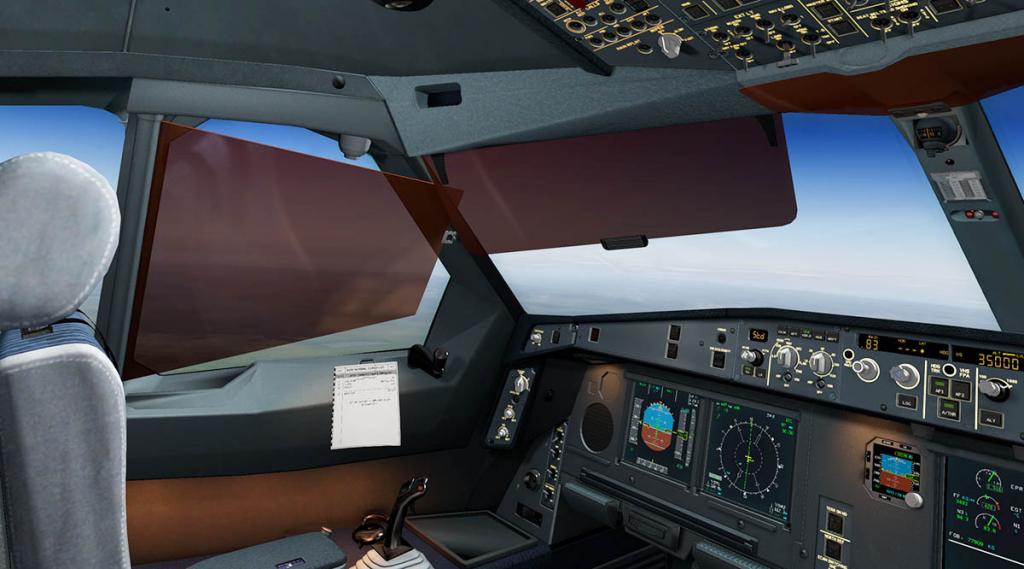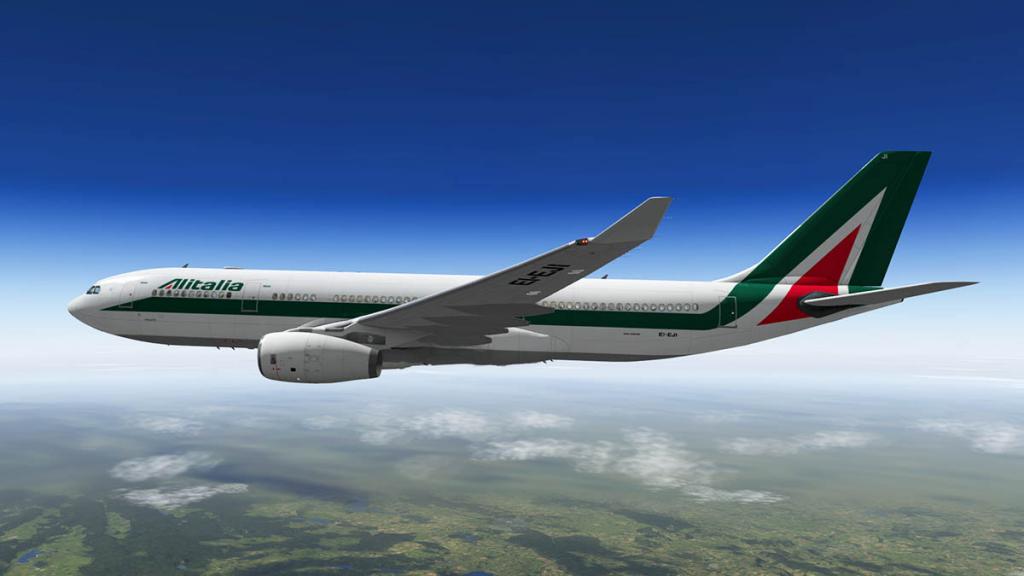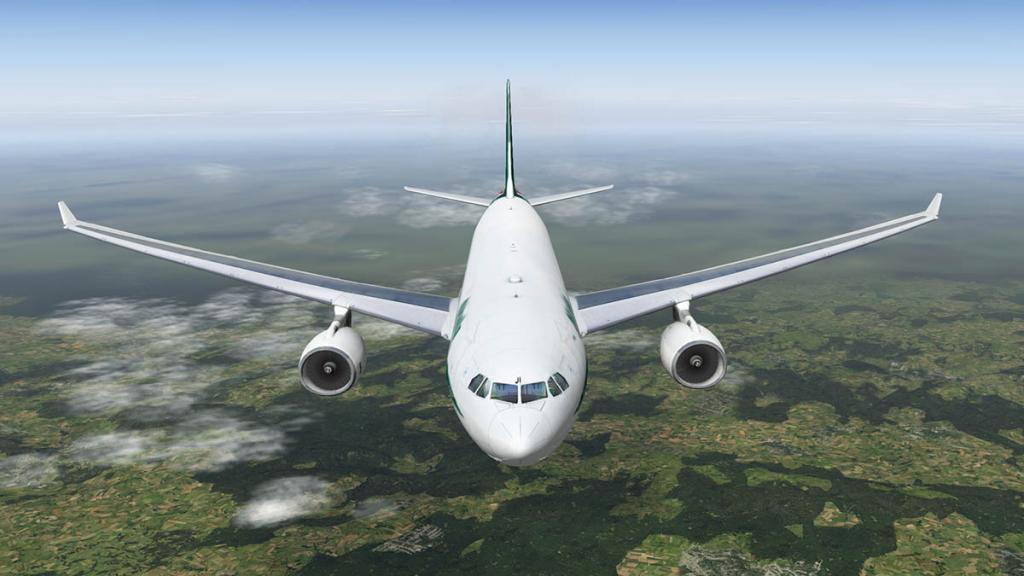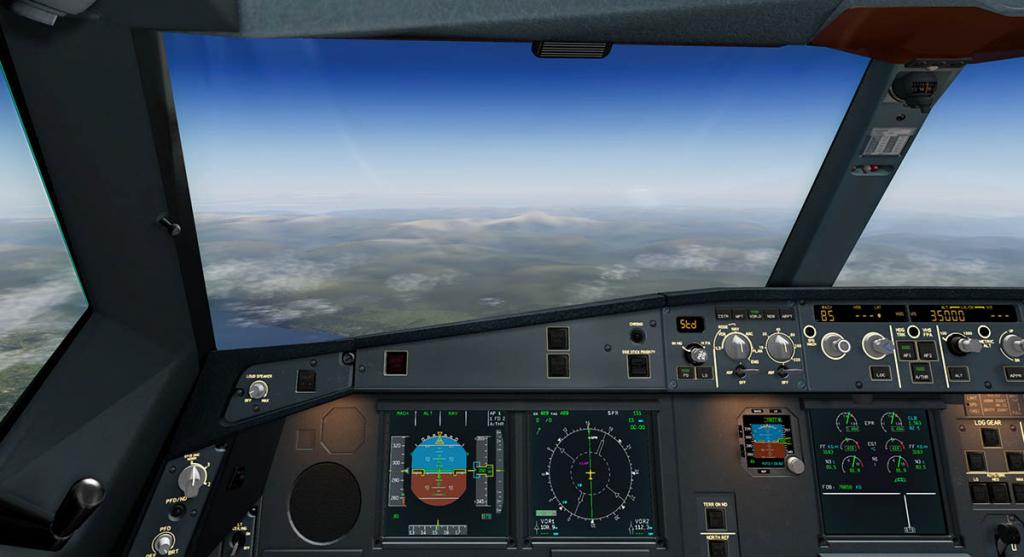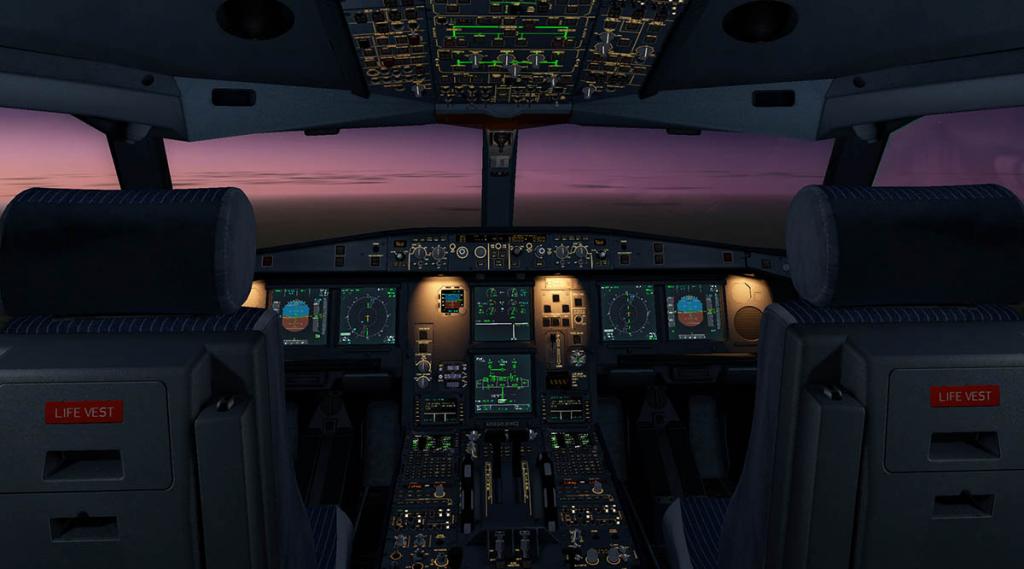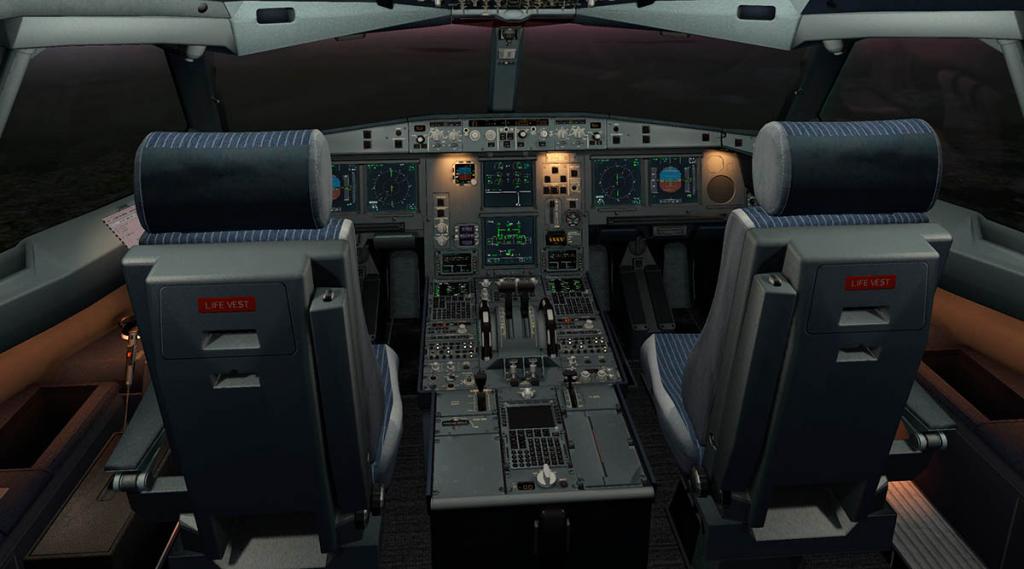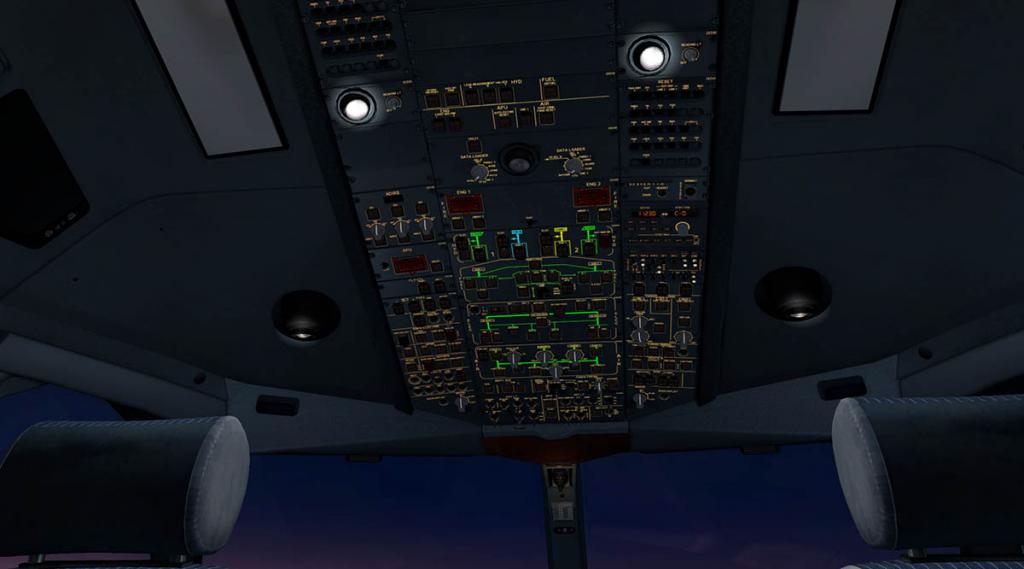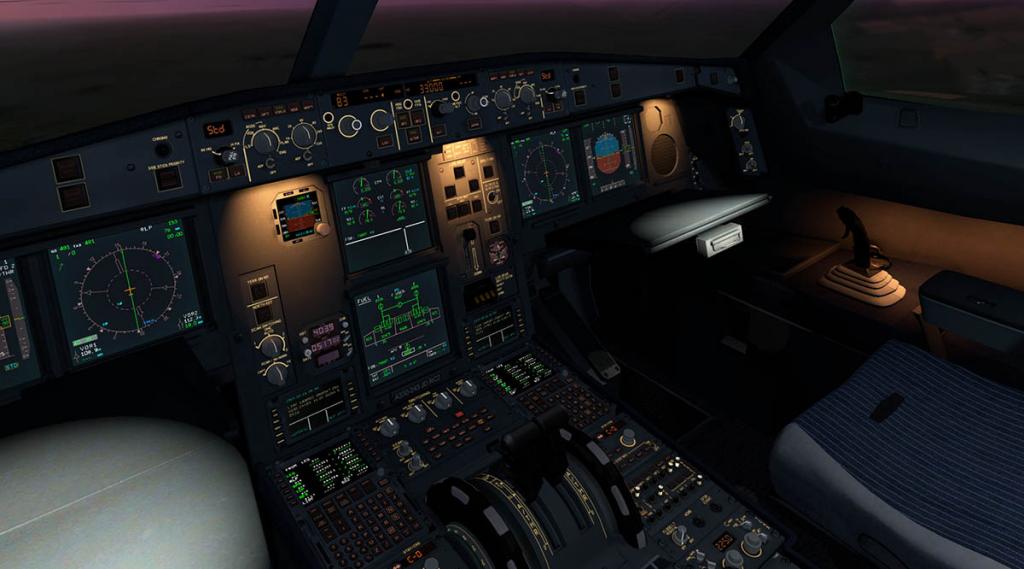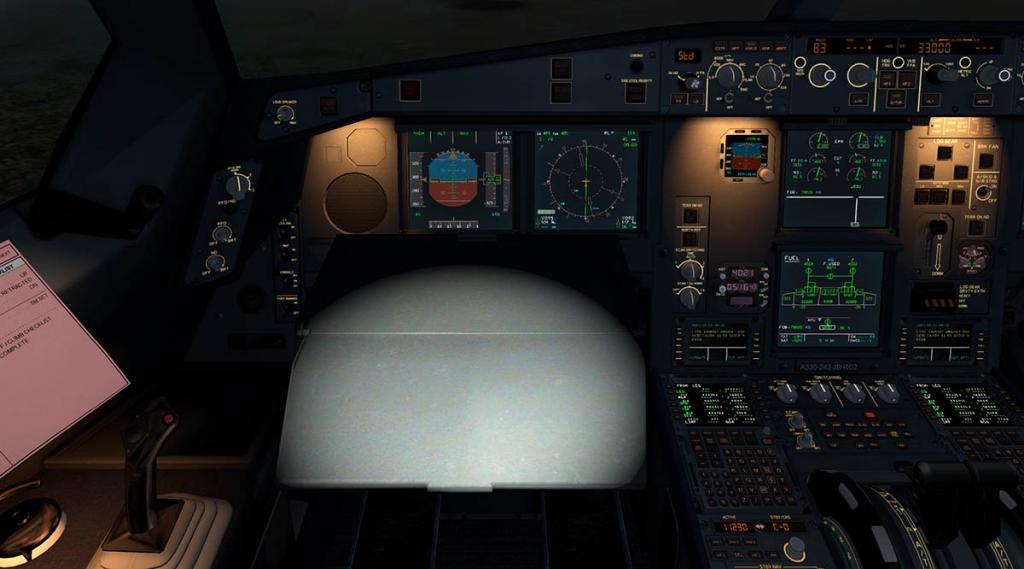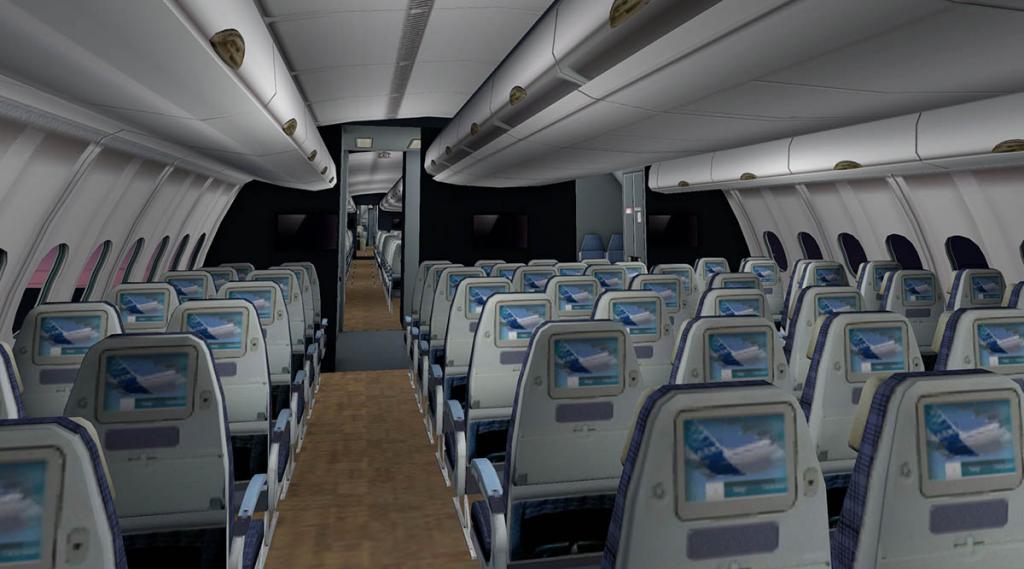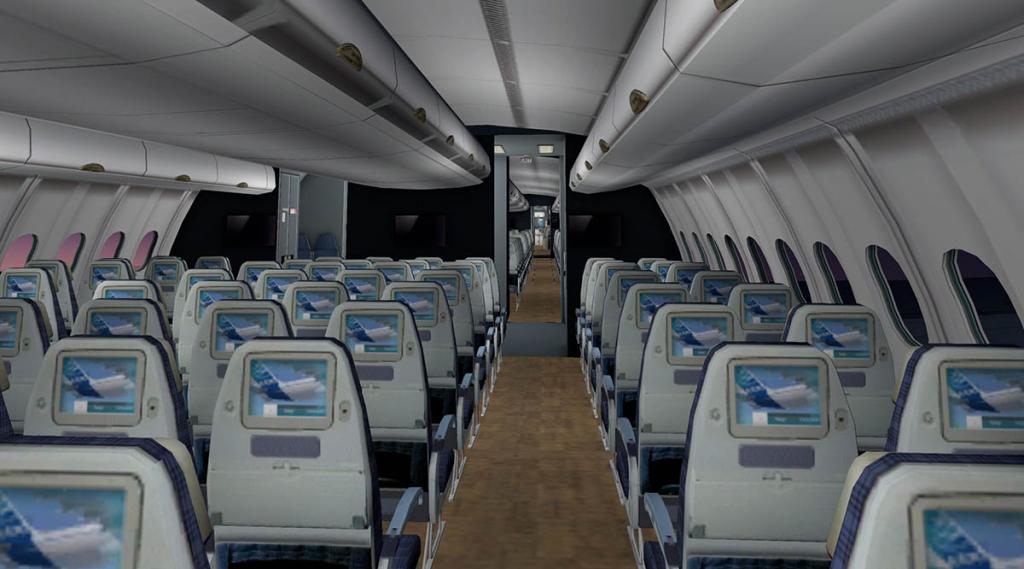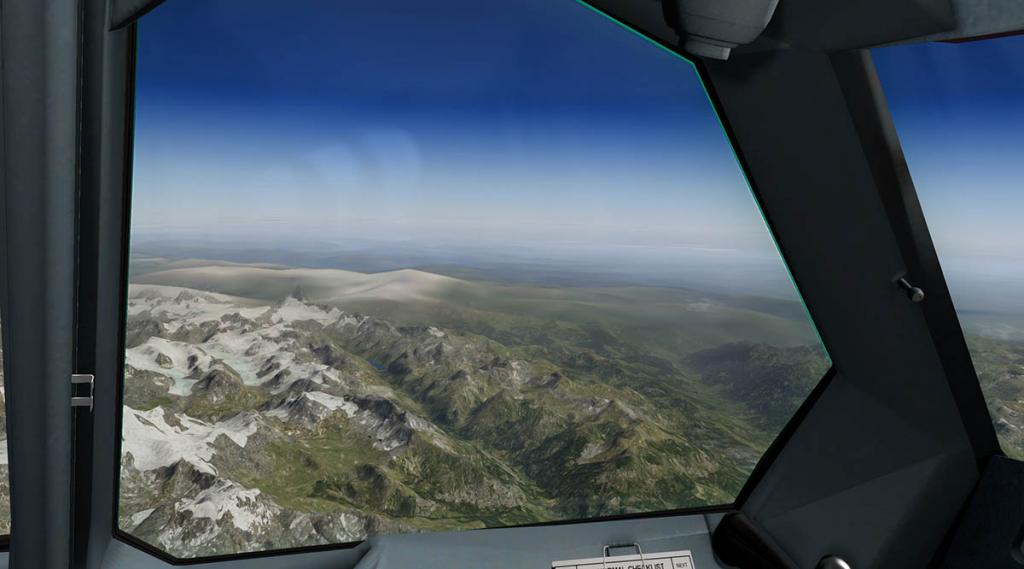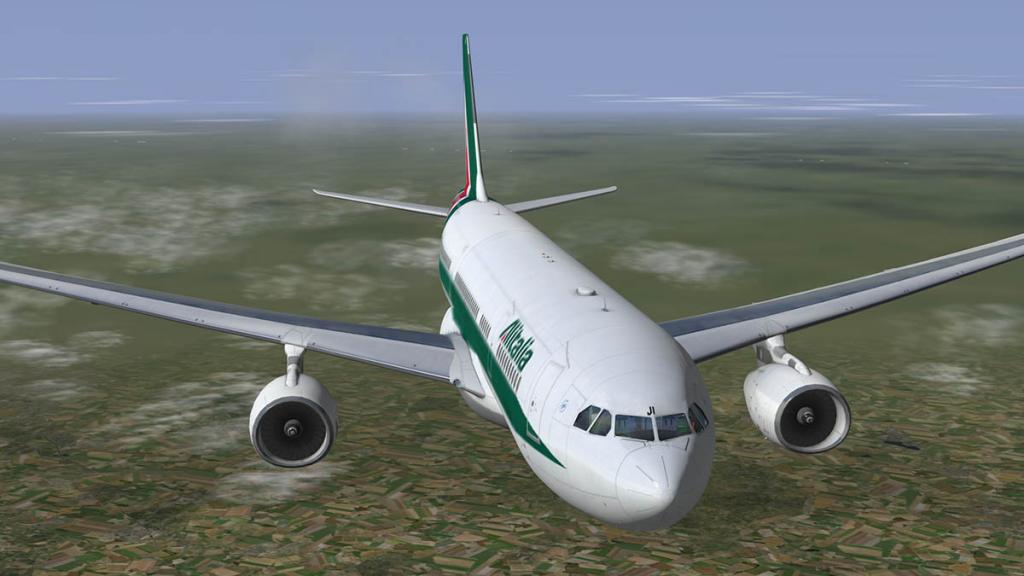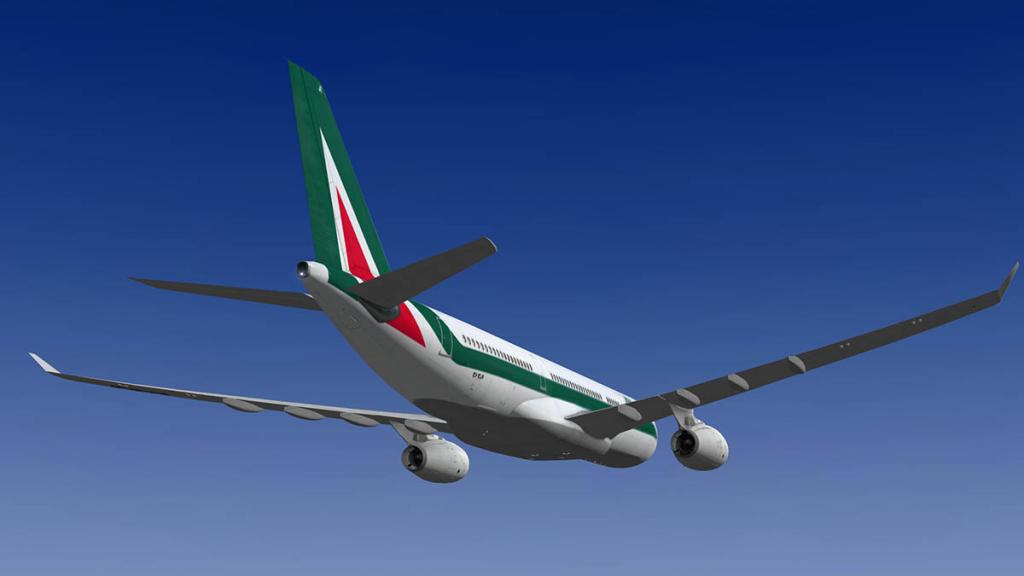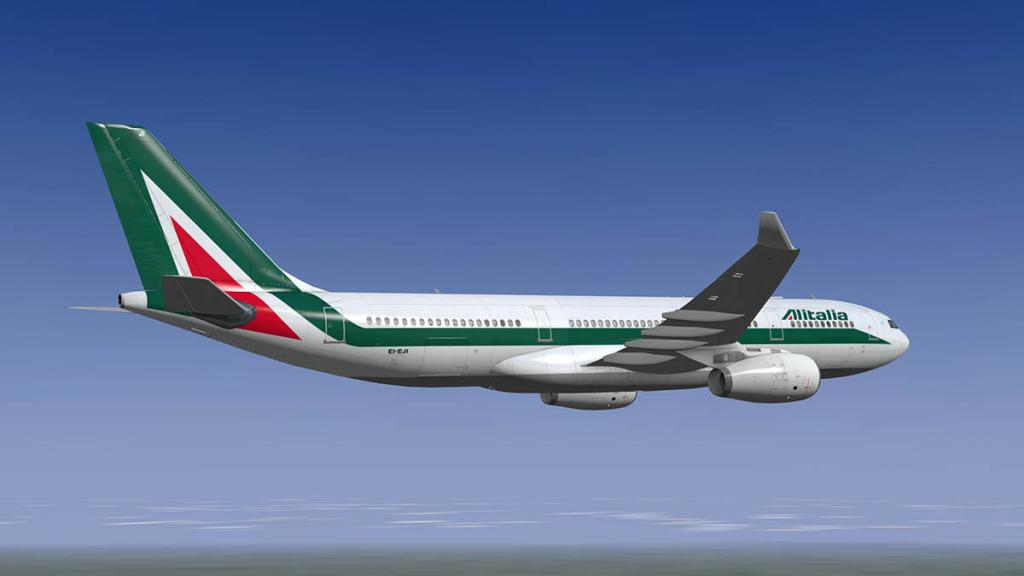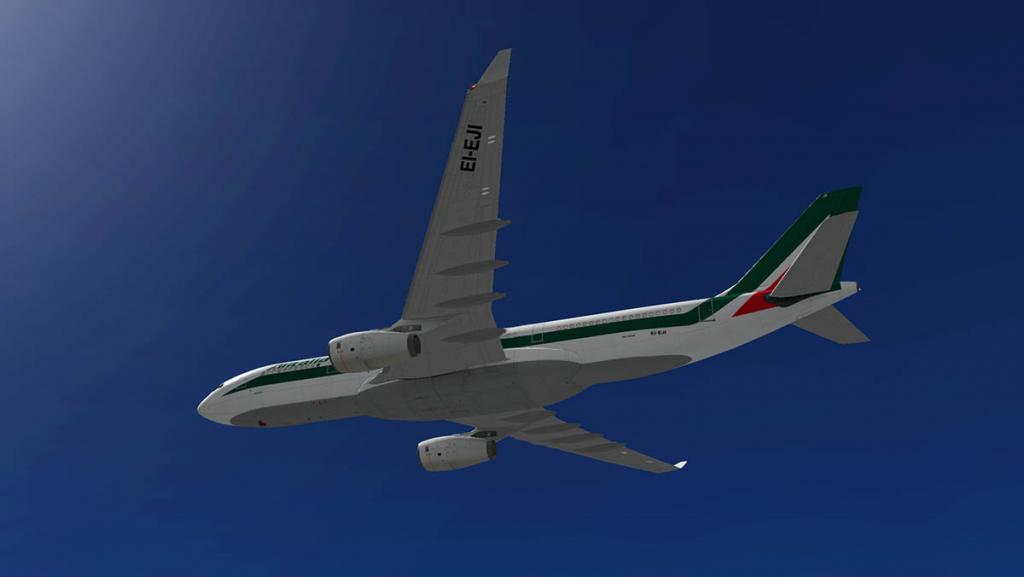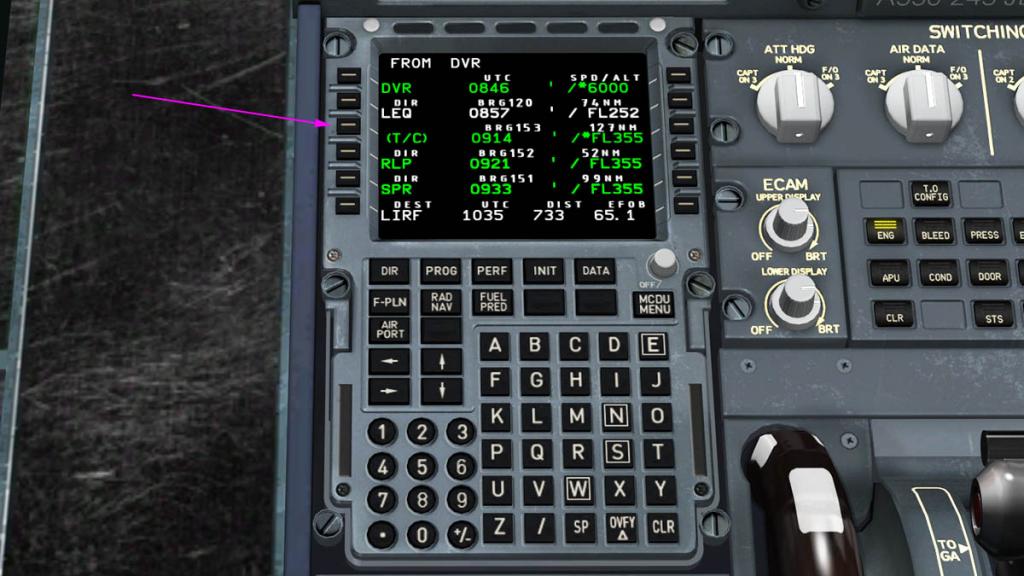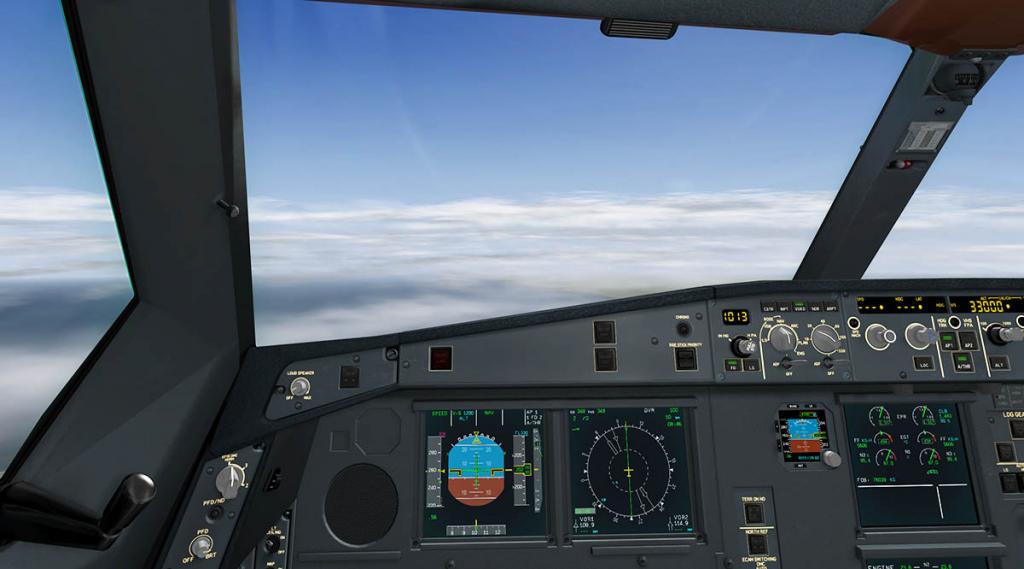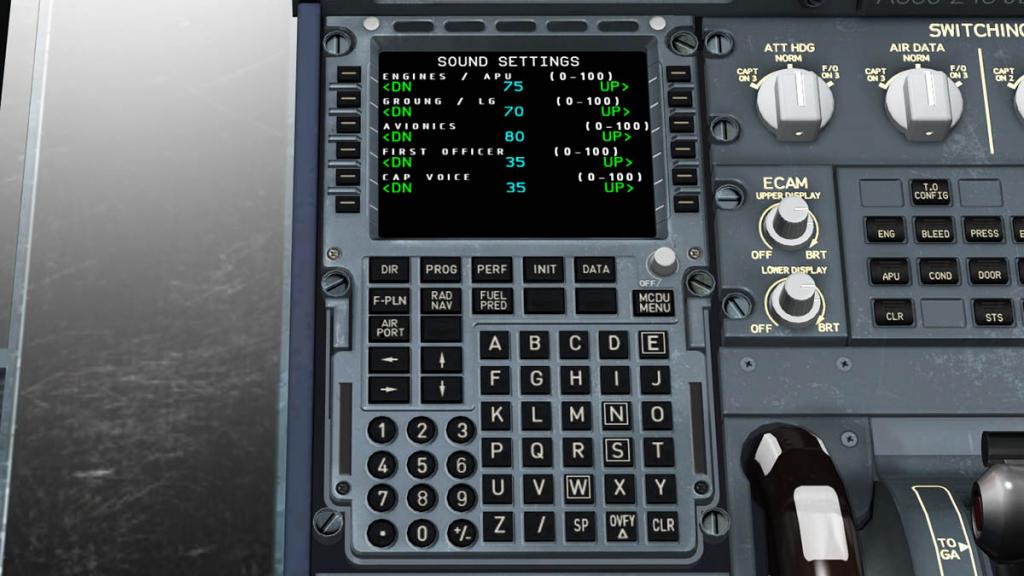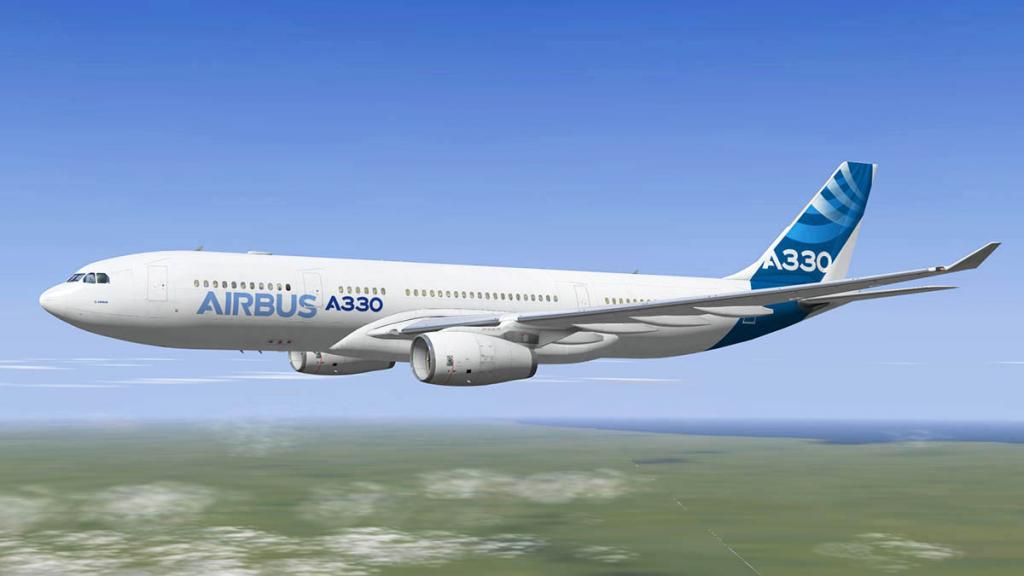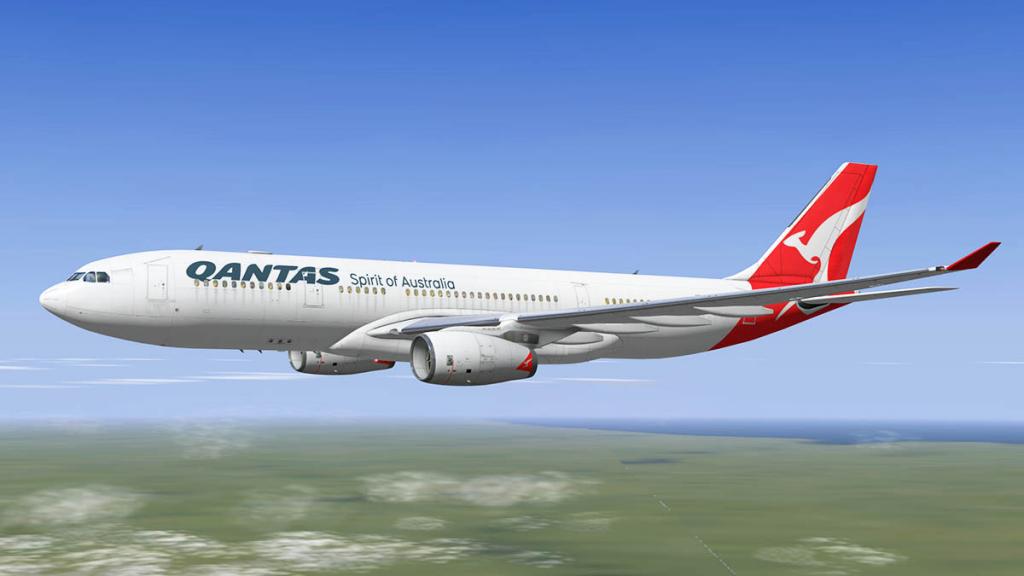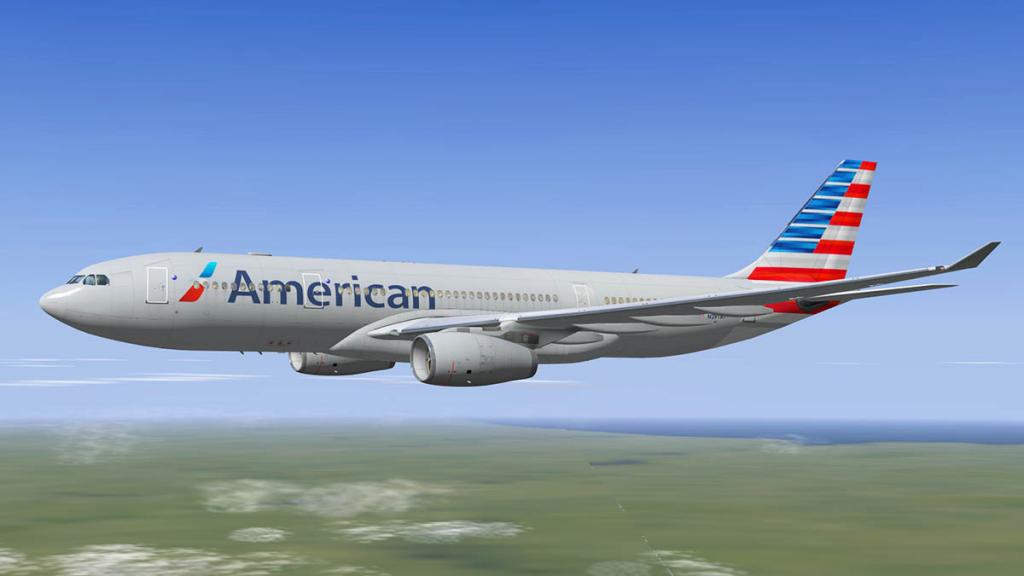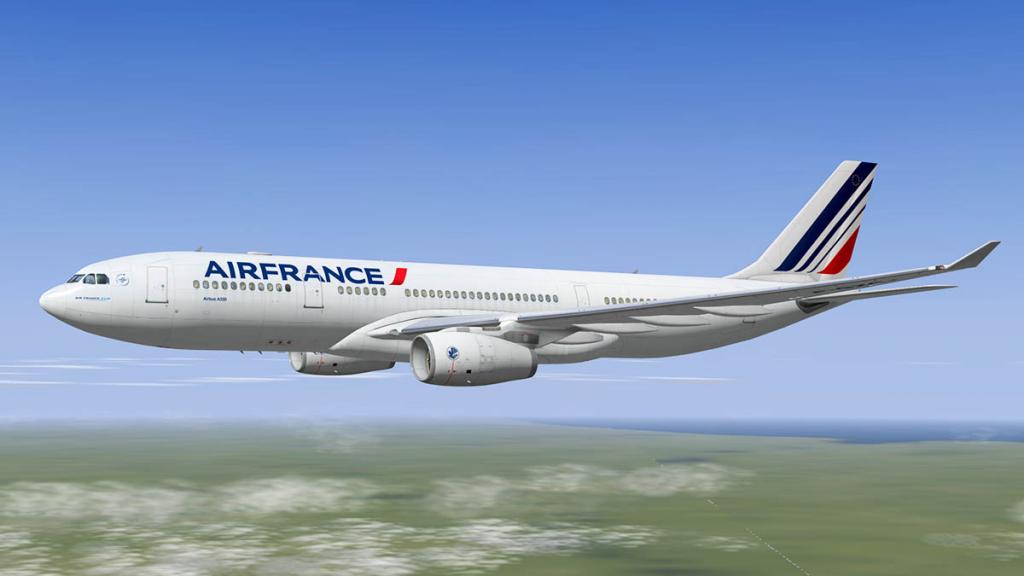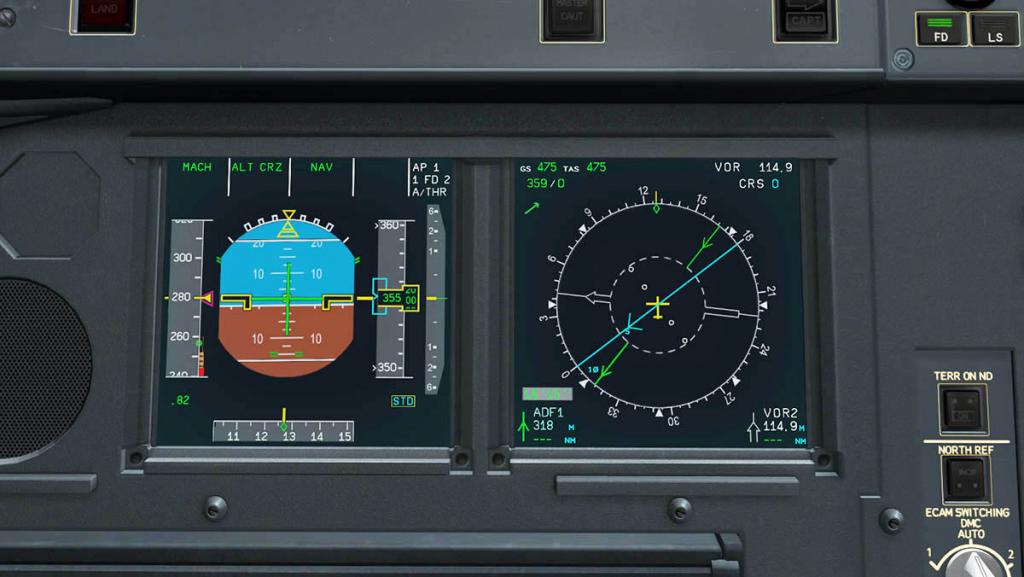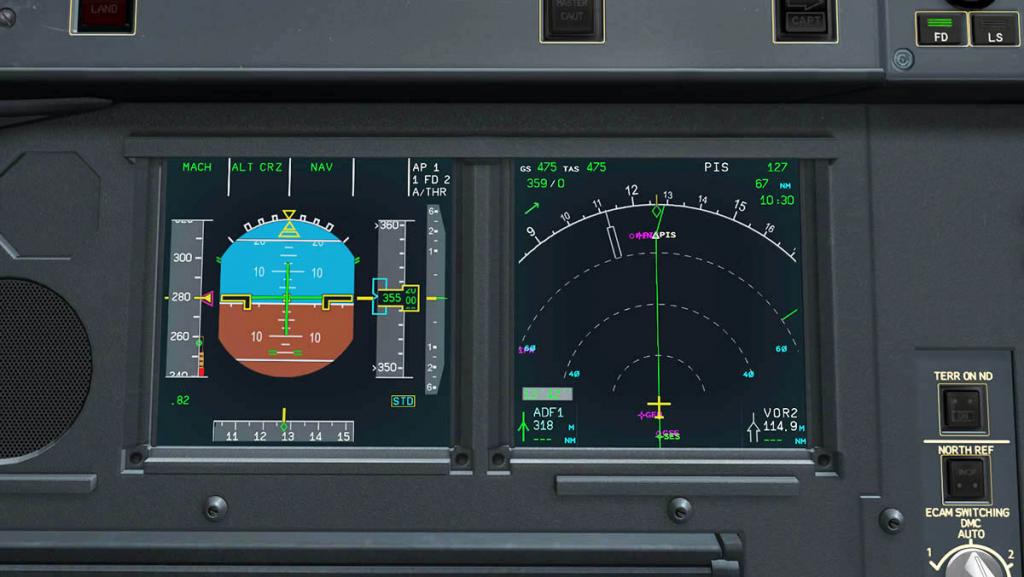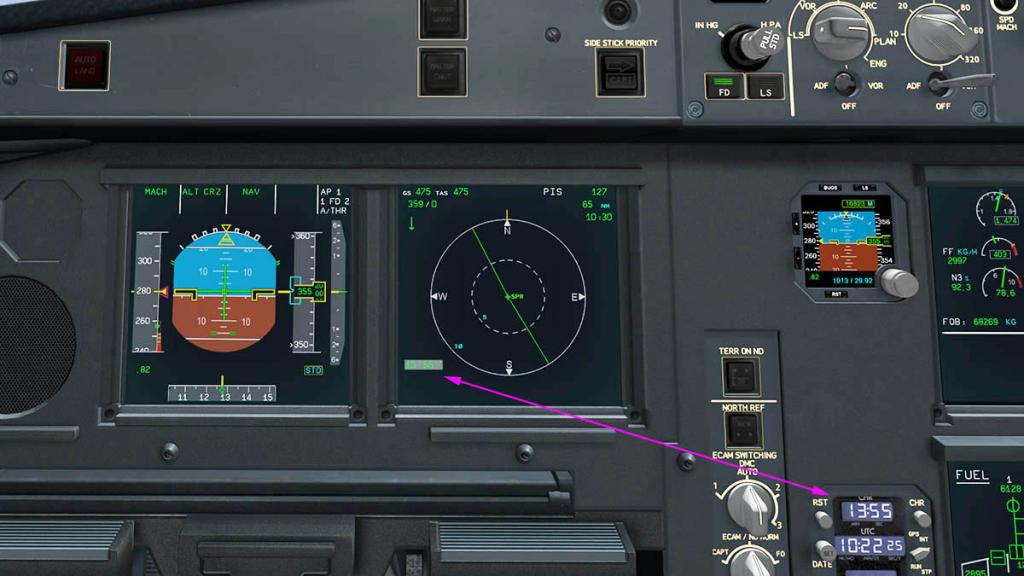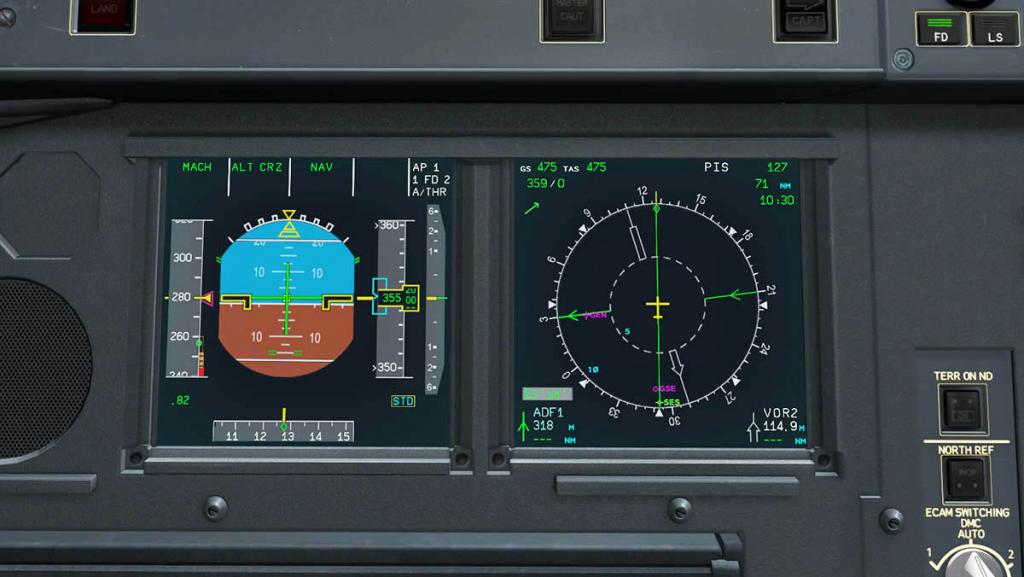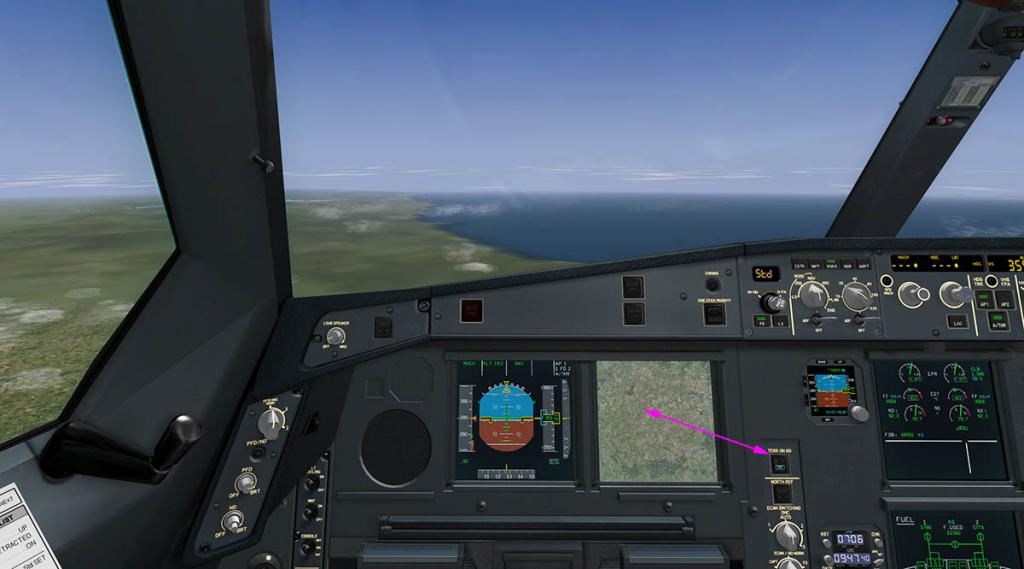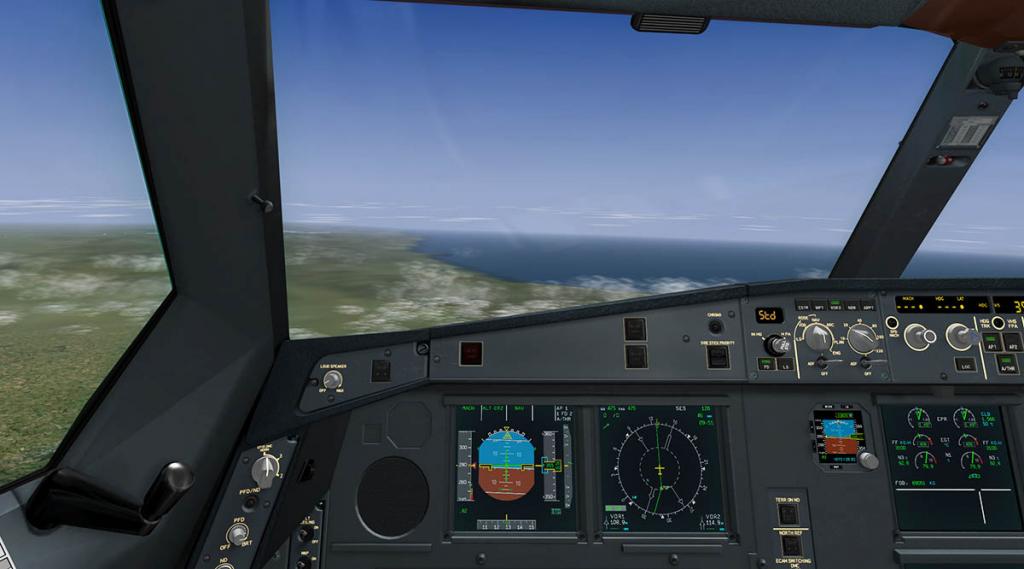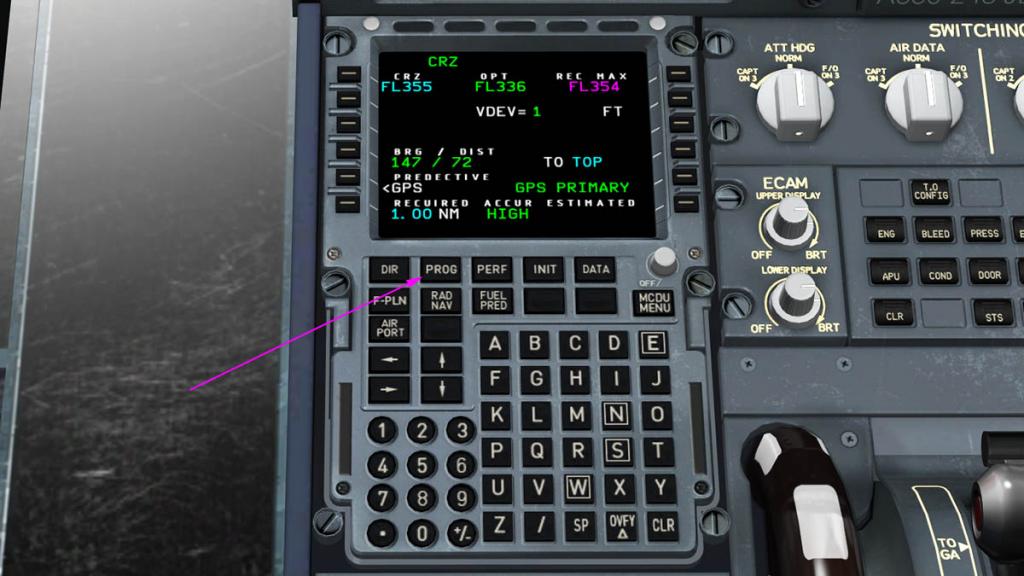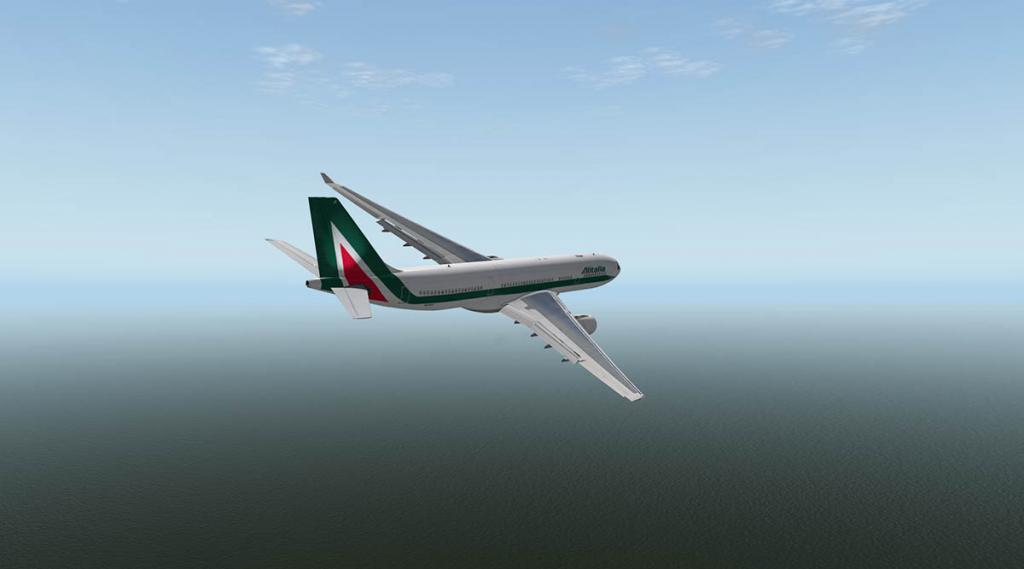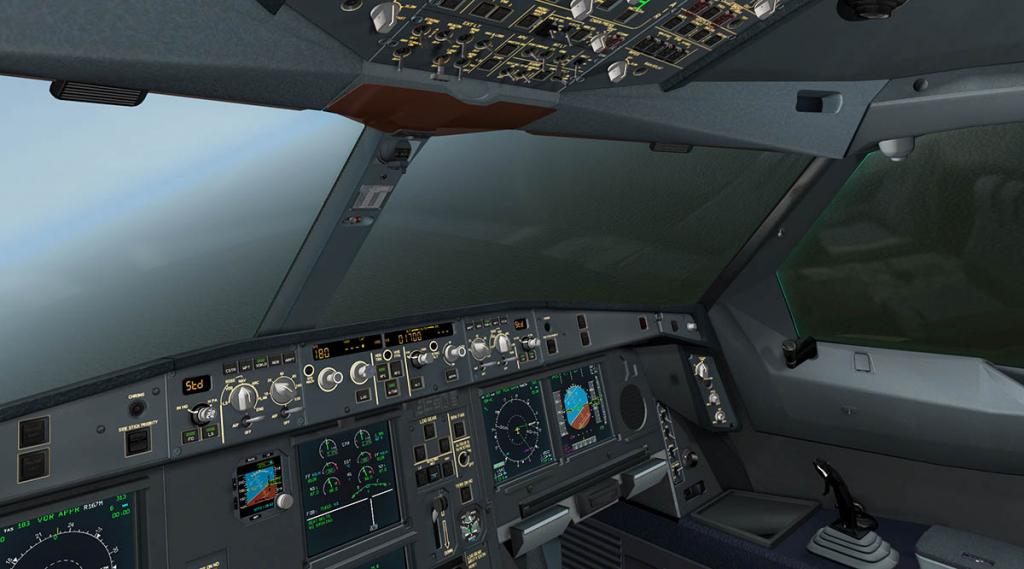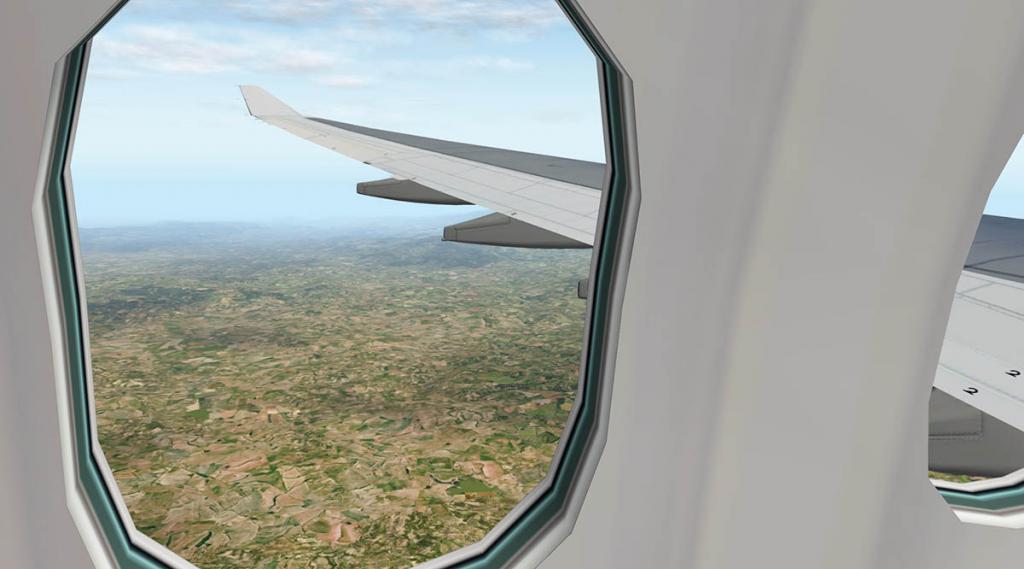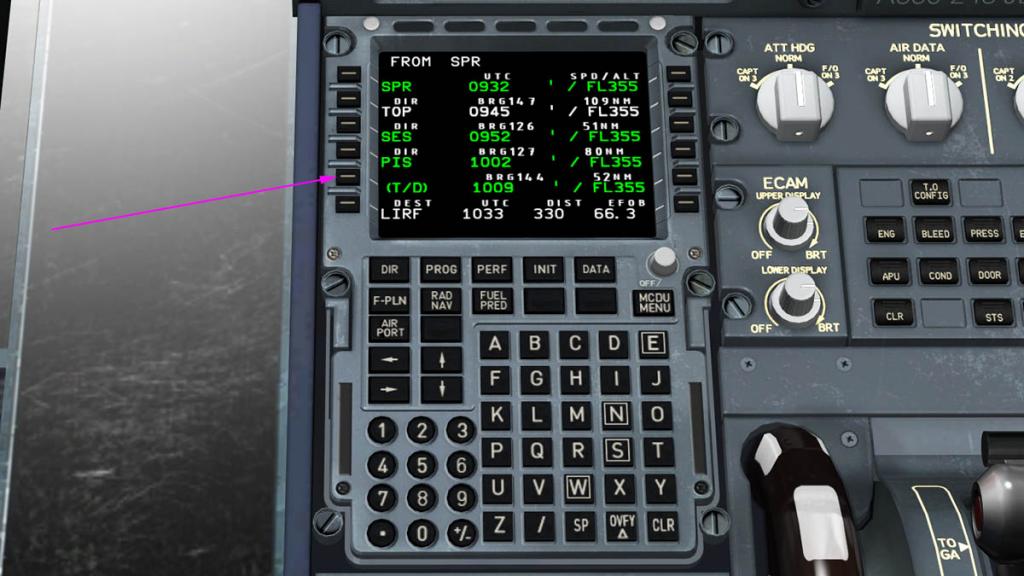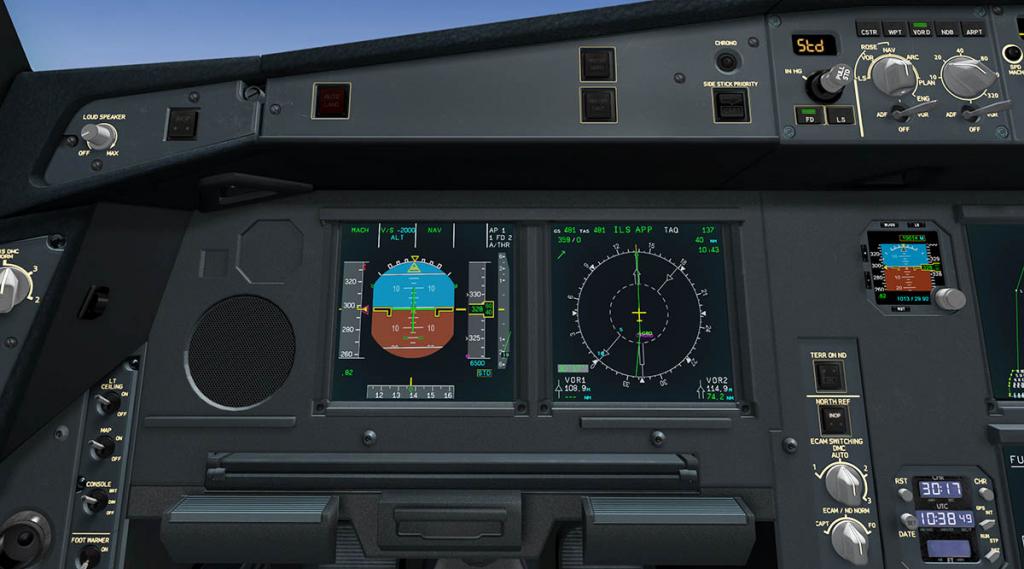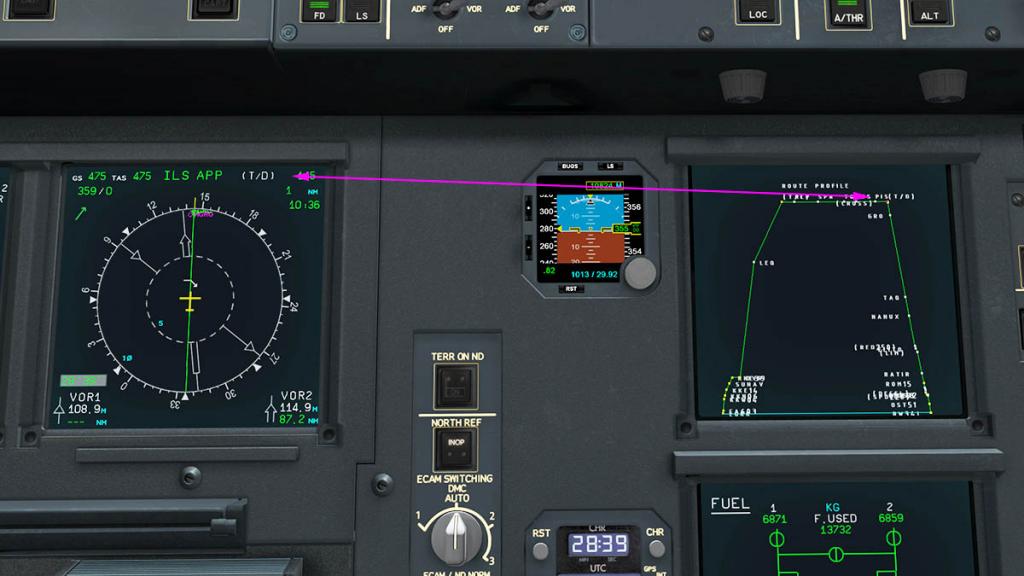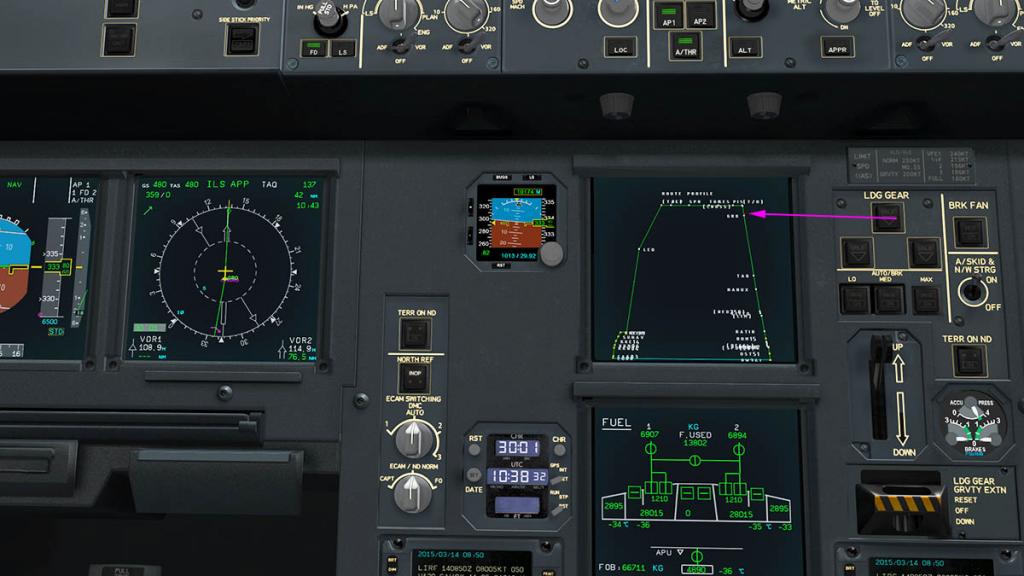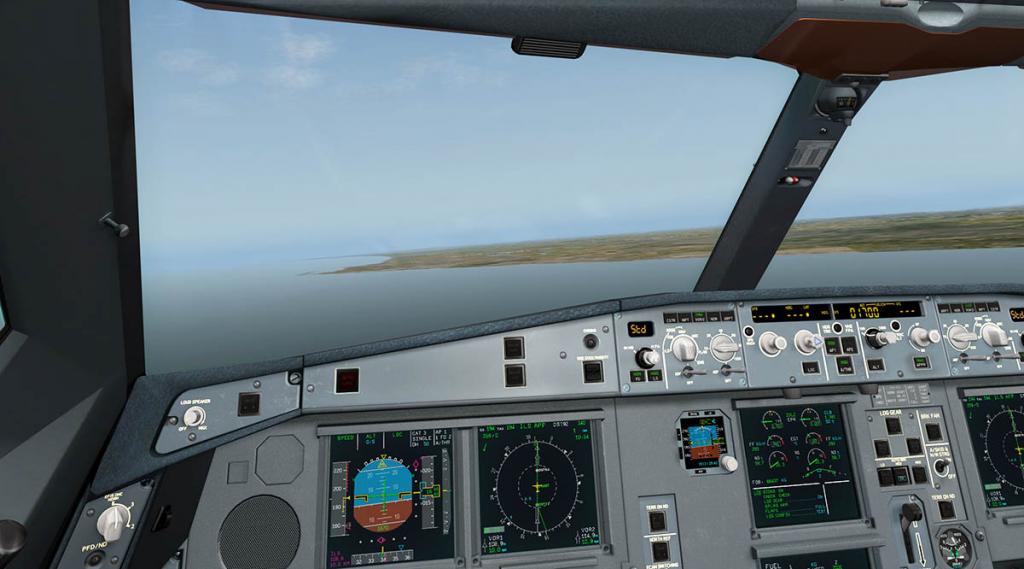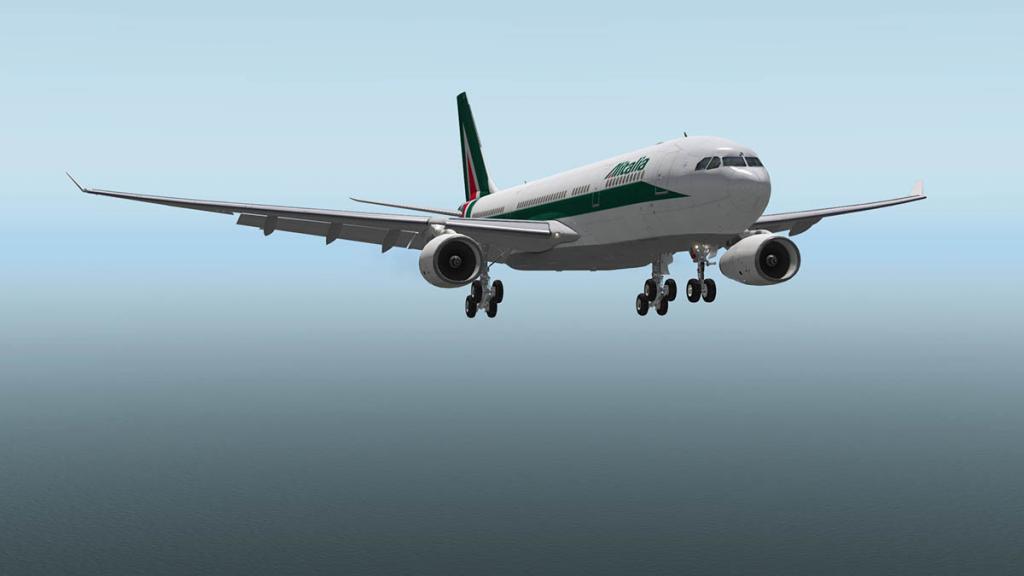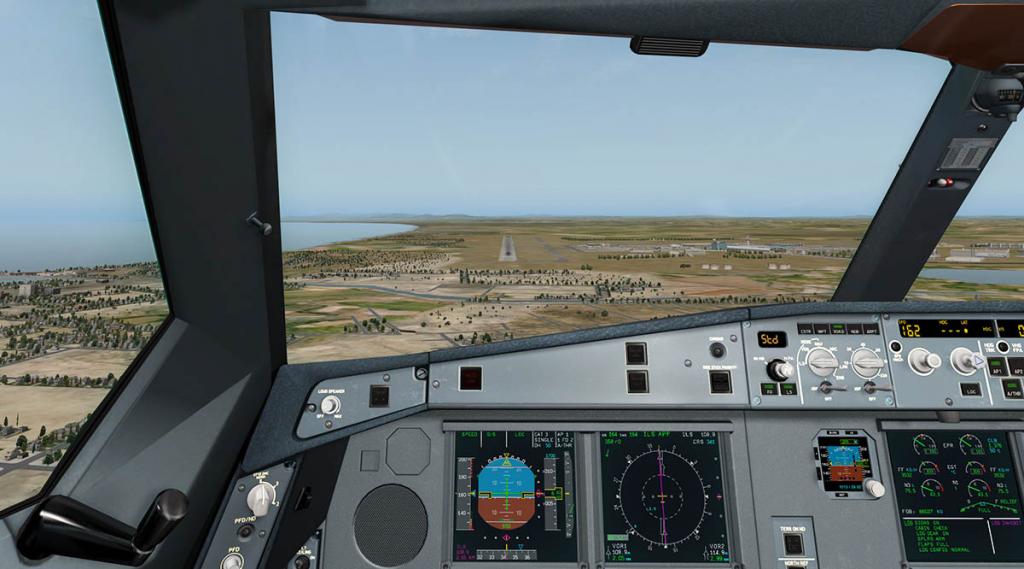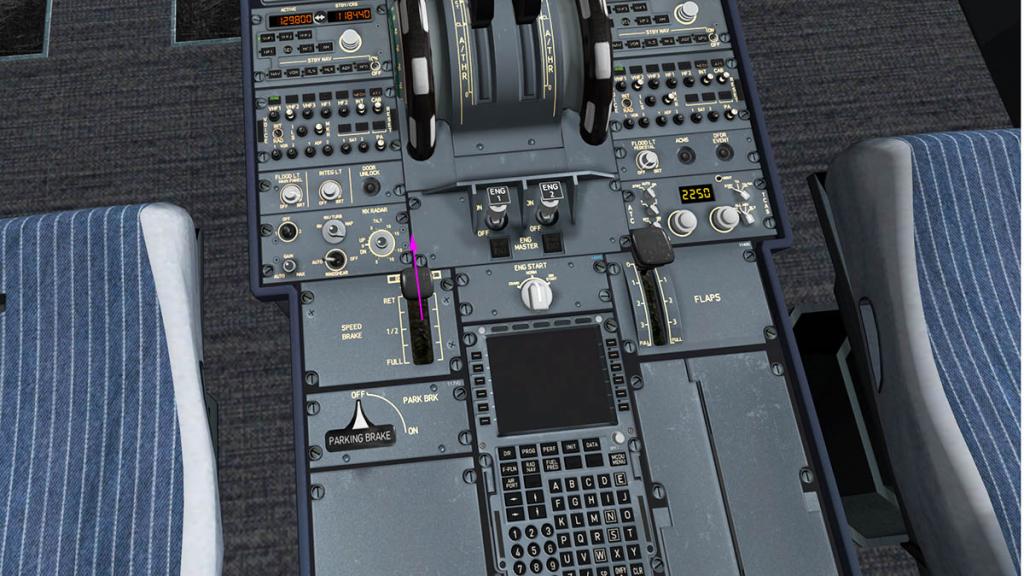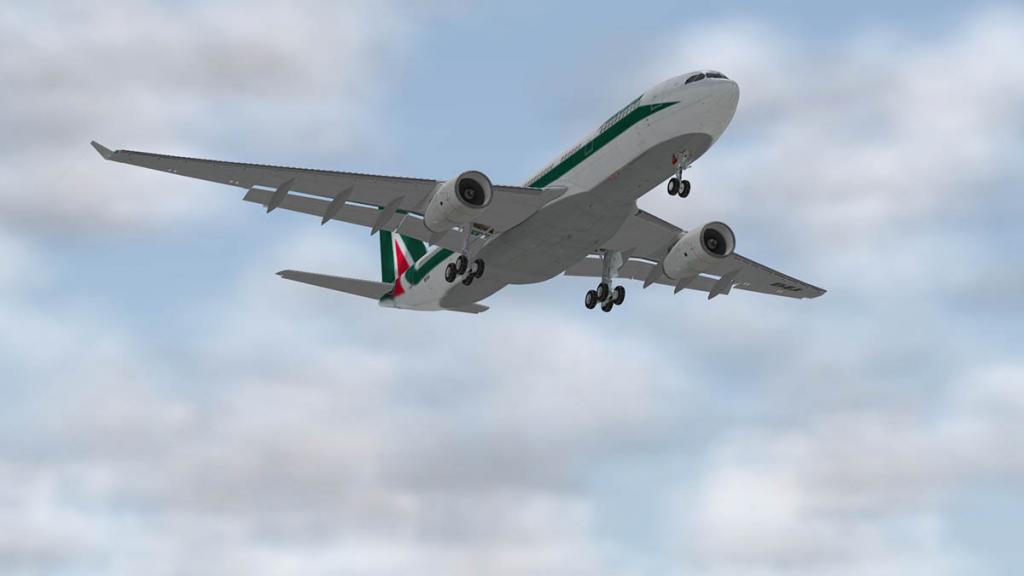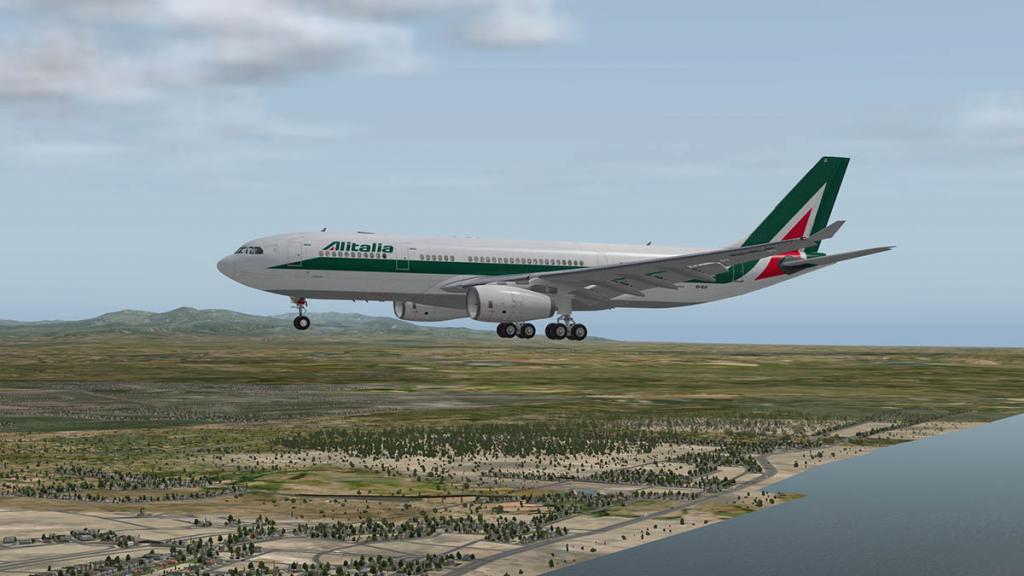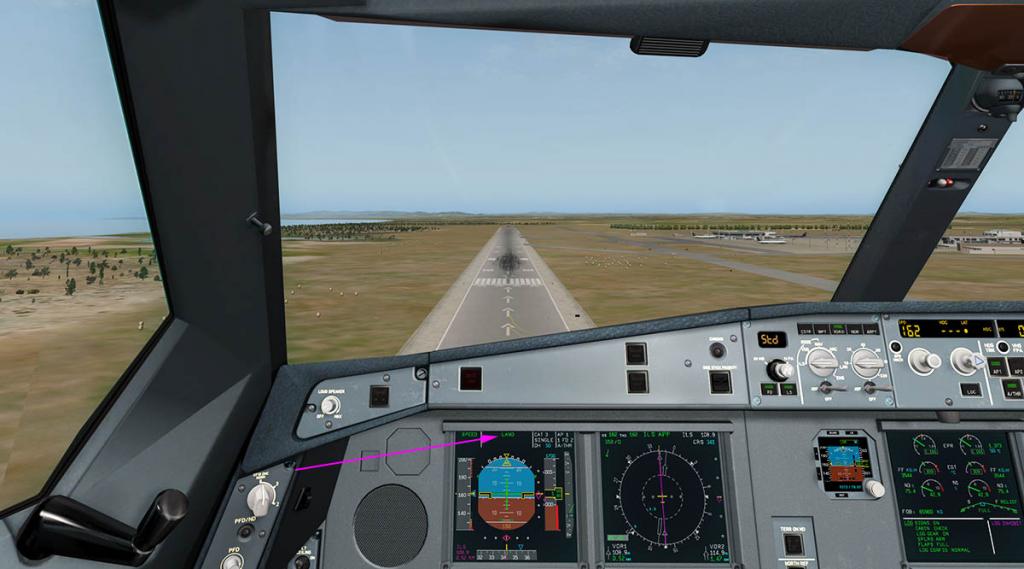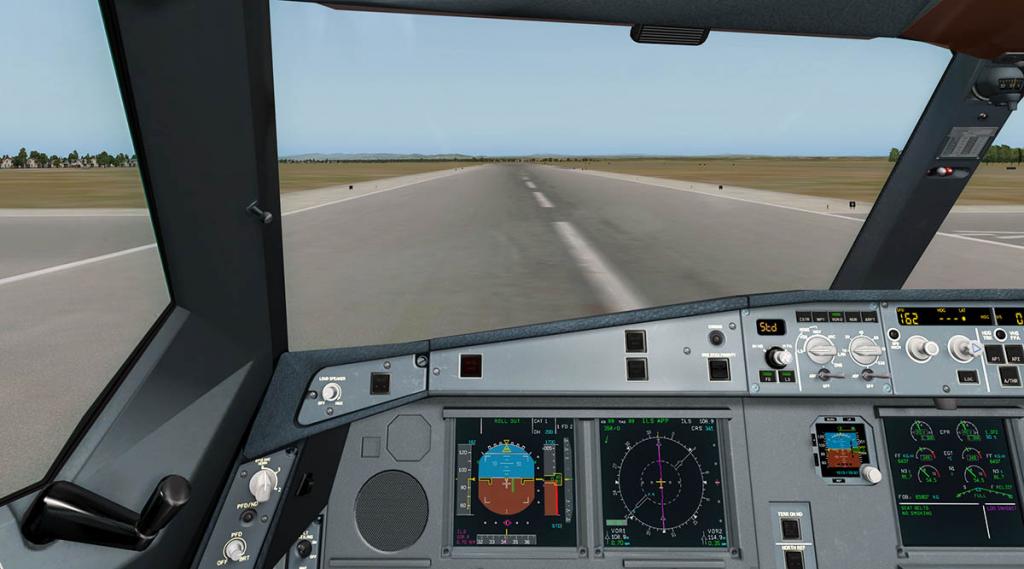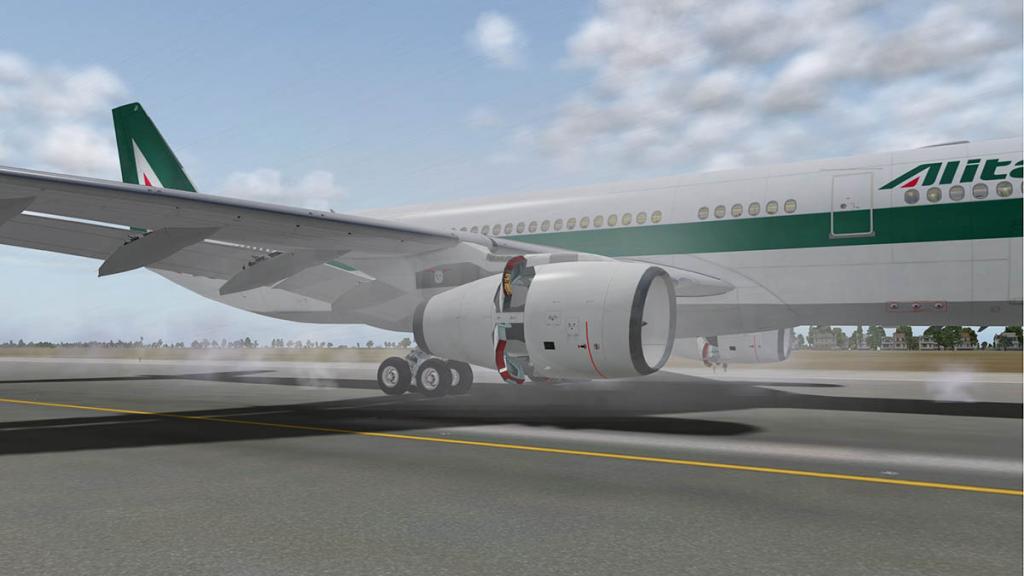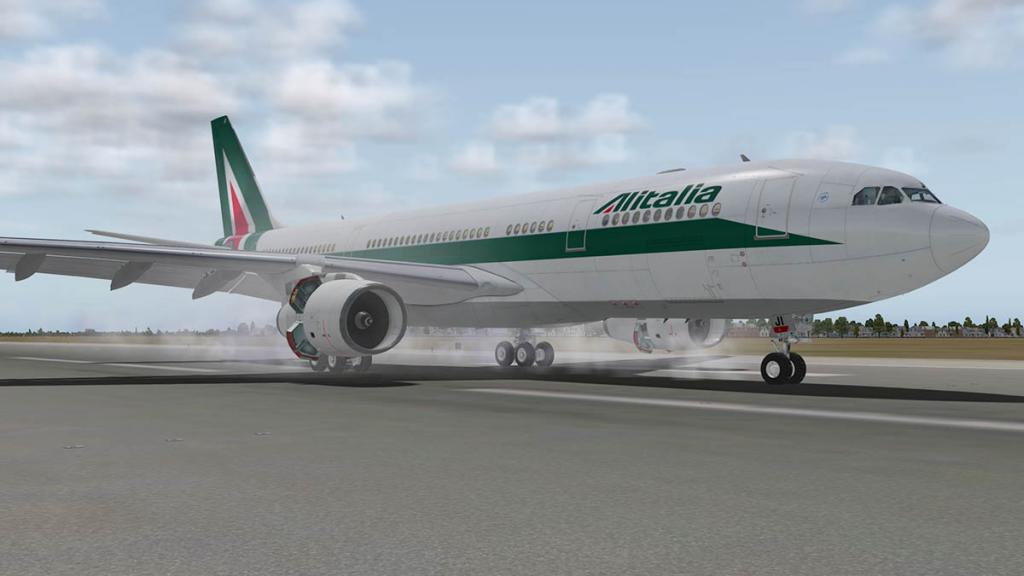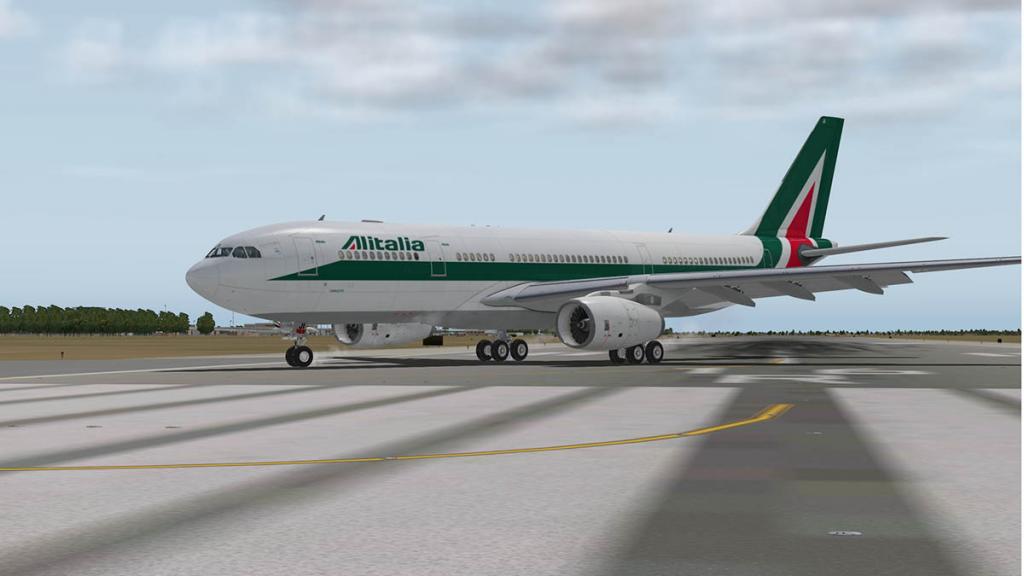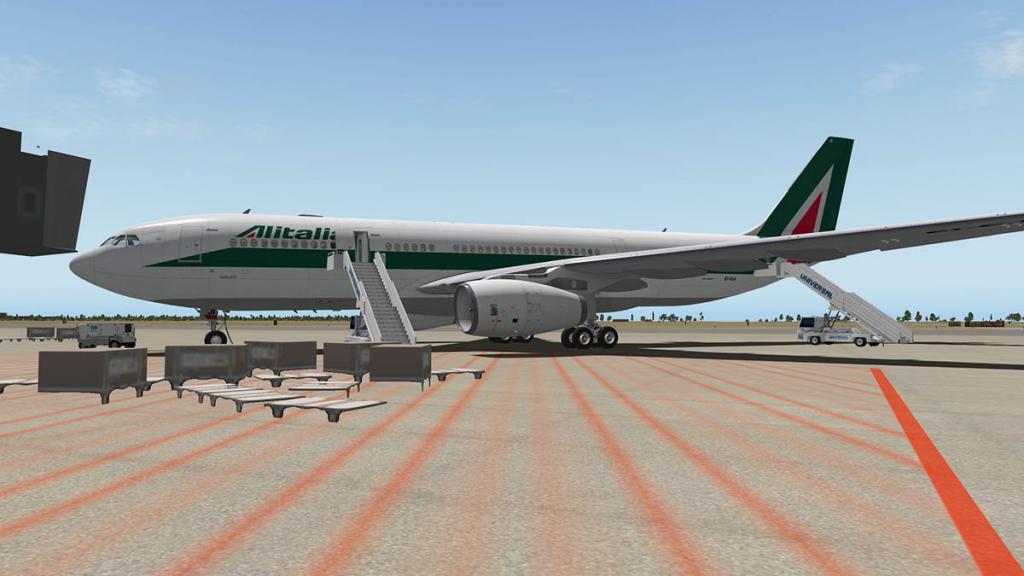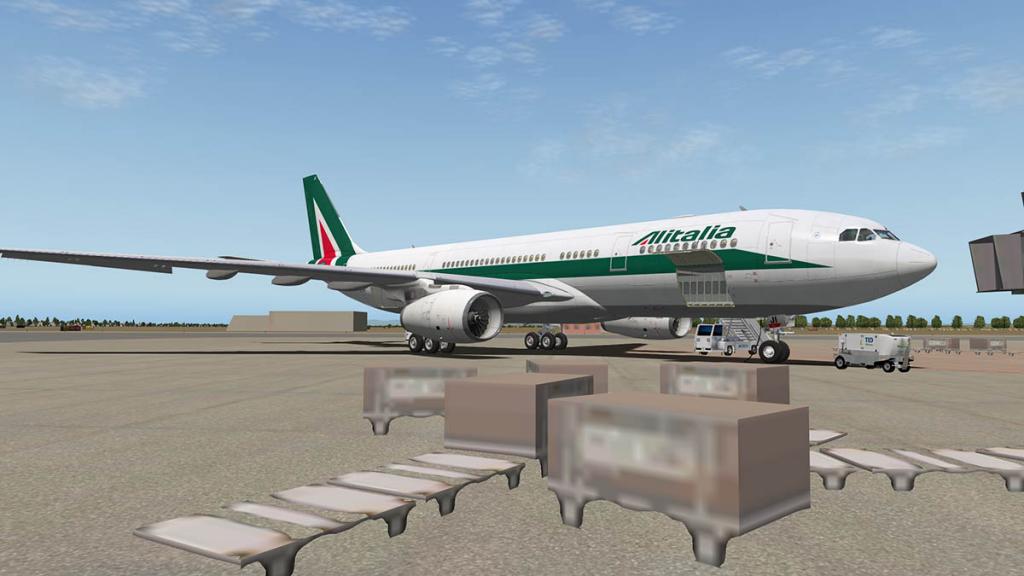Leaderboard
Popular Content
Showing content with the highest reputation on 07/07/15 in all areas
-

Aircraft Review : Airbus A330-243 by JARDesign
MercuryMat reacted to Stephen for a topic
Aircraft Review : Airbus A330-243 by JARDesign JARDesign is well known for their excellent (if slightly misnamed) A320neo as it should be the A320ceo (current engine option). When the aircraft was first released in December 2012 it created new ground in detailing and features that pushed X-Plane to the next level in flying immersion and systems, it was without doubt a new yardstick in design. At that time it was also slightly buggy, certainly in its flight modeling and profiles. But over the years the aircraft has become one of the very best in simulation and that has been mostly by the constant improvements and new features that has kept this aircraft ahead of the pack and created now one of the best experiences in X-Plane. The announcement that JARDesign's second aircraft would be the A330-243, is by and large a natural extension of the A320neo and a perfect fit in every respect. Only the thought of a good A332 with the quality of the original A320neo and its features would certainly make you want to start your savings and adding up your pennies (or nickles) for the release of this aircraft. The nature of this review is to find if the aircraft can live up to or even surpass the sort of hype and expectations that is leveled upon the aircraft in relation to its forebear's success. First point to be made is that the A332 from JARDesign is a complex and deep simulation. If you already have the A320neo you already know what I mean by that, so to those users this A332 will be actually quite easy to translate over too, which in the Airbus philosophy of the way they design their aircraft as well. But if you are new to these sort of simulation designs then the aircraft is demanding of your skills and requires a learning curve (or study) to get the very best out of the aircraft, anyone can certainly fly this aircraft, but it is also demanding to a level that requires time and practise to extract that complete performance and make that perfection of commercial flight in a simulator. In most cases here it is in the area of setting the aircraft up correctly and then flying the A330 in its profile of flight dynamics that is the demanding skill, both of course only come after practise and time. So you will need to invest your energies in those areas to feel the full power of the simulation. To a point it is that like in the real world, pilots usually spend their time on one aircraft for periods of time to be a professional on that airframe, and to a point simulation in X-Plane is now requiring users to invest time and the skills to get to the same proficiency to get to the same level of skill and knowledge to get the return on your investment. JARDesign A330-243 First view of the A330 is certainly not going to disappoint even the hardest critics. The aircraft is simply superbly modeled, simply first rate. This aircraft is fitted with the Rolls-Royce Trent 7000 engines 772.B-60 and creates 71,100 lbf (316 kN) of thrust. Engine design and textures is very well executed, you can almost smell the Jet-A fuel around this aircraft. The huge by-pass blades are perfect and the engine pylon is filled with great detail that is usually over-looked like vents and mesh screens. The wing is very complete as well with perfect spars, and as the hydraulics are powered off the ailerons droop in their loss of power. But if you are wanting the full effect of the detailing of this aircraft then the undercarriage is the place to have a good nosey around. Absolutely perfect design with everything created, as they are a perfect reproduction of the real gear and everything is reproduced here in fine detail. Highlights are the wheel rims and the hydraulic lines, up in the wheel bay is also few items, but the only slight is the connection of the main support link to the airframe, it just rests on a texture image. The whole aircraft glows in the warm sunshine (yes the sun does shine sometimes in the UK) and you want to get on board to see what have inside. But first we will note the menu system. Menu You have a drop-down menu for the A332 in the X-Plane plug-in menu. The menu has three menu selections in Ground Equipment - Doors - Settings Ground Equipment In the Ground Equipment menu there are eight selections.... Ground Equipment Call - Ground Equipment Remove - Open Loadsheet - GPU - Pushback/Towing - Fuel/Weight - Catering - Stairway Not all of them are relevant at this point in time, and so we will focus on the outside items. First is Ground Equipment Call and Ground Equipment Remove. One of the outstanding main features of the original A320neo was the great ground vehicles and animations, and here you have the same excellent feature. You can call all your Ground Equipment by selecting the first menu (Ground Equipment Call) or remove them all the same way (Ground Equipment Remove). When activated all the ground equipment will appear and then move into their respective positions around the aircraft, then the doors or hatches will open to accommodate them. Not only is the animation first rate, but the actual vehicle design and quality is excellent as well. It take a short while for the equipment to place themselves and animate the dropping of the stands and lift their catering boxes or the stairs into the correct positions, and each set of equipment can be selected to work separately in the Fuel/Weight or Catering and the Stairway from the menu. If the fuel truck is selected the pop-up fuel panel is displayed on the screen. Stairways depending on the weather will either be open or covered... I would personally like a manual choice here as I like the covered version better than the open stairs. You can connect up the GPU (Ground Power Unit) to power the aircraft, again the design of the GPU is excellent. Second menu will open all the doors, Two front, Two mid and Two rear passenger doors, Front and Rear Cargo doors and the smaller BULK cargo door. Detailing is again a highlight, animated latches open/close and even the cargo door catches and locks are detailed... There is a "Close All Doors" one click to do all doors, that is great for a quick aircraft cleanup before departure. Third menu selection in Settings, covers two items in you being able to "disable" the rain effects and a frame-rate warning message on the bottom of your screen... Cabin Inside the aircraft the cabin is well represented in three classes. The quality or the non-fuzzyness of the seating is excellent as there is no short cuts here to save frame-rate by putting in poor textures. So the cabin is a quality cabin right through the aircraft. Moving through the cabins, you realise how big and how much space there is in a modern aircraft today. Views out of the cabin windows is excellent, and you can easily find that perfect viewpoint if you like the replays of takeoffs and landing from the passenger view like I do. Externally looking into the aircraft you have a real realistic view, on the ground or in the air. And that is harder to achieve than it looks, but it works well here. Cockpit Into the office and you won't be disappointed. This cockpit is really beautifully designed. Again JARDesign created the best A320 aircraft cockpit with their original A320neo, and here you now have the best A330 cockpit in X-Plane. Quality seeps from every area, the panels are simply gorgeous beyond belief in their textures. Every knob, switch and lever is perfectly Airbus recreated and useable. The one thing that really strikes you is the sheen on the panel (certainly the Autopilot panel) as it looks so authentic. Nothing can be really singled out because it is all quite perfect. One note is that the cabin door can't be opened?, but you can also move easily into the rear cabin if you set up your X-Plane views, so a quick wizz to your favorite passenger seat view and a second wizz back to the office is easily done... Power It is time to set up the aircraft for flight, so first we need the power to come to life. As with JARDesign's A320neo the aircraft always starts up powered down or cold (It also turns off your X-Plane "Start up flight with engines running" like the A320neo as well) Battery switches (yellow) are mid overhead panel, you do have two choices in either one: Select the GPU from the menu and turn on the EXT A & B buttons for power from the external cart, or two: Start up the on board APU via the two lower switches. You now have to align the three air data inertial reference units (ADIRU) top left of the overhead panel. Now the aircraft is powering up and the display's will come alive. It was a feature of the A320neo to always start up from cold (like the A330 here) and you had to power up, align the ADIRU's, set up all the systems and god knows what more before actually flying the aircraft. Don't get me wrong, I love that sequential process and the feeling of really setting the startup of the aircraft from scratch, but it was also to me its biggest drawback in using the aircraft. I finally refined the process down to 12.32 min/sec (yes I timed it) but that is most times 12.32 secs more than I wanted to go right through the whole process again. In other words I would usually select another A320 aircraft than face all that startup process just to fly a few sectors in a the few hours I had spare to fly or complete a review. The A332 here does need a set up process as well, but there are thankfully here a few quicker routes to get flying quicker than the "going the whole hog, all the time" way. There is now a "HOT START" system on the A332 that will power up the aircraft for you!, this will show on the bottom left of your screen unless you start the startup process yourself... Just press the button and the aircraft will set itself up and be ready and powered for flight. You still have to set the GPS alignment and put in your route or flightplan, but otherwise the aircraft is ready to go, and it saves you a lot of time and waiting... Setting up the MCDU/FMC The Airbus A330 uses the excellent Thales and Smiths Aerospace "Topflight" FMS (Rev2+) FMC (Flight Management Computer) and this is based in the MCDU (Multipurpose Control & Display Unit ) on the upper pedestal. If you have flown the JARDesign Thales then there is nothing new here except the weights and performance of the A330 compared to the lighter A320 aircraft. If you know how to program the Thales system or know the system on the A320neo backwards then you may want to skip the next phase. With the ADIRU switches set to "Nav" you insert your aircraft's GPS position by inserting your route on the INIT page, in this case EGKK/LIRF for London: Gatwick to Rome: Fiumicino, type in on the scratch pad the route and insert it into Key 1 right on the MCDU, this will bring up the "Align IRS ->" and you activate by pressing Key 3 Right. The aircraft will align itself and it will take 7 minutes to do so, in some ways this is still similar to the alignment on the A320neo, but it is quicker in the set up as well. Set up of the rest of the INIT page is your flight-level, cost index and flightnumber. There is no "save" of any routes you create on the FMC, which is annoying, but you can actually make one up and save it to the "Flightplan" folder in the main A330 aircraft folder in the format "EGLL SID DVR UL9 KONAN UL607 KOK STAR EBBR" for EGLL to EBBR. and recover the flightplan by inserting "EGLLEBBR" into the "CO RTE" boxes Key 1 Left (top left). Fuel You can select a "Loadsheet" from the menu to help you configure the aircraft. Here you can insert your passengers, cargo and fuel requirements and select the right weight for the aircraft, it shows you your CoG (Center of Gravity) as well. When ready, you select the Fuel/Weight from the menu to bring the fuel truck to the aircraft and begin loading your fuel for the flight. This can be seen best by selecting the Fuel menu on the SD (Systems Display) center panel and INIT Fuel Prediction page on the MCDU. To access this secondary INIT page you select the right arrow key on the MCDU keypad to access the right page noted by the arrows on the top of the display . It is highly important this Fuel Prediction page is correct and activated as it will afect many other functions of the aircraft in flight. Perf (Performance) You can set up your performance preferences via the "PERF" key. Here in PERF's you can set the TAKE OFF - CLIMB - CRUISE - DESCENT - APPROACH - GO AROUND phases, most items will fill in automatically by pressing the corresponding key, but you need to study the items and set these portions correctly to get the best performance out of the aircraft, wrong numbers here have a significant impact on the performance of the FMS system. Most boxes are required to be filled and not glossed over, and you can set your FLEX modes correctly here also. This is the guts to flying the aircraft precisely. Route The Thales FMC is actually quite easy to program in setting up a route, the version on this A330 is quite simple and very robust with few quirks that seem to riddle these complex systems. Creating a route and installing it is quite easy and quick. Select the F-PLN Key to start your flightplan. Both of your DEP (Departure) and ARR (Arrival) airports are already shown. To start then select your DEP airport (key 1 left) of which in this case is EGKK (Gatwick). Then select your runway which today is RWY26L (a good feature is the noted length of the runway on your RWY selection), Then your SID (Standard Instrument Departure) which is DVR1X (Dover) with NO TRANS. All your selections are listed across of the top of the MCDU display. The end of your SID here is fix DVR (Dover) and then between the DVR and your ARR airport LIRF is --- F-PLAN DISCONTINUITY --- which is to note that the flightplan has a break between different points, in this case between the fix DVR and the ARR - LIRF airport positions. Next is to insert all your fixes (or waypoints) between the end of the SID and the start of the STAR (Standard Terminal Arrival Route) at your ARR airport. You can use Airports, VOR, NDB and Airways as points (fixes) on the flightplan. I use VOR fixes mainly because they are very easy to insert and have distances that can be checked built in. So my first VOR fix after DVR is LEQ (Lesquin) which is inserted. To insert a fix you type in the fix in the scratch box, in this case my next VOR fix is RLP (Rolampont) and to insert it I press the key to overwrite my last Fix of LEQ? (key 3 Left) That may sound odd to replace the last fix, but the system does not do that but actually inserts the fix in the next line below (Some FMC's do insert on the next line below, but not in the Thales). From this point on I just continued to insert all my waypoints to the start of the STAR at LIRF with the last fix of GRO (Grosseto). Now I select my ARR airport of LIRF (Key 5 Left) and select my arrival runway in RWY34L (ILS). Next is to select your STAR approach and I am using TAQ1C and that is inserted via the relevant key and also NO TRANS is inserted on the right side Key, the STAR arrival selections are listed across of the top of the MCDU display. Pressing NOTE: It is significantly important you select the right ARR Runway... In this case ILS34L, if you select say VOR34L it will not lock on to the approach... and there is a few different ones in there to choose from? So always look down the list for the ILS approach. On the main flightplan display you now have to join up the end of the inserted fixes to the STAR Approach, this means deleting the --- F-PLAN DISCONTINUITY --- in between. To do this is simple, just press CLR key to put "CLR" in the scratch box and then delete the --- F-PLAN DISCONTINUITY --- by pressing the relevant key (Key 3 Left) to delete the DISCONTINUITY. Your flightplan is complete, but you now have to activate the plan to the system. To do this you select INSERT (Key 6 Right) to activate the flightplan which will turn green. You have the option here to also CANCEL the flightplan to start again by pressing (Key 6 Left). You can activate the flightplan (Green) at any point during the setting up of the flightplan even if the flightplan is not complete. You can see how the flight plan with the inserted SID and STARS looks like (or to find any wrong issues or fixes) by switching the ND (Navigation Display) mode to PLAN on the EFIS panel on the glare shield. You can see on the ND (Navigation Display) the route and you can move through the route by pressing the arrows (up or down) through all the waypoints on the MCDU key pad. (shown above is both the active SID and STAR routes) If you have already set the Flight Level on the INIT page you will find as you change the weight and Fuel of the aircraft,and then inserted other items and activated the Flightplan... the FL inserted disappears? So you have to go back after activating the flightplan and reinsert the Flight Level (FL) on the INIT Page, and you can now also change your flight level (with the fuel now loaded) to a higher FL than you could when you started... In this case FL335. When you do this, the flightplan will then change to show your running time to your destination and flight altitude profiles on the main flightplan for you to use. As noted, programming the MCDU with a route is actually quite quick to do, and easy as well. In all cases you should be ready at the same point the ADIRU's are aligned and the aircraft with the green activated flightplan is usually ready to go. Aircraft Start Engine starts are very easy on airbus aircraft as the process is mostly automatic. APU (Auxiliary Power Unit) need to be running and "Avail" on the Overhead panel, switch on the APU BLEED button and turn the Bleed switch to OPEN. Beacon lights on to warning the rampers that you are now going to power up the aircraft. The engine ignition switch is below the throttles on the pedestal, and goes to "ON Start"... Only thing to do now is push up the switch of which engine you want to start, in this case engine two. The rest of the engine start up procedure is now automatic, and when both engines are running you switch off the ignition switch and the overhead bleed switch and APU bleed button. Note the excellent DCDU (Datalink Control and Display Unit) that shows DEP and ARR airports Metar weather reports (DEP and ARR Airports must be inserted in the MCDU for this to work). SD (Systems Display) The SD screen centre lower panel is your visual information point for the aircraft called ECAM (Electronic Centralized Aircraft Monitor), you can select the different screens by pressing the control panel buttons on the pedestal below. A great feature is the "Please Wait" intermediate screen, it pauses while transferring you to the relevant screen... very realistic. The JARDesign A330 comes with full working systems that include Air Conditioning, Pressurization, APU, Electrical, Oxygen, Fuel, Hydraulic, Ice and Rain Protection, Indicating Recording Systems, Landing Gear, Pneumatics, Power Plants and every aspect can be observed here, all system items are accessed by the comprehensive overhead panel. Mostly the aircraft is in auto mode, or a clean board. You rarely have to adjust anything ready for flight except for the Cockpit and Cabin temperatures. Pushback/Pull The A330 comes with its built in Pushback/Pull tractor. The Pushback/Pull tractor can be called by the menu. It will take its time to latch on to the front gear of the aircraft, when the tractor is in place it doesn't mean it is ready to pushback. It still animated to open latches and finally grab your front steering gear. You have a remote control outline on the very left of your screen to control the tractor, the button's are ambiguous and not outlined, so you have to sort of guess where they are? push once for one speed and twice to go faster, stop is the button in the middle. It takes a little practise to get the tractor to do what you want it to do, because the time you press the stop button to the point the tractor actually stops usually means the aircraft is out of angle to the taxiway? You get it right... finally after several goes. Click remove and the tractor just "bummmpfs" and is gone! as there is no unlatching animation at the end and drive away from the A330 like at the start? Tractor design is however excellent. Taxi I'm not going flying yet but still to load my passengers at the gate. EGKK is very busy today, so I did most of the preparations and cargo loading at the remote ramp and a quick taxi is required to collect the humans (sorry fare paying passengers). A bit of throttle is needed to get the aircraft moving, but only a slight thrust is needed to keep the momentum. You have "Terr on ND" like on the A320neo, which you can switch between the standard Navigation Display (ND) and the "Terrain" mode and the "taxi" mode, which shows you your position on the local map on the ND screen. Great as it is, it is also a frame-rate user, so keep its use to minimal. Aircraft works fine with the animated airbridges, and soon we are ready to depart... Pushback again and you are soon back into the taxi and heading RWY26L, and Flap 1 Flying the A330-243 At 237300lbs the aircraft is quite heavy and you can feel that weight, certainly once you put up the power and release the brakes. The A332 takes awhile to gather momentum, very slowly, but surely. Vr at rotate is 165+10 knts and the aircraft is very slow to respond into the air, you need to have a full control of the pitch which is required at 15º, but you wrestle the aircraft airborne and try to keep that momentum, selecting "THR CLB" has no effect. The A332 seems to lose a lot of speed at the 15º angle and I'm not completely happy with that, as speed should be constant and you seem to be sliding back and too close to Alpha Floor? This without the FLEX mode set. If you don't get the angle of attack right and the correct speed it is very hard to switch on the Autopilot and not get a quick alert as the AP disconnects again? The AP wants a higher pitch degree, but you can't do that because the speed is too low? so your best bet is to get the speed up then adjust to a higher pitch and then activate the AP. I climbed to 8000ft, and then retracted the flaps to zero. And from that point on the climb to 33,000ft was quite easy with 1800fpm to FL220 and 1000fpm to FL260 and finally 500fpm to FL330, then I then stepped three times at 300fpm up to my final cruise altitude of FL355. Climbing out of EGKK (Gatwick) is exhilarating, and the second officer call outs were very realistic. But you have to watch your speed and adjust the pitch to get the best performance to your climb. Once the takeoff has commenced the UTC time will sync with your local time, and with the flightplan. Which is very useful in the context of distance and time to your destination, but also times to the next fix in the flightplan. You can see the route profile by pressing the "North Ref" button on the panel. Here I am climbing higher than the plan, but I found the profile too shallow at the start and no altitude steps in there, you can of course adjust that, but you would need to work out your best profile for that in advance. But for now a few manual fights would give me the numbers to better adjust the profile later to my liking. TOC (Top of Cruise) is noted on the flightplan and on your Nav display The A330-243 looks magnificent in the air, a simply beautiful aircraft, with the HDR on the aircraft glows. There are two blinds that can be pulled down with one on the front window or side blind on the front side window. The drop down blind is excellent as it can be positioned in just the place you want. Cockpit lighting is first rate, with fully adjustable panel lighting (and drop down), instrument highlight lighting, overhead main cockpit lighting (very real) and four spot lights that are adjustable for brightness. Cabin lighting internally is excellent, very realistic and the external lighting also very good, certainly the view through the cabin windows, but the Logo tail light didn't work with HDR on? As the European Alps drew nearer, you think about how good this aircraft really is, sounds are very good in most instances, from the startup, cockpit, take off and cruise sounds, but the external is a very focused 3d sound and towards the tail, good but feels a little blank everywhere else. But there is a way included to customise soundsets and build your own sound effects for the aircraft. Internal announcements are automatic so you don't need a separate "announcement" menu, I find this way far better as you don't have to do anything and they are highly realistic in the background. Call outs are excellent right across the board (If a little loud). There is "Fault Panel" listed in the MCDU menu, and you can turn it on or off on the menu, and you can also in this menu on the MCDU adjust the sound settings, Turbulence on/off (be careful you don't over do the turbulence with the X-Plane weather settings, because you can easily send the aircraft into a spin?) and the Shake Camera on/off setting (which we will come to on landing). The sound settings is comprehensive, so you can find the volumes that you would easily like. Liveries There is only one livery with the aircraft, the default Airbus "House" livery... However like with the A320neo there is a smorgasboard of liveries available from the JARDesign site or from the X-Plane.Org, and all are free... here is a small selection. Panel The main Flight Display for the PFD (Primary Flight Display) is pure airbus with Normal Law, Alternate Law and Direct Law... Speed tapes and altitude tapes with V/S Vertical Speed pointers are all standard Airbus issue. The Navigation Display (ND) has everything you need with "Rose" functions Standard, VOR and ILS. ARC and PLAN positions are also available and note the detailing of the current timer noted in the ND display. ADF and VOR selections are also available and can be set either via the radio panel or MCDU Radio page (Which is quicker) All instrument displays are complex, adjustable and highly realistic... I will note again that to get the best out of the displays and for the display of information, it is all in the MCDU set up. So it is important to get that right at the start of the flight. You can see the local map view (directly down) on the ND in the air, by pressing the "Terr on ND" button, handy if you want see if you are flying over a certain place or city. A note to set the VOR on the radio. Mostly we use the ARR VOR (OST - OSTIA 114.90) to show our distance and position to the ARR airport. But it is best to set the VOR on the Radio on the pedestal and not the one in the MCDU? You get a lock C-O to note the VOR Freq and it sets the VOR Frequency not on the right, but the left top of the FMC? Just make sure it is locked in to the correct placement point. There is a PROG (Progress) page, but it isn't as good as what you get on the Boeings, just some altitudes and the distance to next waypoint? Time to go down as we are reaching the point on the flight profile of ToC (Top of Cruise) which is shown on the ND and the MCDU display. I followed the flightplan profile down directly but I was not happy with it? It put me too high were I should have been 5000ft lower and slower. I corrected it manually, but be careful if you don't adjust the flightplan and follow it blindly by having faith in it. No doubt these are significant areas for adjustment to your flightplan and flight planning. Rome is visual now, but we are landing to the south of LIRF and the passengers get a closer view of Italy. Now into the STAR we pass RATIR fix and turn out to the coast at a projected 3000ft. On finals and I found I was too fast and needed to adjust the speed manually. You require the LS button active to show the vertical and horizontal ILS alignments on the PFD... Then pressing APP to lock onto ILS34L... note again that you select the right runway from the ARR list selection? Get that wrong and your frustration in a non-lock will totally ruin your landing? Ready for landing, I set my speed to 171knts and arm the "airbrakes". It is just a very small arrow that you push to do the actual arming, so make sure that they are armed by the Warning Display E/WD on the panel. ILS34L capture is on the money and I adjust my speed down to 162knts, Gear down and the rear bogies cantor back. Height call outs are excellent and at 200ft the Auto "Land" takes over and is displayed on the PRD... nice flare and your down. Don't fight the aircraft in the landing sequence, it does a very good job for you, so just go along for the ride. On landing your world starts to shake! And then vibrate madly as it does on a real landing. This is the "Shake Camera" feature, and works... really well. very realistic. Sadly the image does not does do the action justice. Engine thrust reversers are the "open" the doors then throttle up control, throttle down and disconnect and work very well and are highly effective on running off the speed, you get a clap from the passengers if you get it all right... Clean up and taxi nicely to the gate... Engine shutdown and open up the aircraft and cargo doors. How good was that flight... simply brilliant. The Airbus A330 is a medium wide-body twin-engine jet airliner made by Airbus, a division of Airbus Group. Versions of the A330 have a range of 7,400 to 13,430 kilometres (4,000 to 7,250 nmi) and can accommodate up to 335 passengers in a two-class layout or carry 70 tonnes (150,000 lb) of cargo. The A330-300, the first variant, took its maiden flight in November 1992 and entered passenger service with Air Inter in January 1994. Responding to dwindling sales, Airbus followed up with the slightly shorter A330-200 variant in 1998 which is the aircraft here. As of January 2015, A330 orders stand at 1,352, of which 1,159 have been delivered. This A330ceo (current engine option) since 2014) is to be replaced by the A330neo, which includes new engines and other improvements, and on 19 November 2014, Delta Air Lines became the first airline to announce a firm order for the Airbus A330neo by ordering 25 A330-900neo aircraft. Specifications A330-200: Max speed - Mach 0.86 (913 km/h or 493 kn or 567 mph at 11,000 m or 36,000 ft cruise altitude) : Cruise Speed - Mach 0.82 (871 km/h or 470 kn or 541 mph at 11,000 m or 36,000 ft cruise altitude) : Range - 13,400 km (7,200 nmi) : Service Ceiling - 12,527 m (41,100 ft) - Max 13,000 ((42,651 ft)) : MTOW - 242,000 kg (534,000 lb). Summary There is no doubt this Airbus A330-243 from JARDesign is aimed at the upper professional market. That is not saying anyone can fly this aircraft, because they can. But it is a professional aircraft and demands time to get the full rewards and flying profiles to really understand what you have here... Preflight, there is a lot to do and insert in data, and you have to dot all your i's and cross all your t's to see what you want in the simulation. The "Hot Start" feature is hugely welcome and even programming the MCDU is quite easy once you understand the process. But you really have to commit to study of Airbus manuals and flight profiles to understand how the systems all work and set up the correct flight configurations, because mostly everything that a real A330 does is in here as well, so you have to approach the aircraft from that perspective. In features and quality you have a smorgasbord (that word again) and brilliant animations abound, and the quality is outstanding on everything from the extreme detailing of the aircraft to the clever ground equipment and even that "shake" on landing will bring a smile to your face... its brilliant, but very complex so expect a few bugs with the early releases. I actually found and why I made those study notes is because the more you know the aircraft the less things can look like actual issues, like I mentioned time and familiarity with the aircraft does in every case fixes things that can go wrong (or look like they are going wrong) like with the case of a simple thing of selecting the wrong runway selection in the process of building your flightplan. If you understand that point, you understand what I am try to demonstrate about what this A330-200 is all about... "The devil is certainly deep in the details" No doubt the JARDesign A330-243 is one of the best X-Plane investments, you will want nothing else to fly in this category and the aircraft will return years of great simulation flying and a great hangar companion to the JARDesign A320neo, If you loved the A320neo, then the A330-243 will put you into a seventh heaven... Its that good.... a simply superb aircraft.... _____________________________________________________________________________________ The Airbus A330-243 by JARDesign is now available from the X-Plane.Org Store here : Airbus A330-243 and is priced at only US$60.95 It is noted that only a WINDOWS version is available at this time. I am Mac OS and I had very few issues with the aircraft, but one does stand out. I found that if you move the aircraft via the X-Plane Local Map or place the aircraft at a gate via the airports selection it will crash! The issue to me is that the SASL plugin does not restart cleanly when the aircraft is moved within X-Plane? A start up from the desktop (Or clean start as I call it) will give you no issues. Installation : Download is 301.70mb that is unzipped to 467.20mb to your X-Plane - "Heavy Aircraft" Folder. Online key activation and serial number required.(I recommend a full desktop restart to reset the SASL plugin after key activation!) It is advised that you require a for best performance, you need a 3Gb Video Card? I found that frame-rate is very good and performance is on par with the Flight Factor professional aircraft (B777/B757). HDR can be limited, but otherwise I found the aircraft ran perfectly well with my settings and computer specifications with no limitations except the usual scenery and weather pull downs. I found a very good pilot briefing manual for the A330-200 Aircraft... 7.03mb A330_Flight_Deck_and_Systems_Briefing_For_Pilots.pdf Requirements: Windows only at this time! (Mac coming soon) X-Plane 10.35+, with HDR mode ON, CPU: 2,4Ghz Multi-core. Memory: 8 GB RAM. Video Card: 2Gb VRAM. 64 bit OS high-precision joystick, rudder pedals, throttle controller (separate throttle controllers not support now). For best performance, you need a 3Gb Video Card Features Detailed Virtual cockpit Detailed Exterior Ground equipment included: Tow tractor, fuel truck, stairways, catering truck are included in pack and managed from menu. Systems Simulated: Air Conditioning, Pressurization APU , Auto Flight , Communications , Doors , Electrical , Equipment , Flight Controls , Oxygen Fuel , Hydraulic , Ice and Rain Protection , Indicating Recording Systems , Landing Gear , Lights Navigation , Pneumatic , Power Plant. Tested by real Airbus pilots Real Airbus pilots and technicians helped in the development and testing. New 3D-sound engine An easy way to customize soundest and build your own sound effects. Navigation Data The A330 comes with the NavDataPro dataset by Aerosoft. _____________________________________________________________________________________ Developer site : JARDesign Group Review by Stephen Dutton 17th April 2015 Copyright©2015: X-Plane Reviews Review System Specifications: Computer System: - 2.66 Ghz Intel Core i5 iMac 27” - 9 Gb 1067 Mhz DDR3 - ATI Radeon HD 6970M 2048 mb - Seagate 256gb SSD Software: - Mac OS Yosemite 10.10.1 - X-Plane 10 Global ver 10.35 (final) Addons - Saitek x52 Pro system Joystick and Throttle - Bose - Soundlink Mini Scenery - EGKK - Gatwick Airport, United Kingdom by tdg (X-Plane.org) - Free - LIRF - Roma Fiumicino Leonardo Da Vinci Airport 3.01 by Seaman2020 (original work by wehrlipub) (X-Plane.org) - Free1 point

